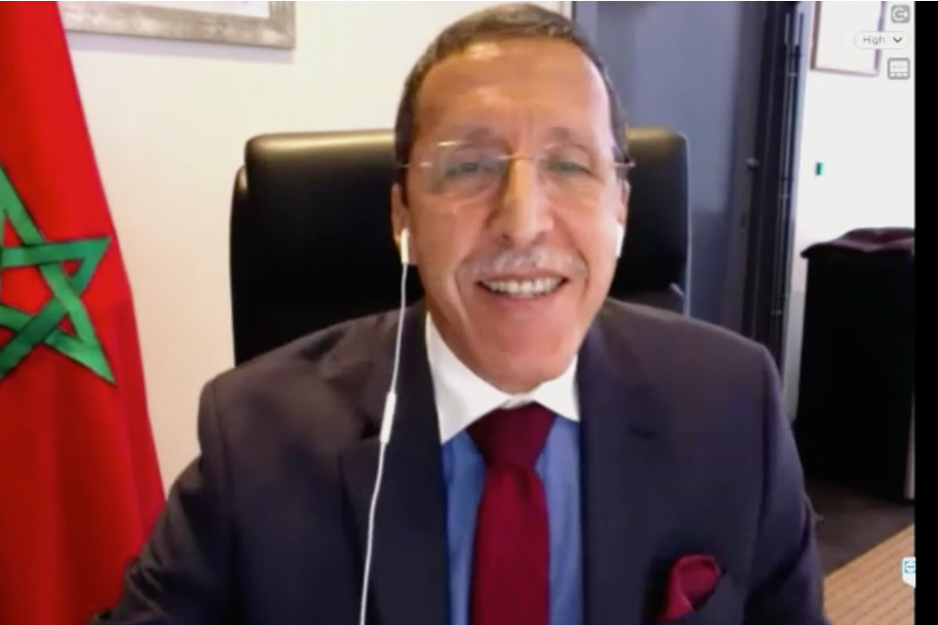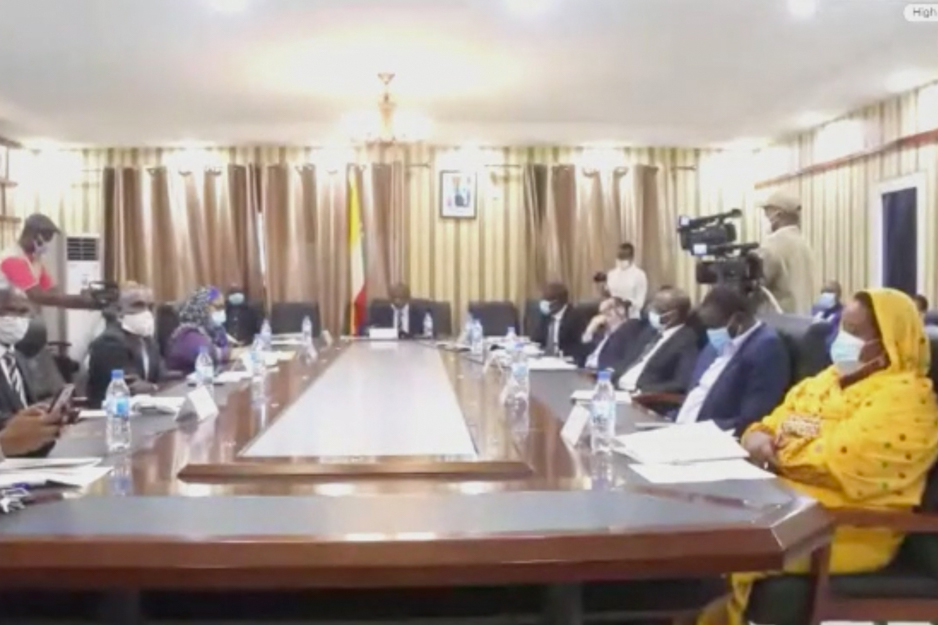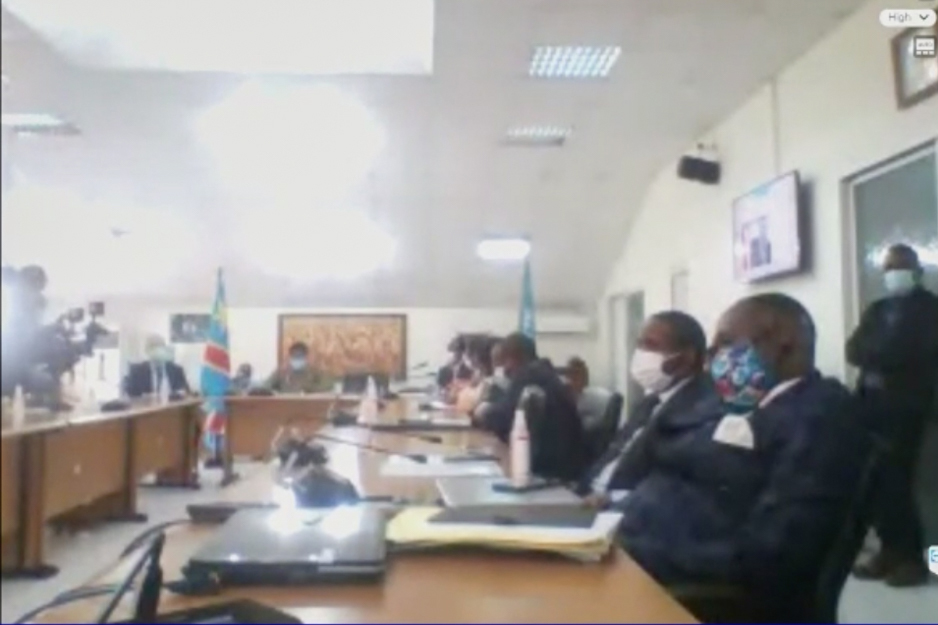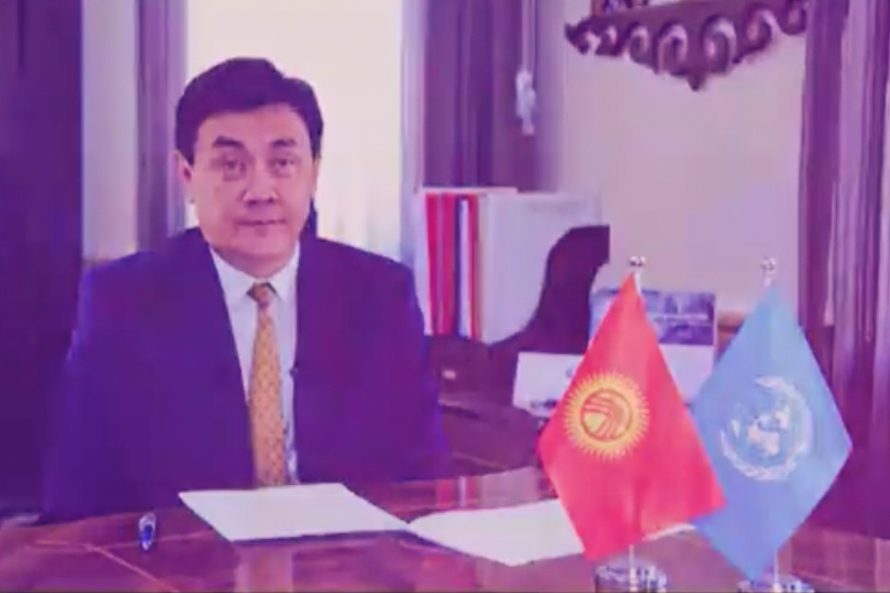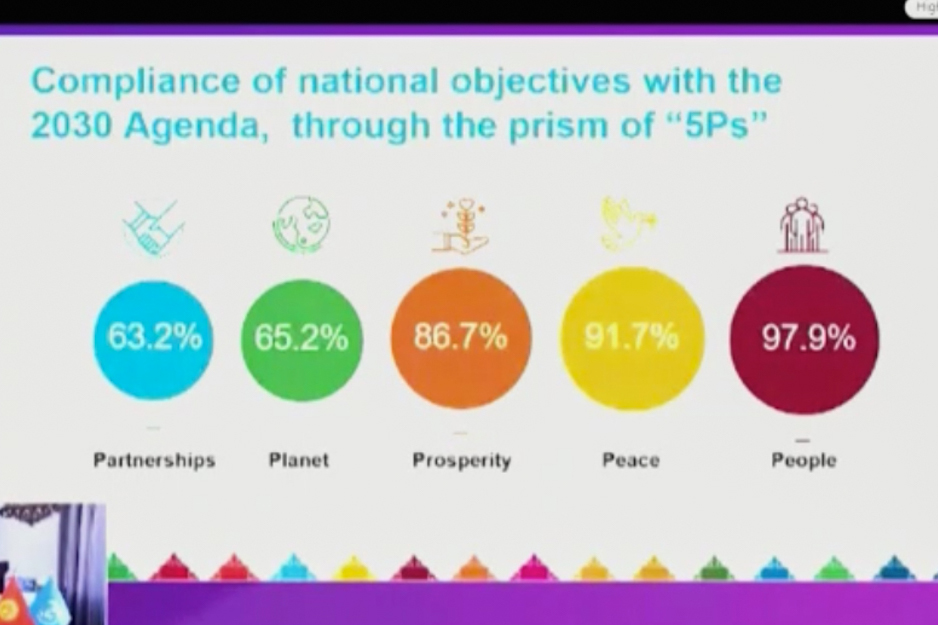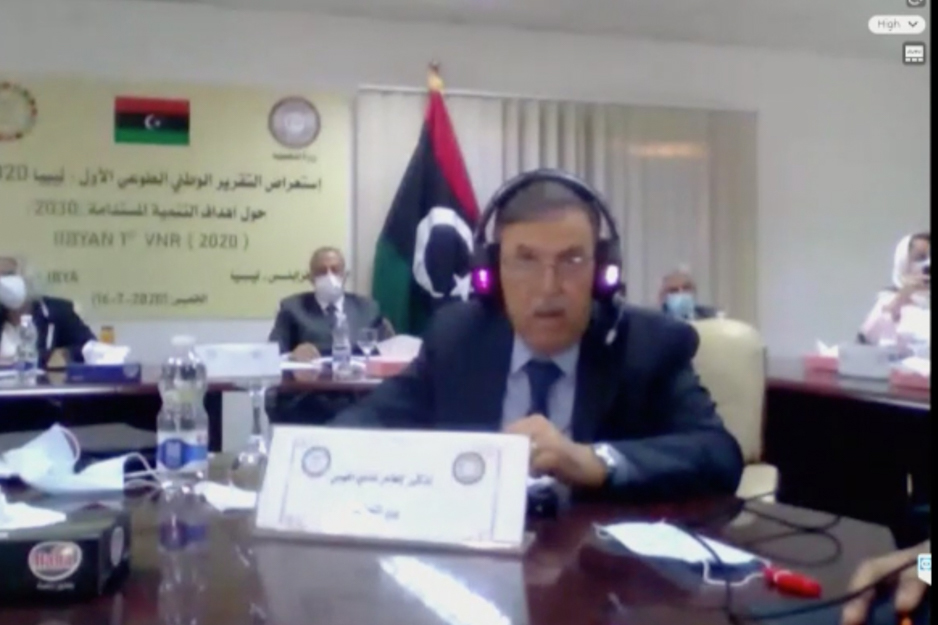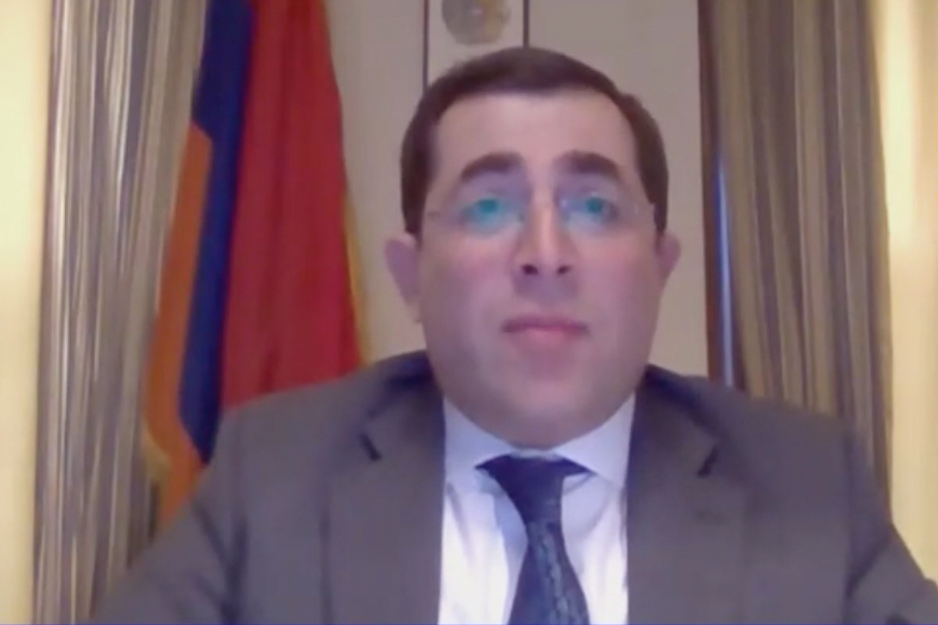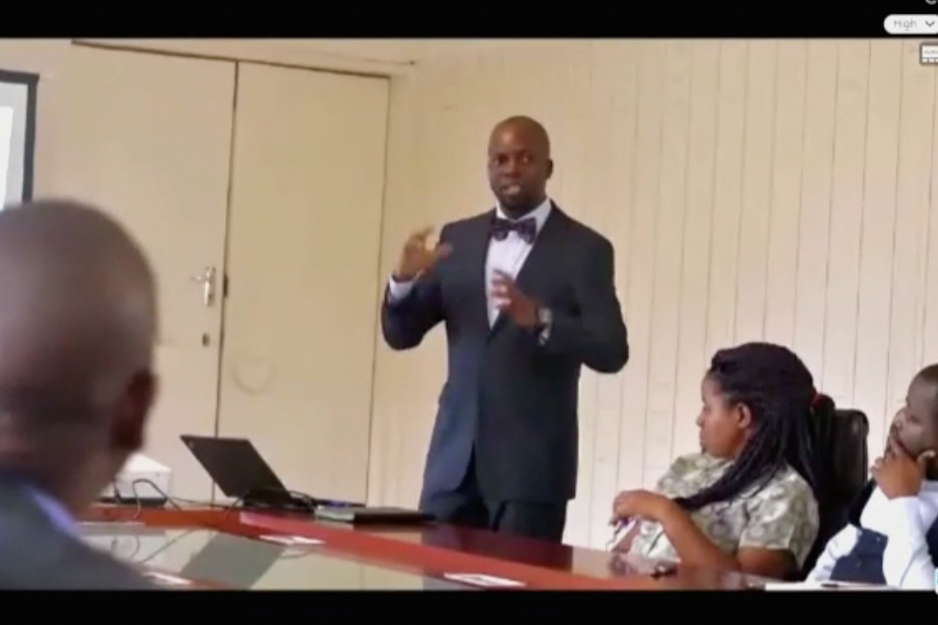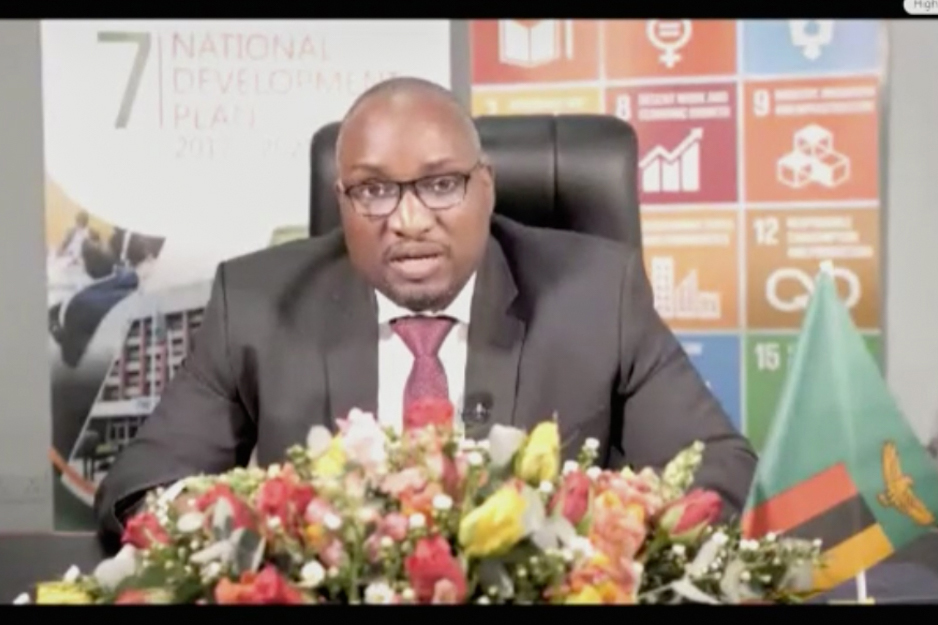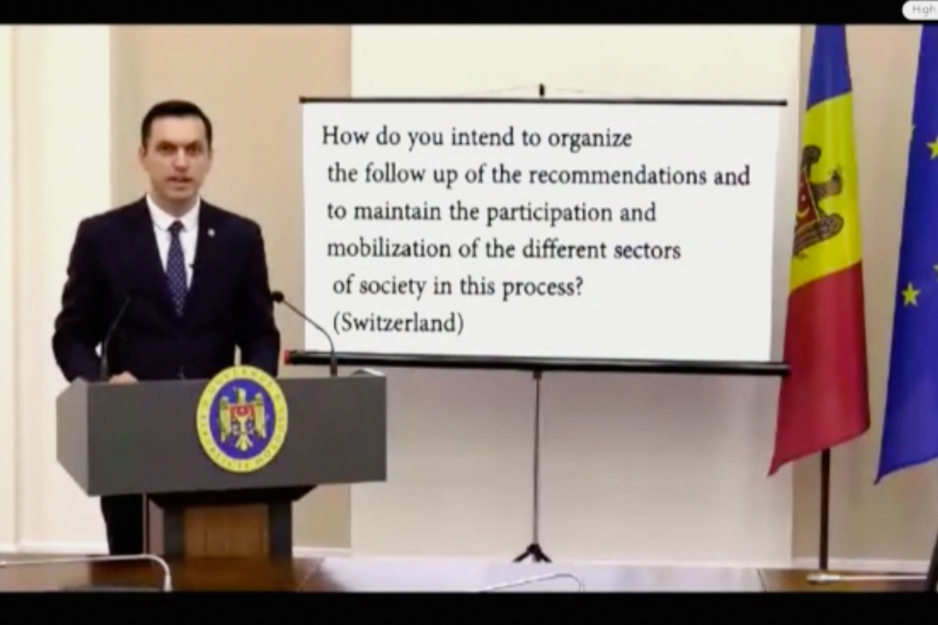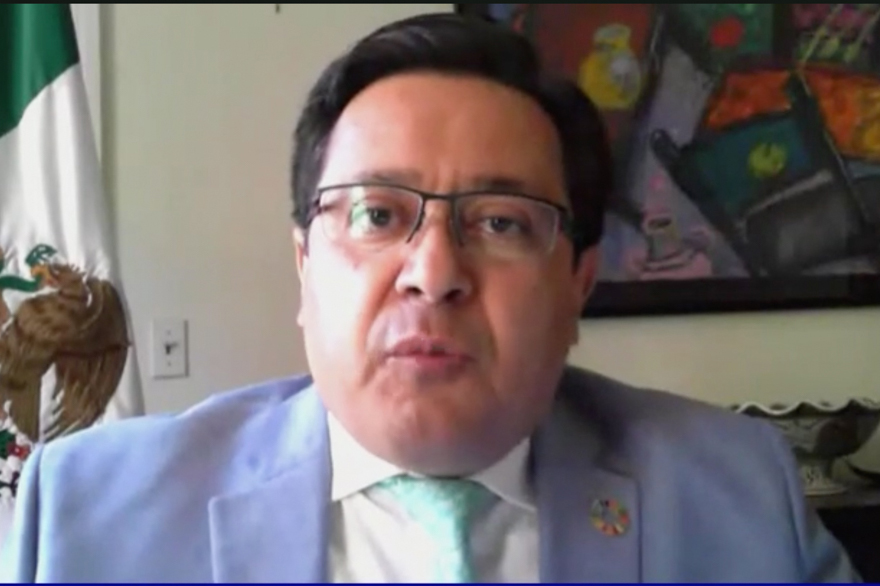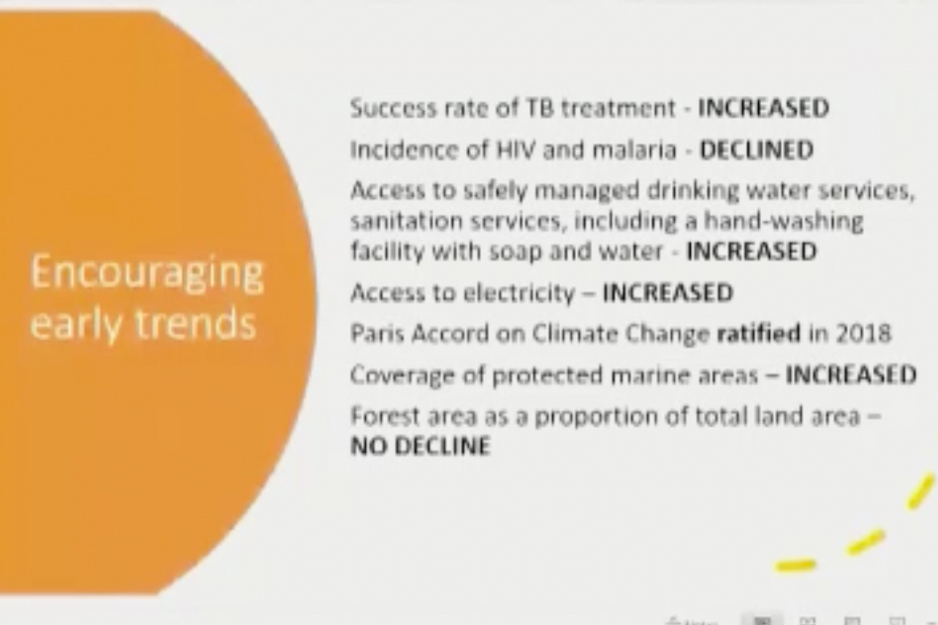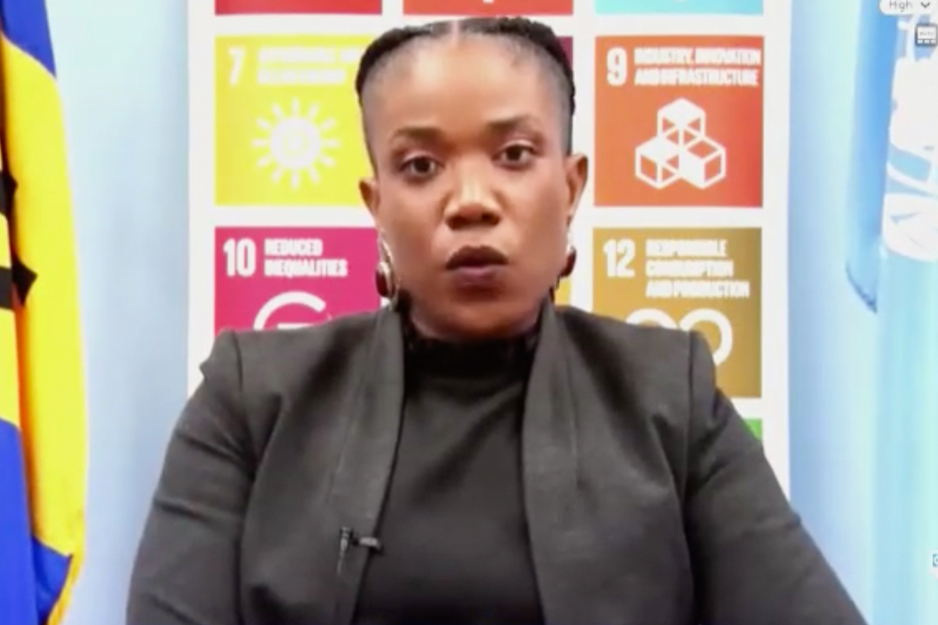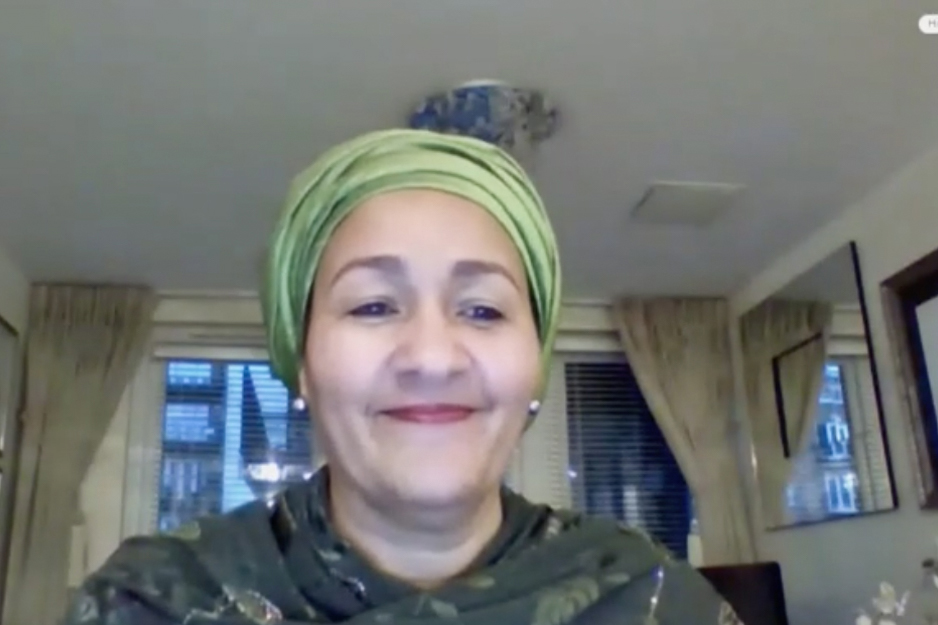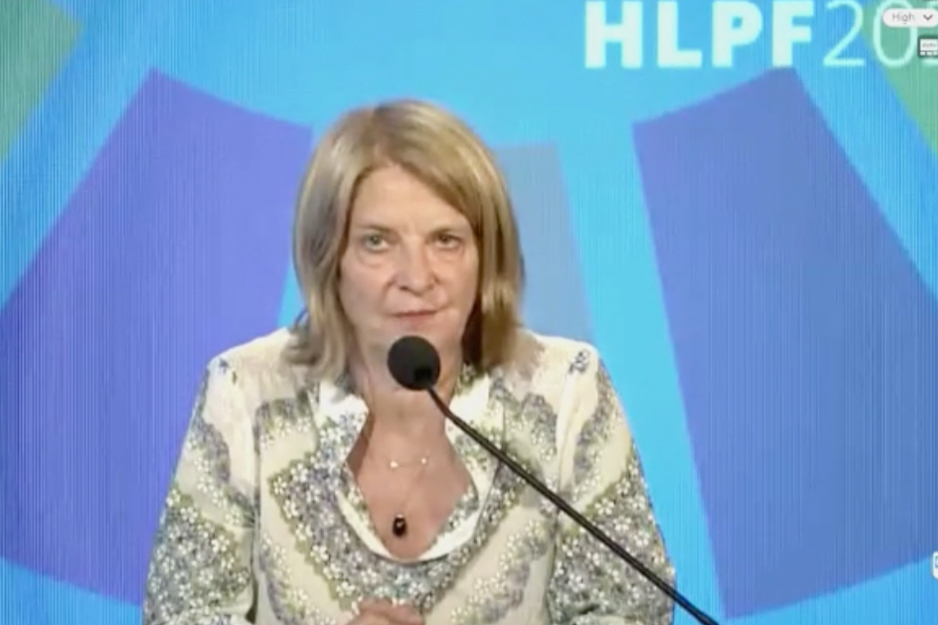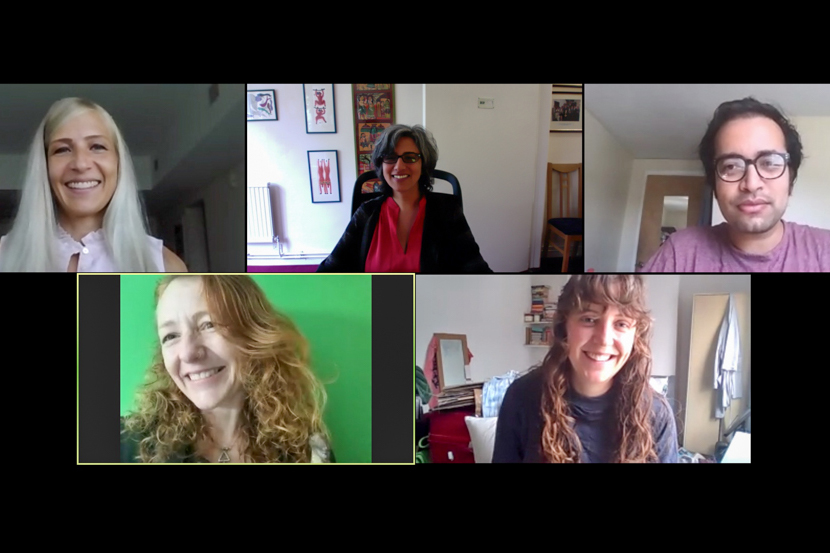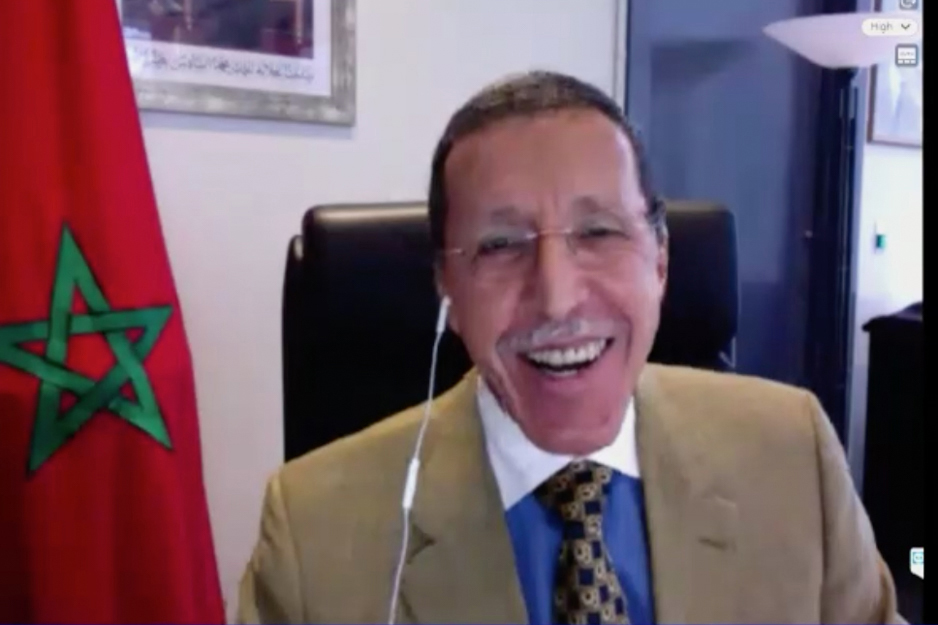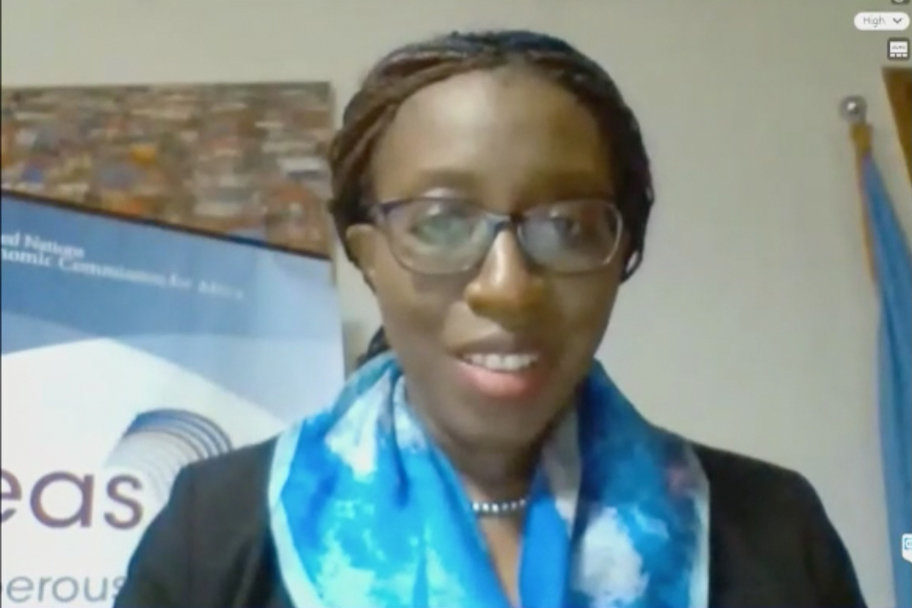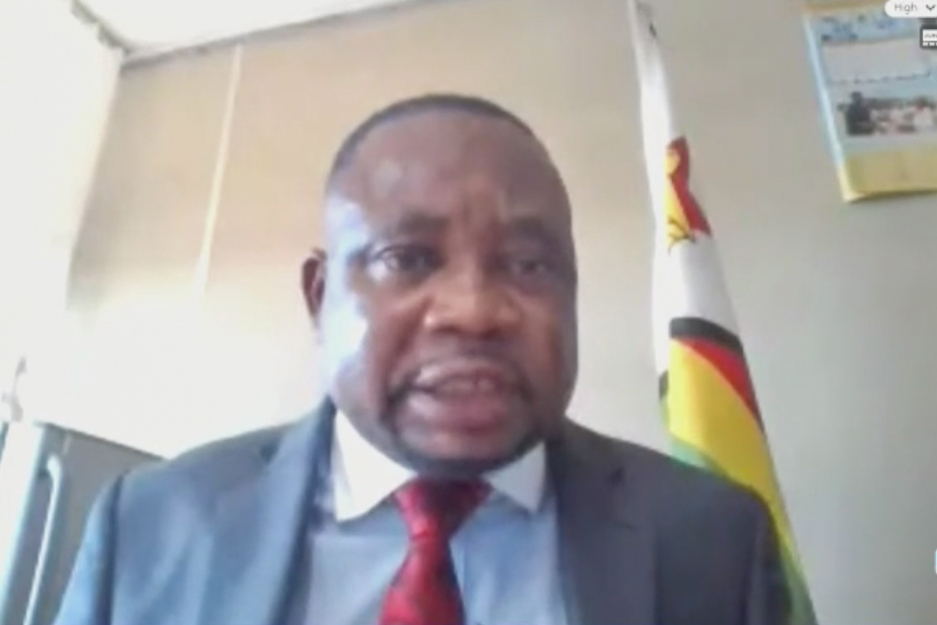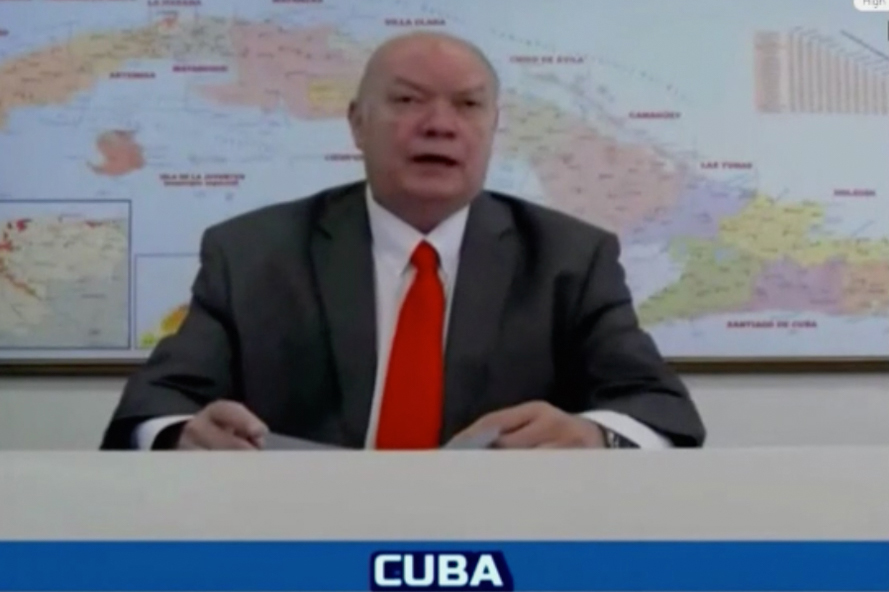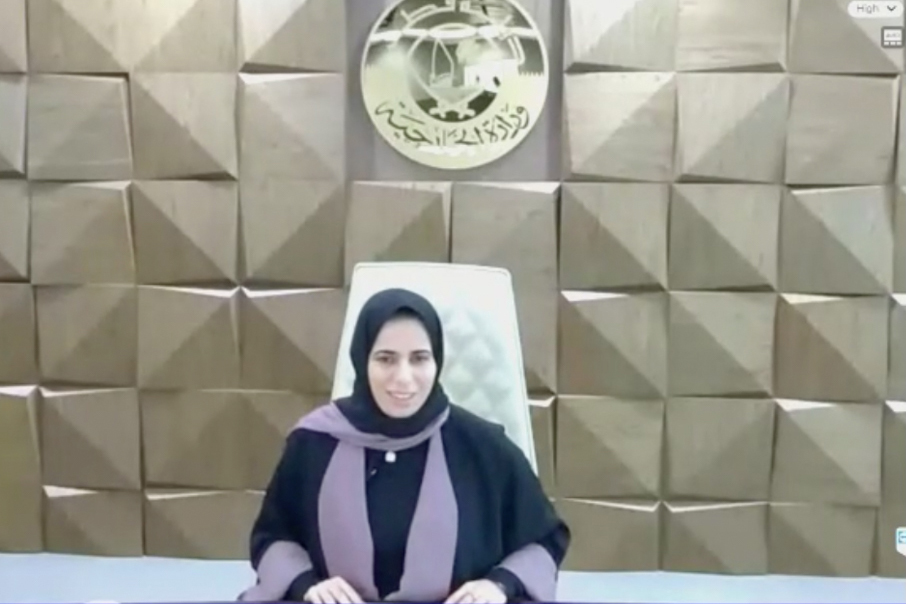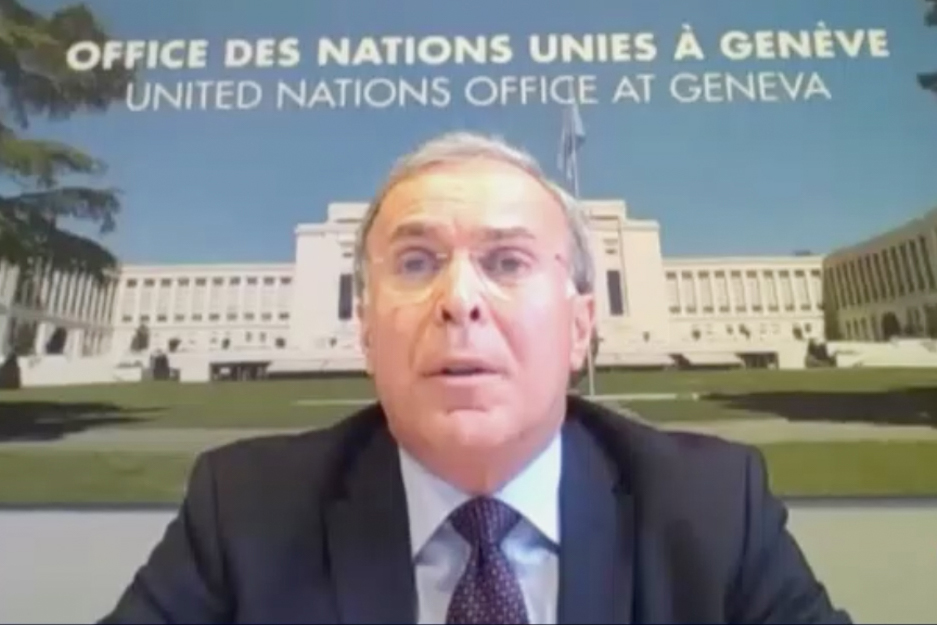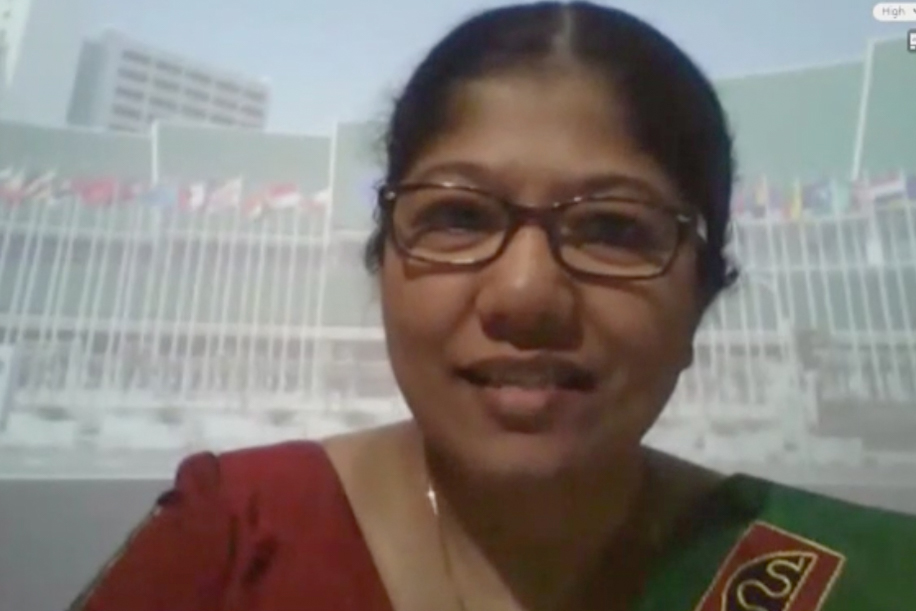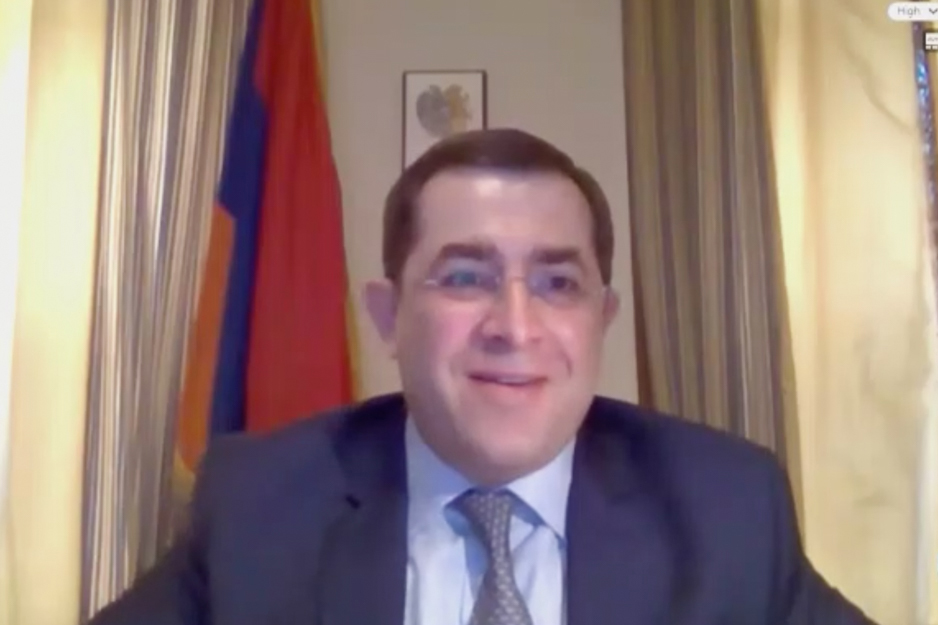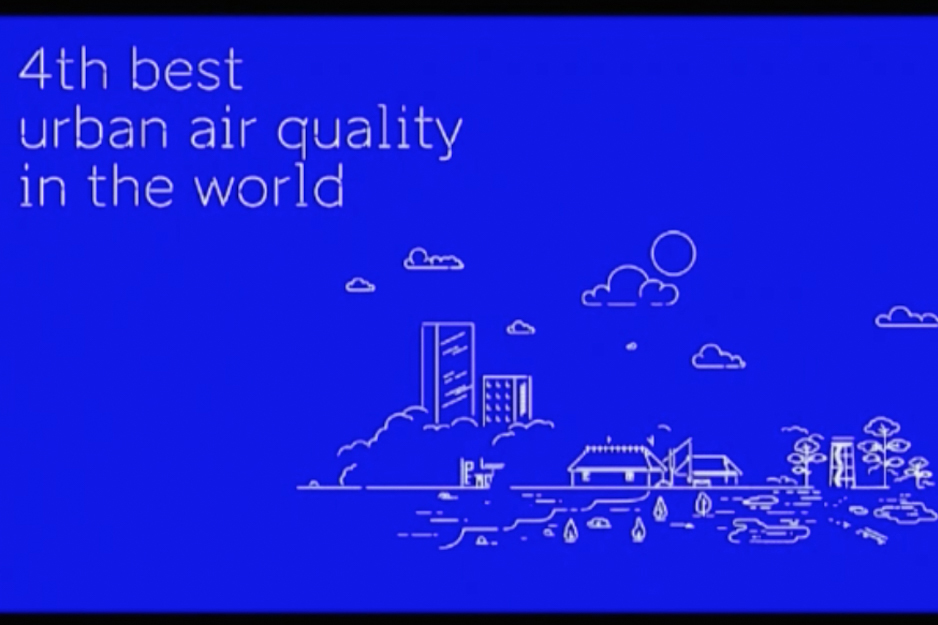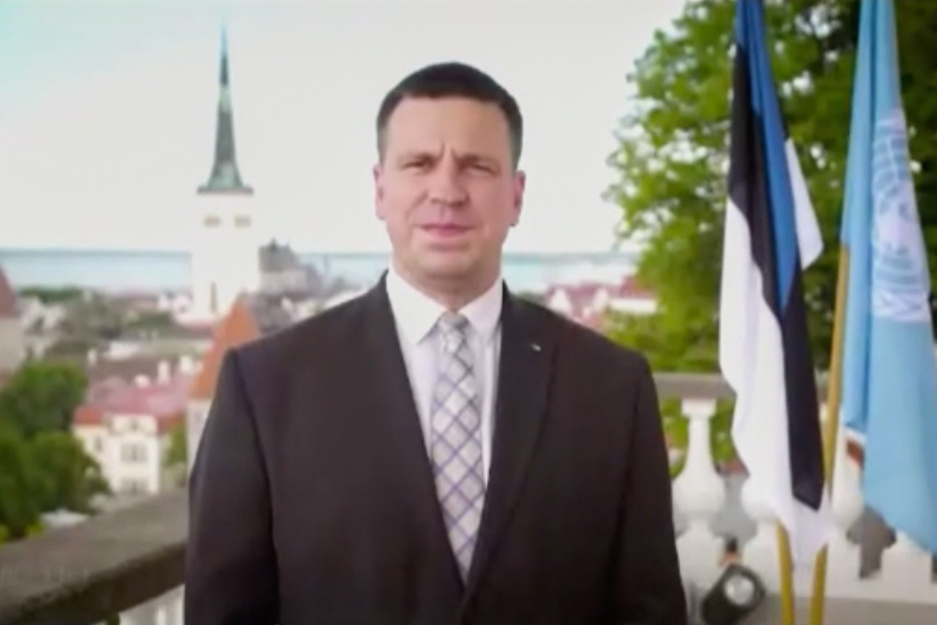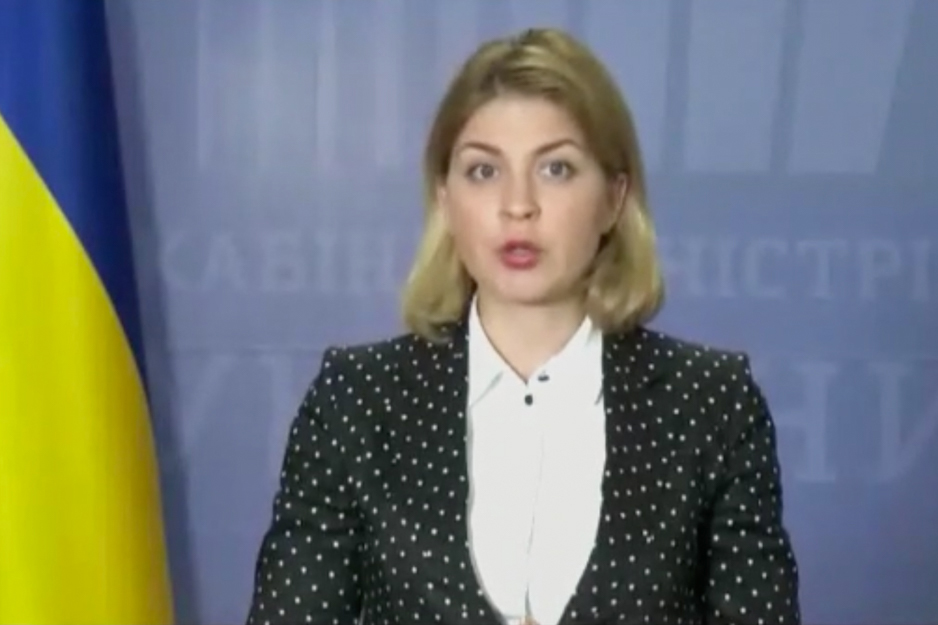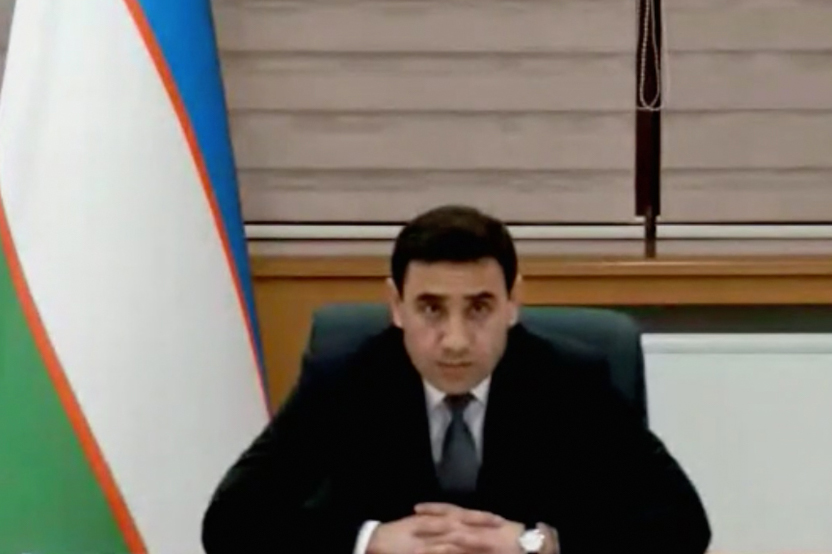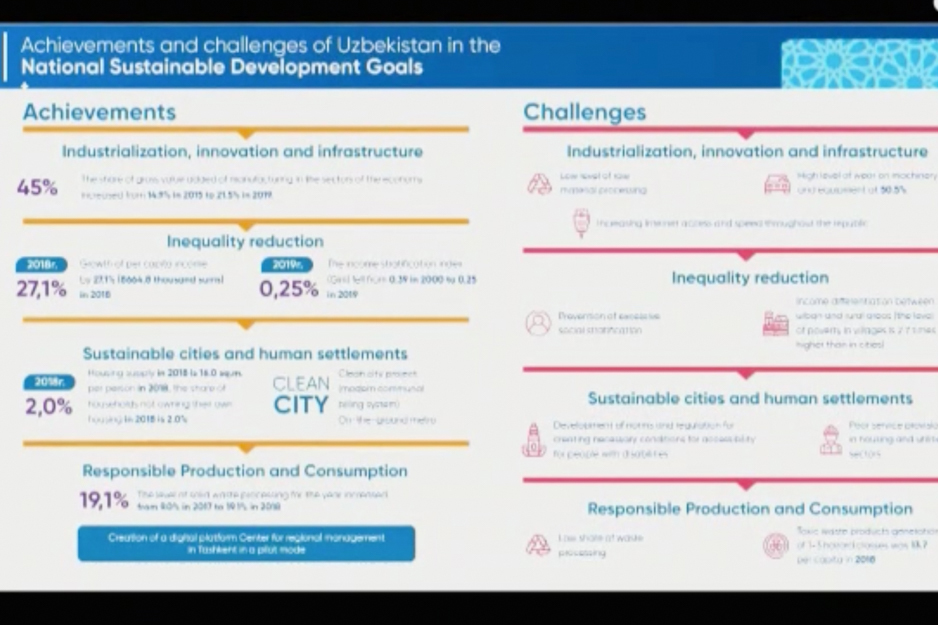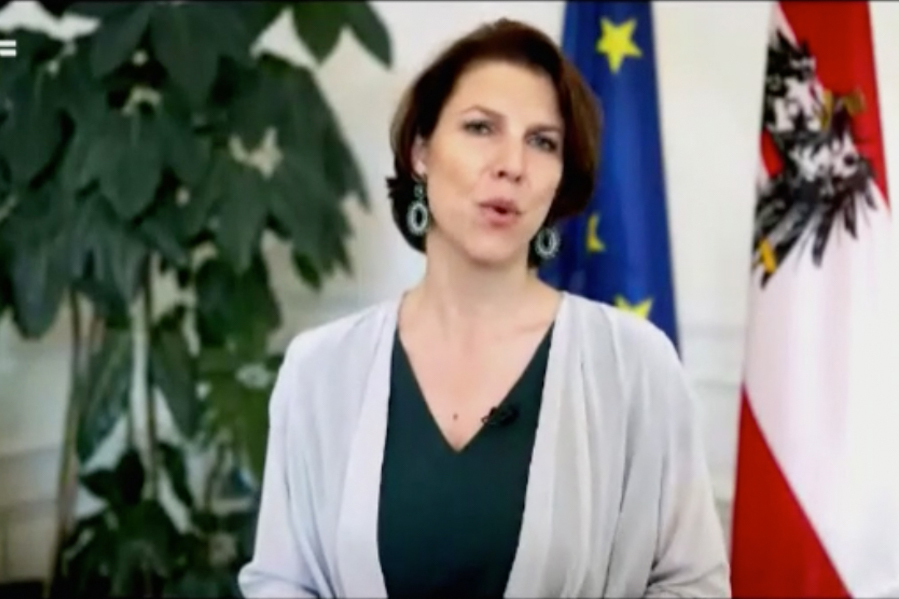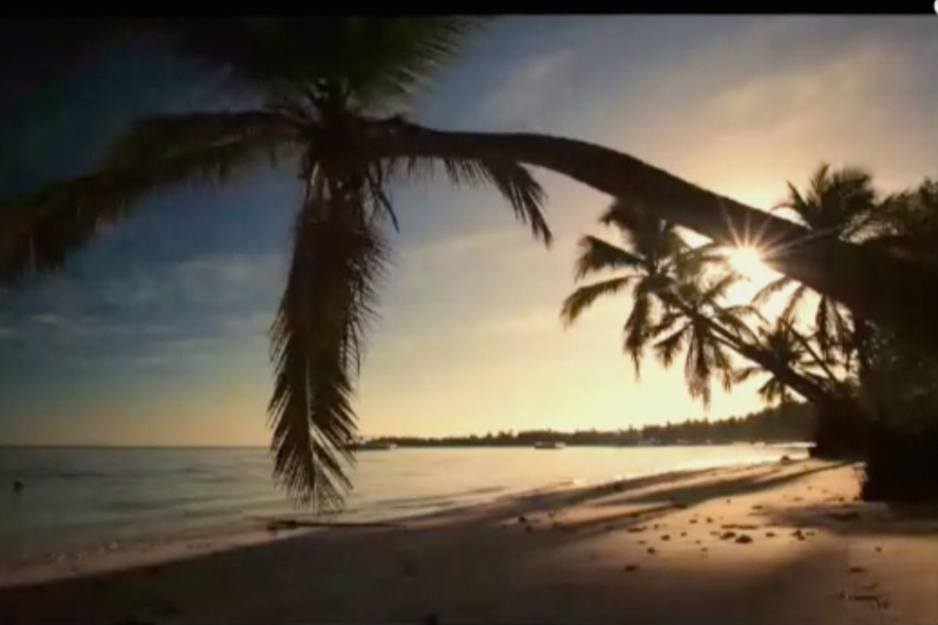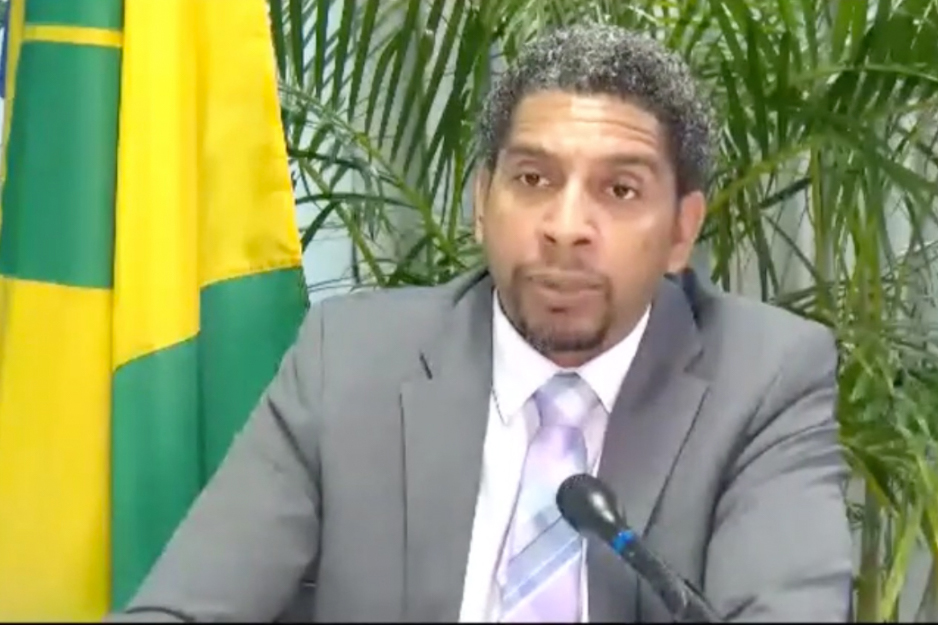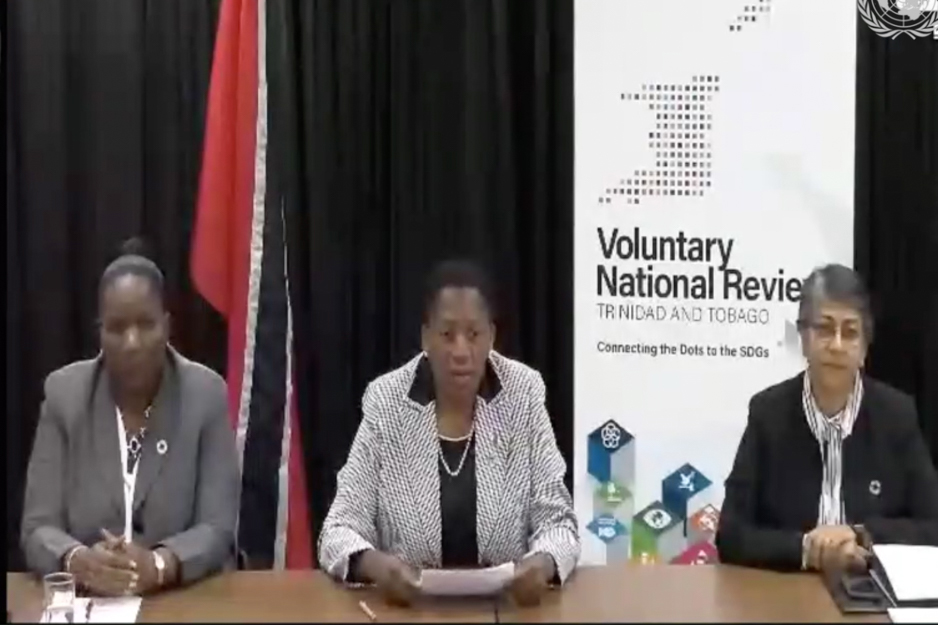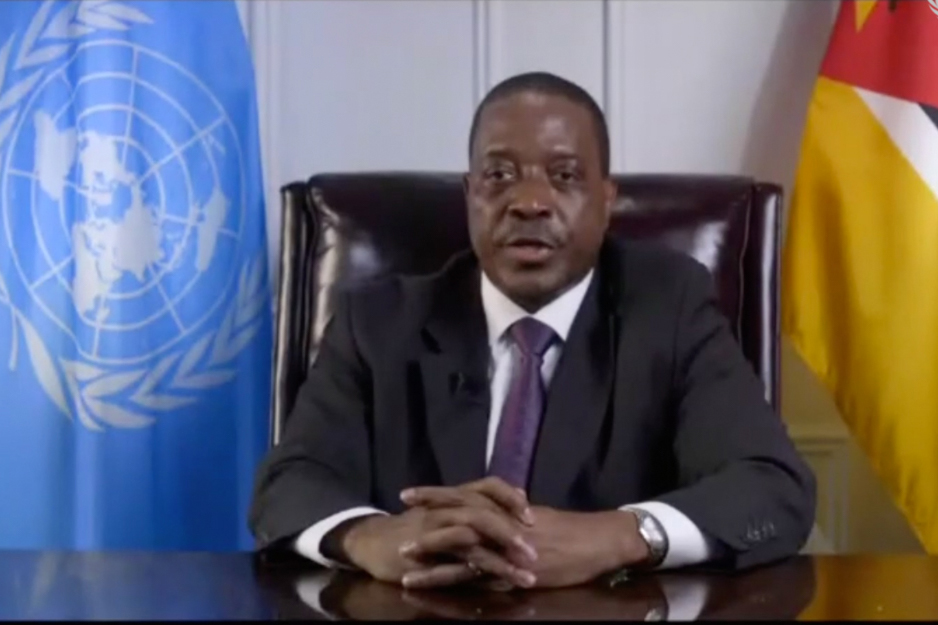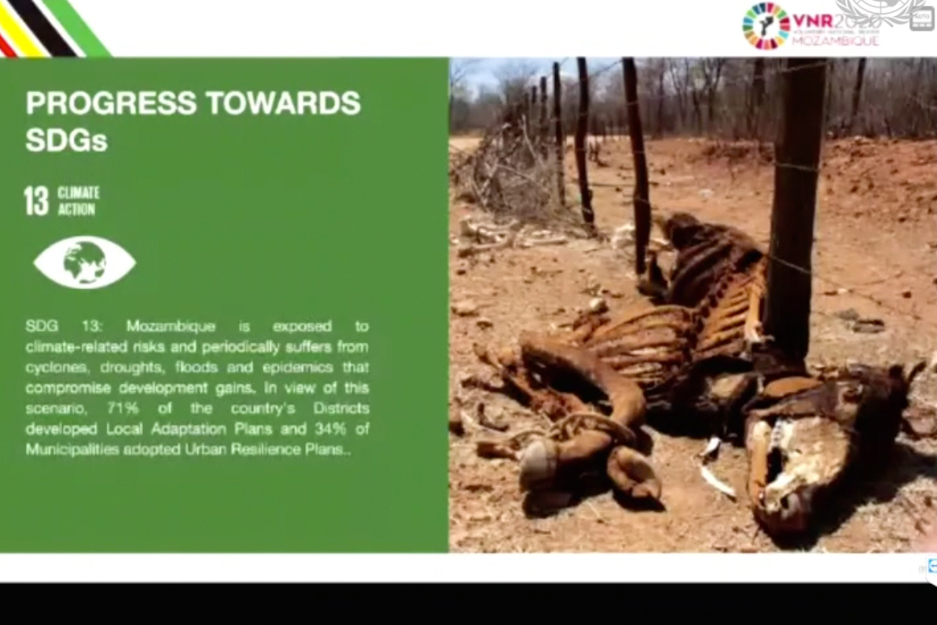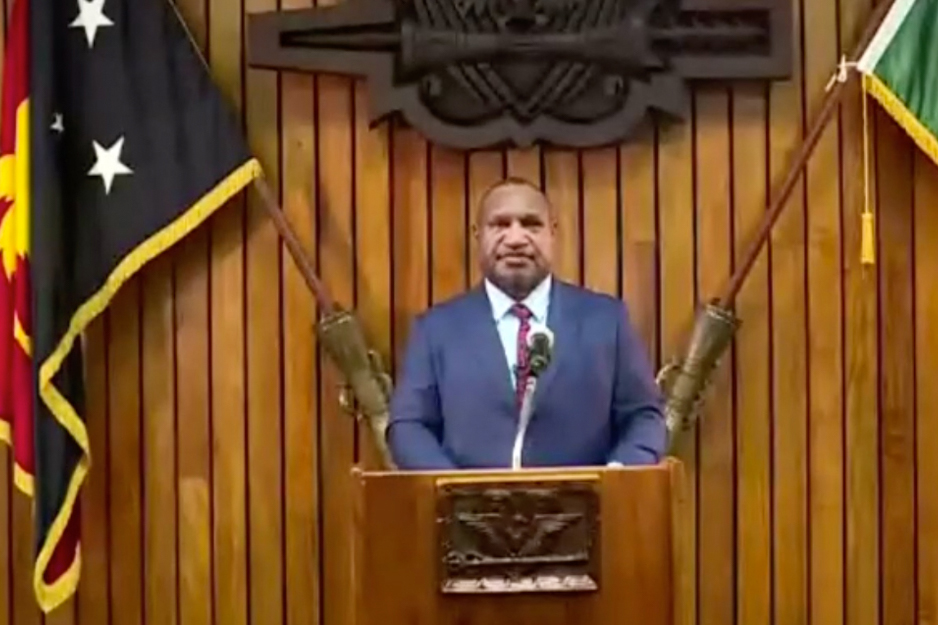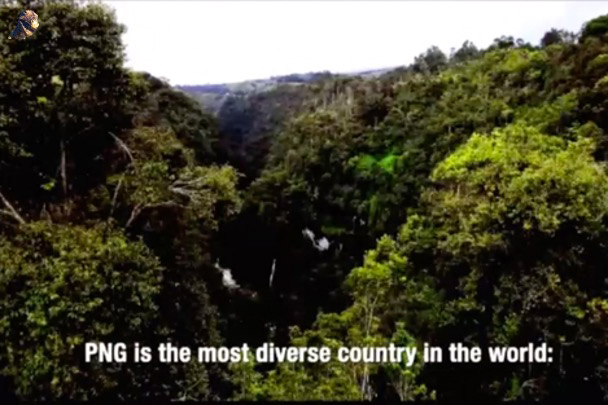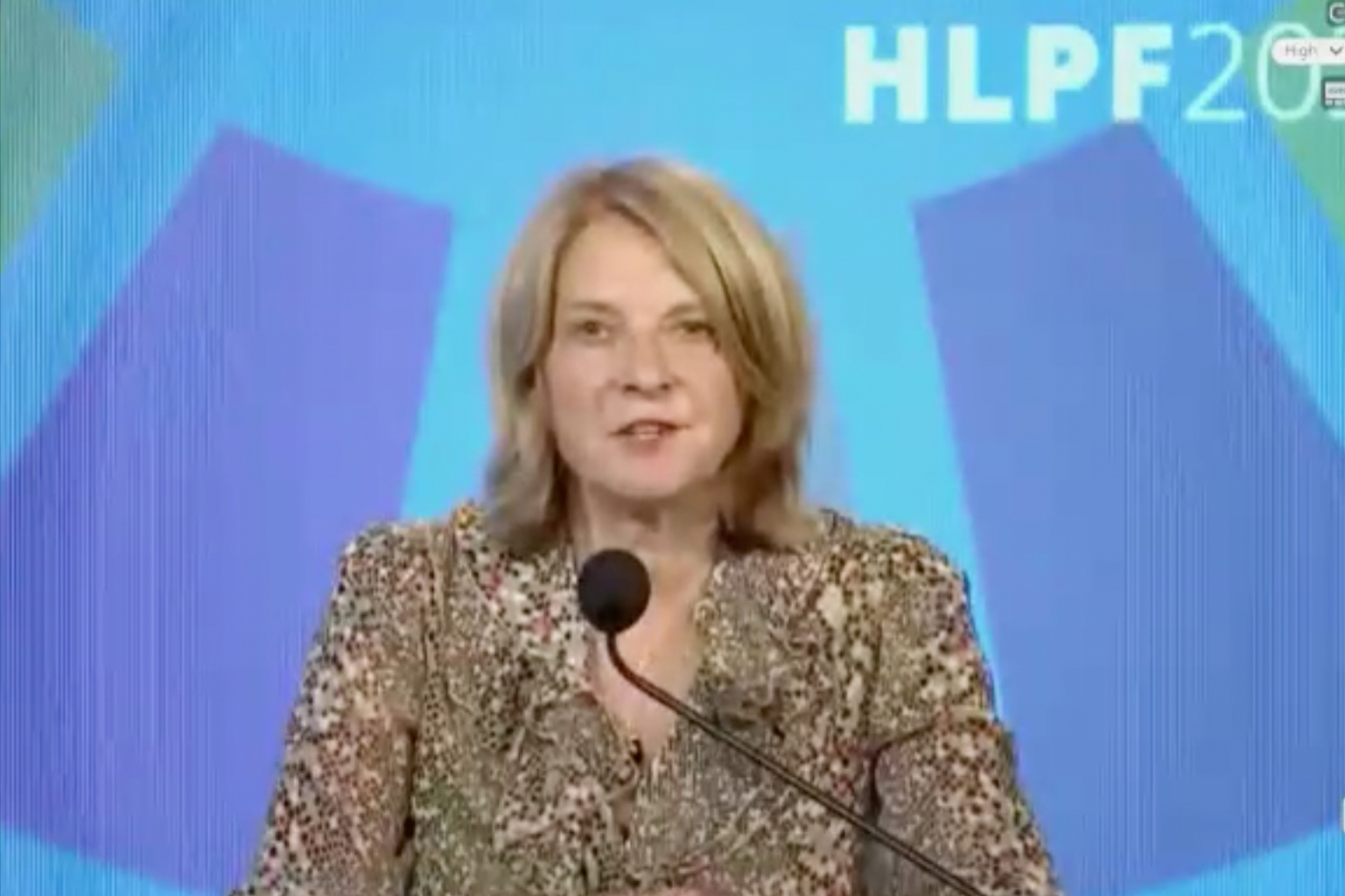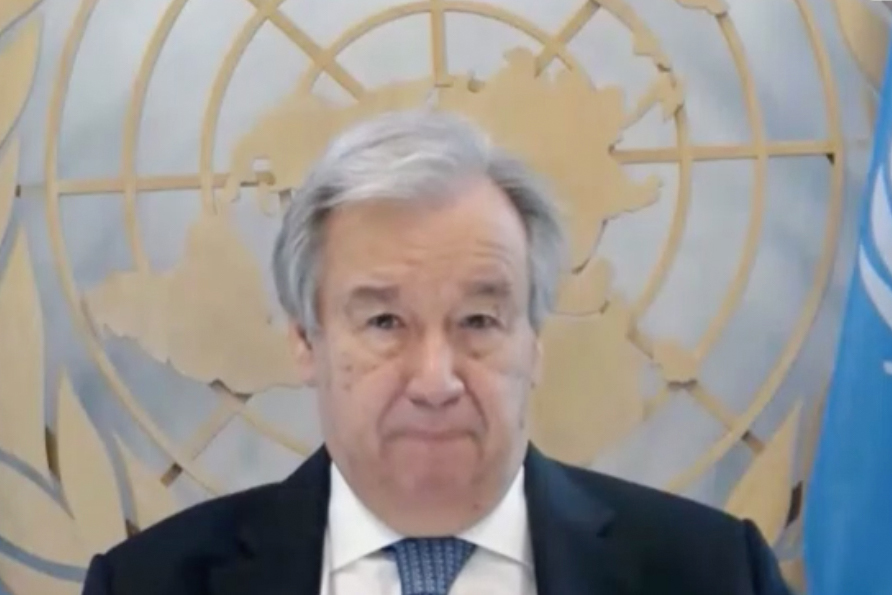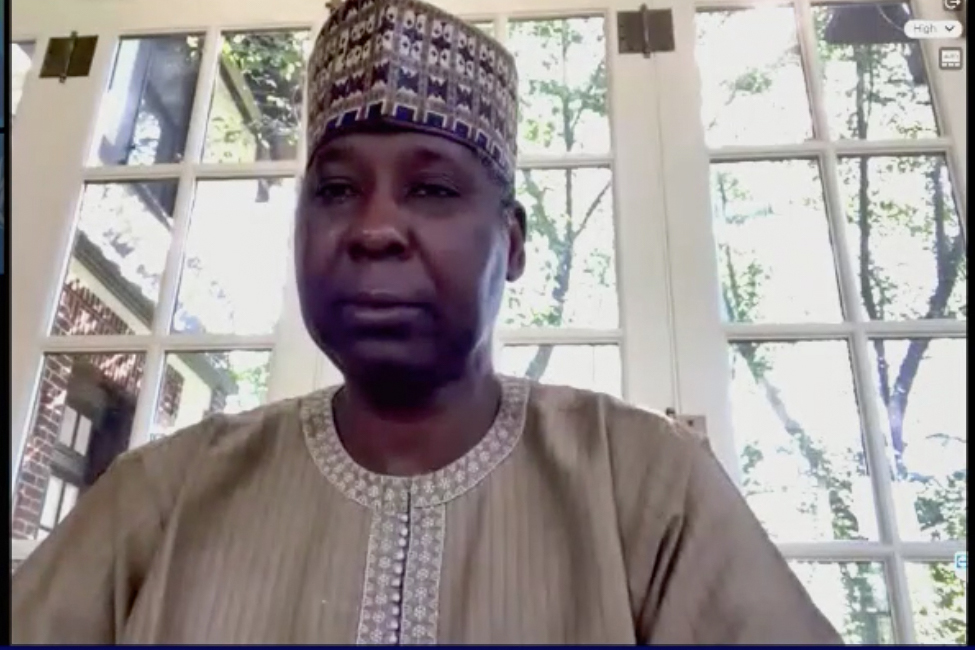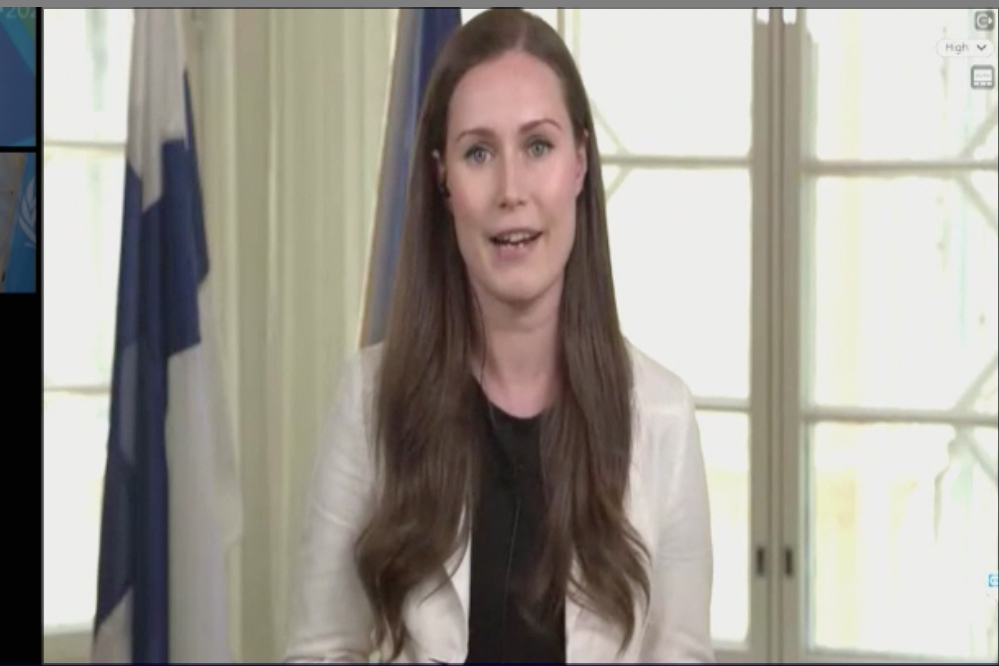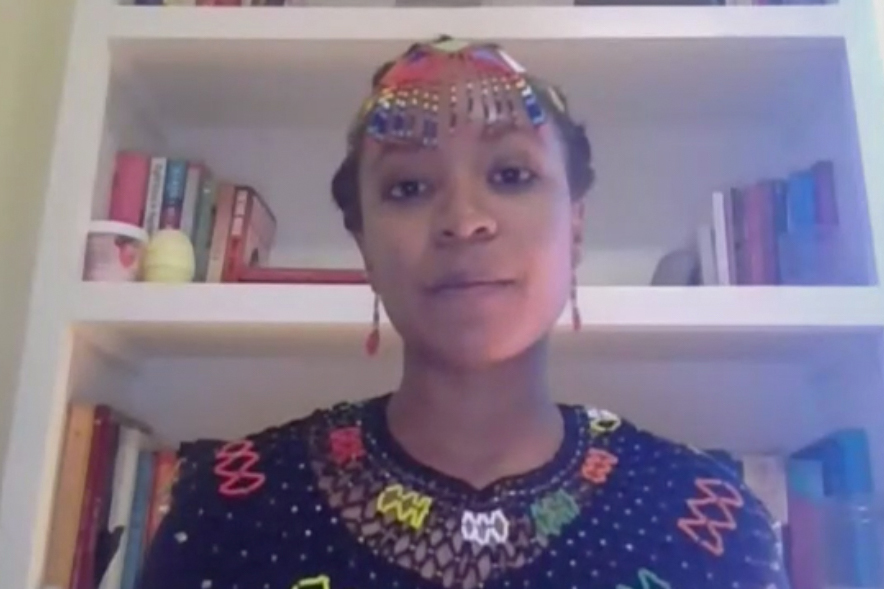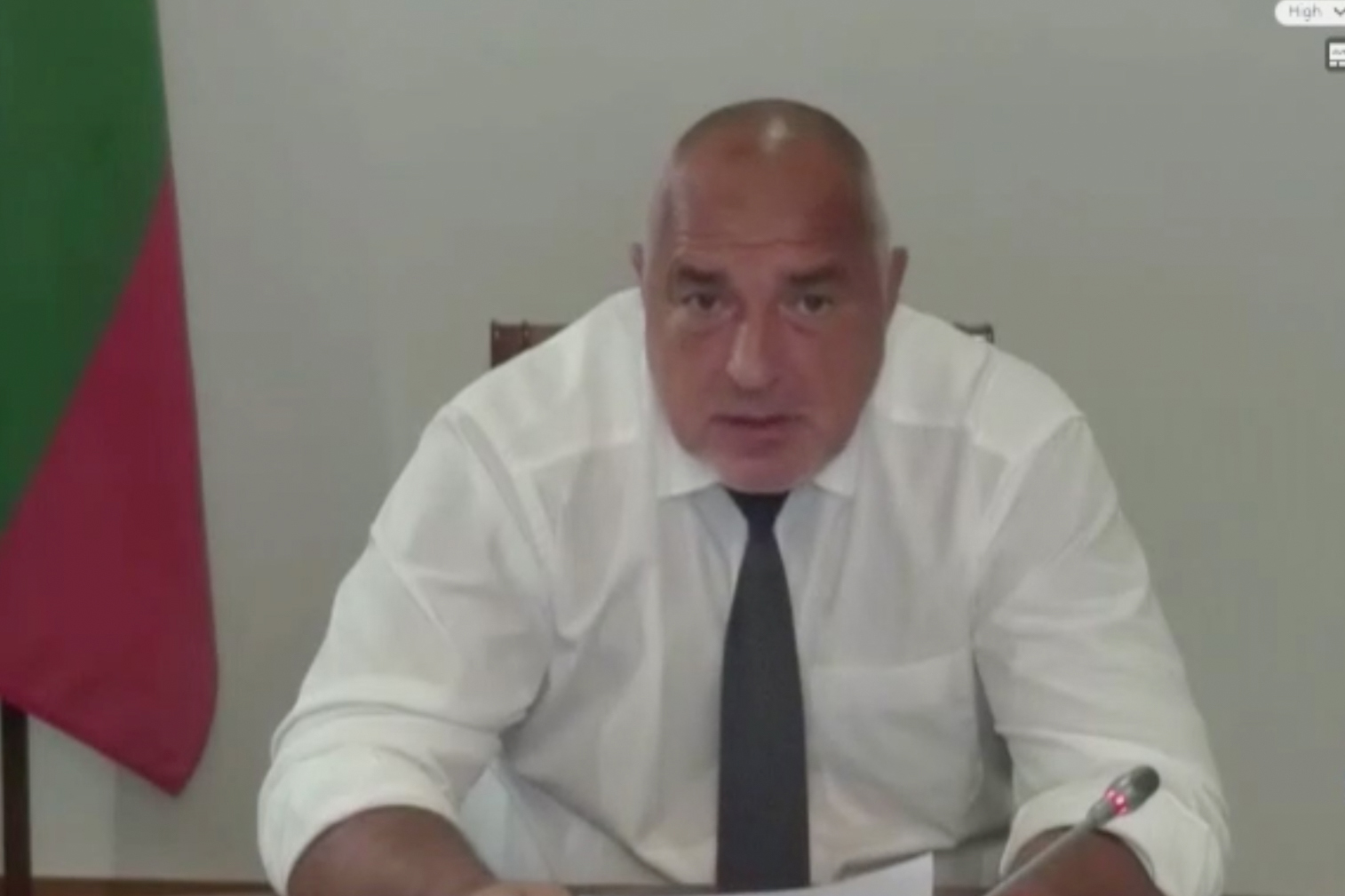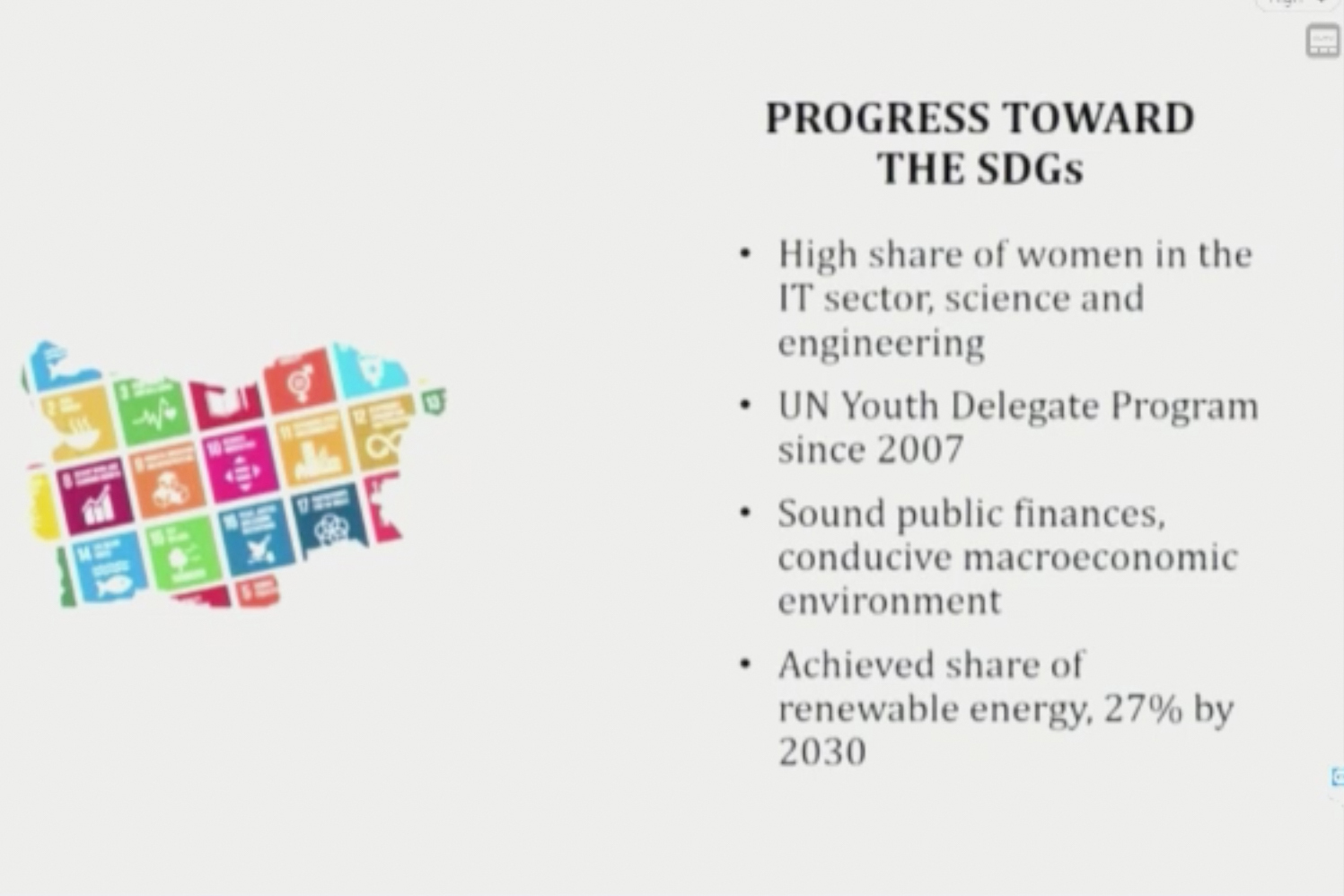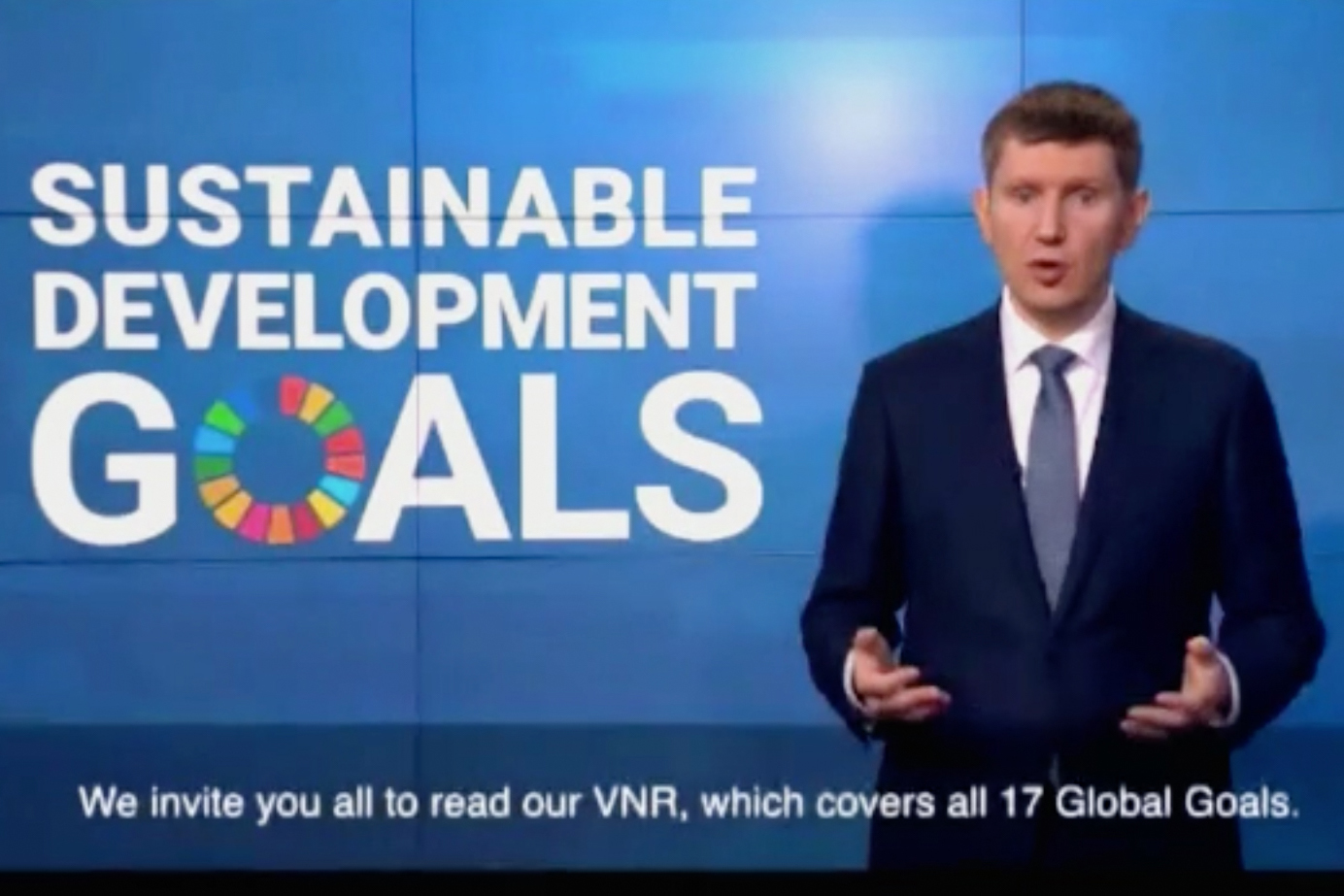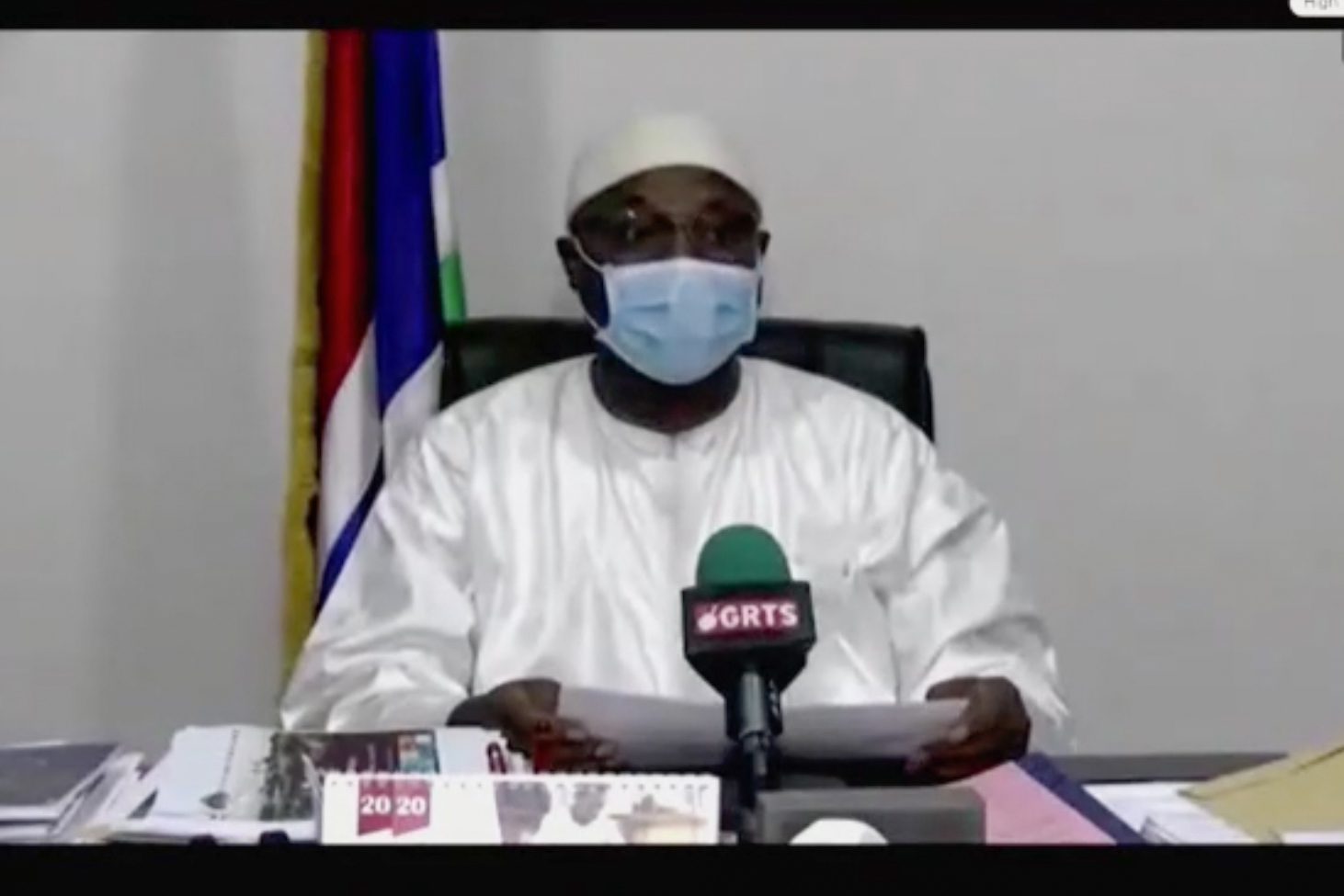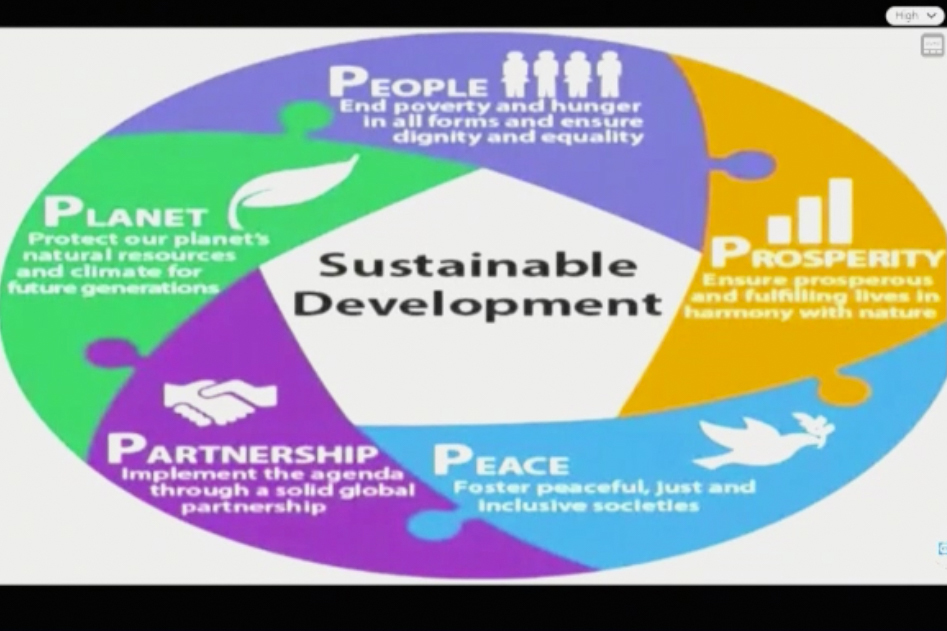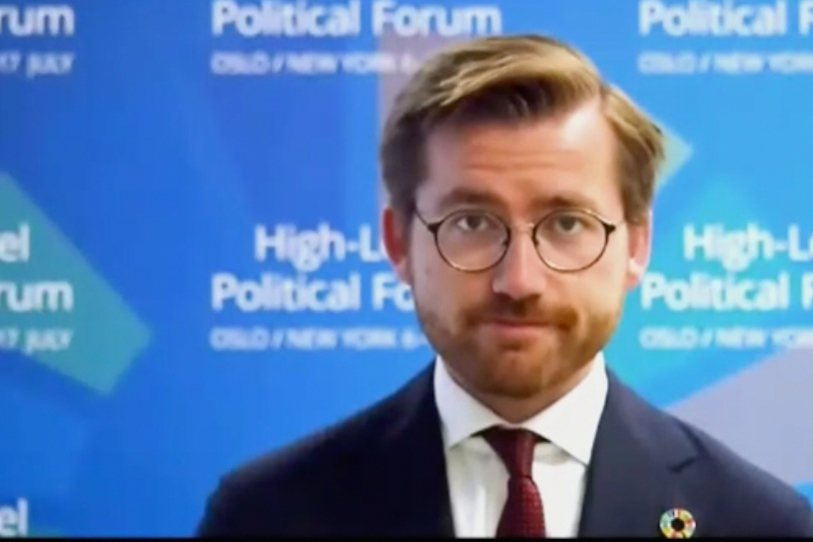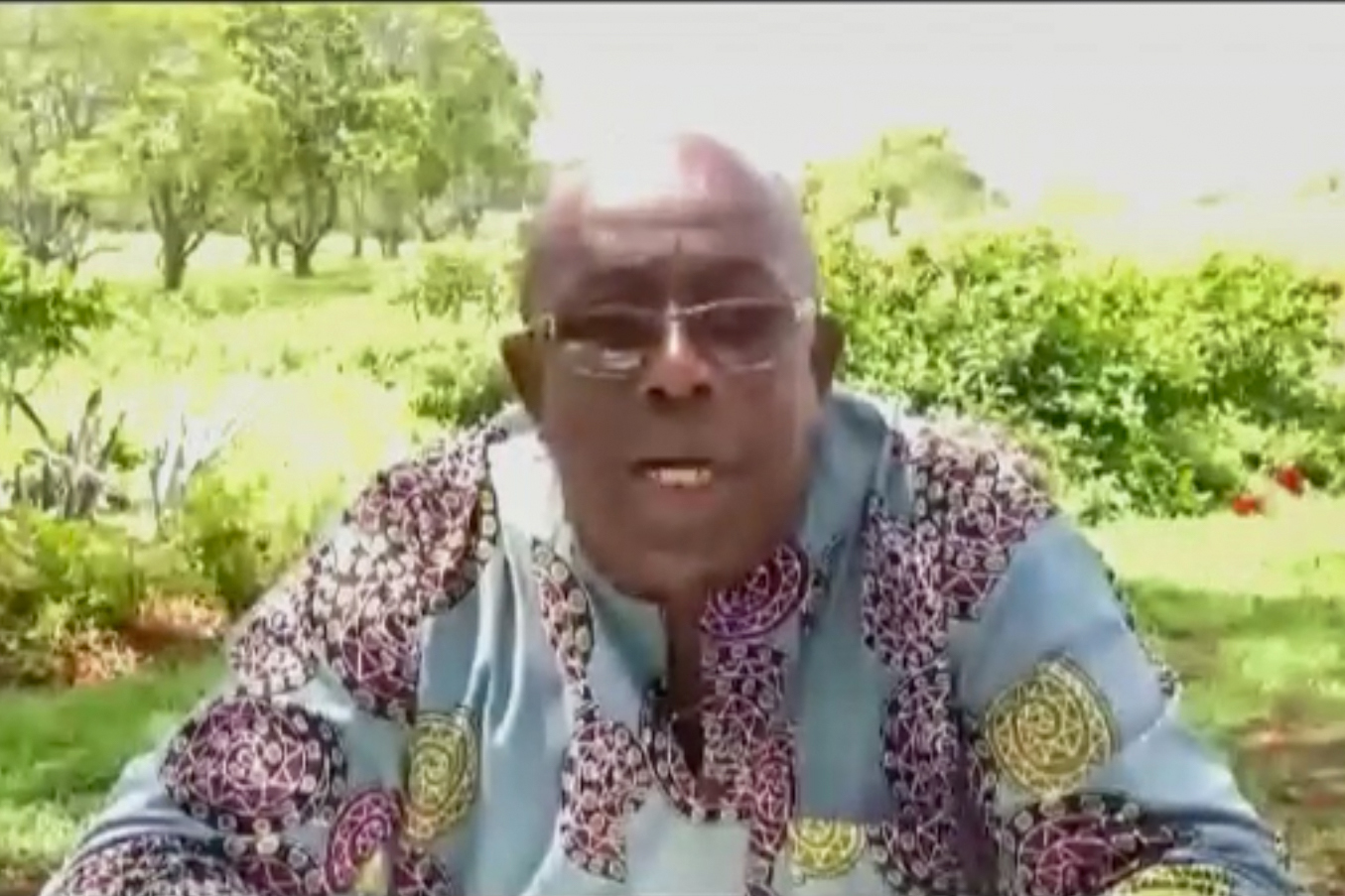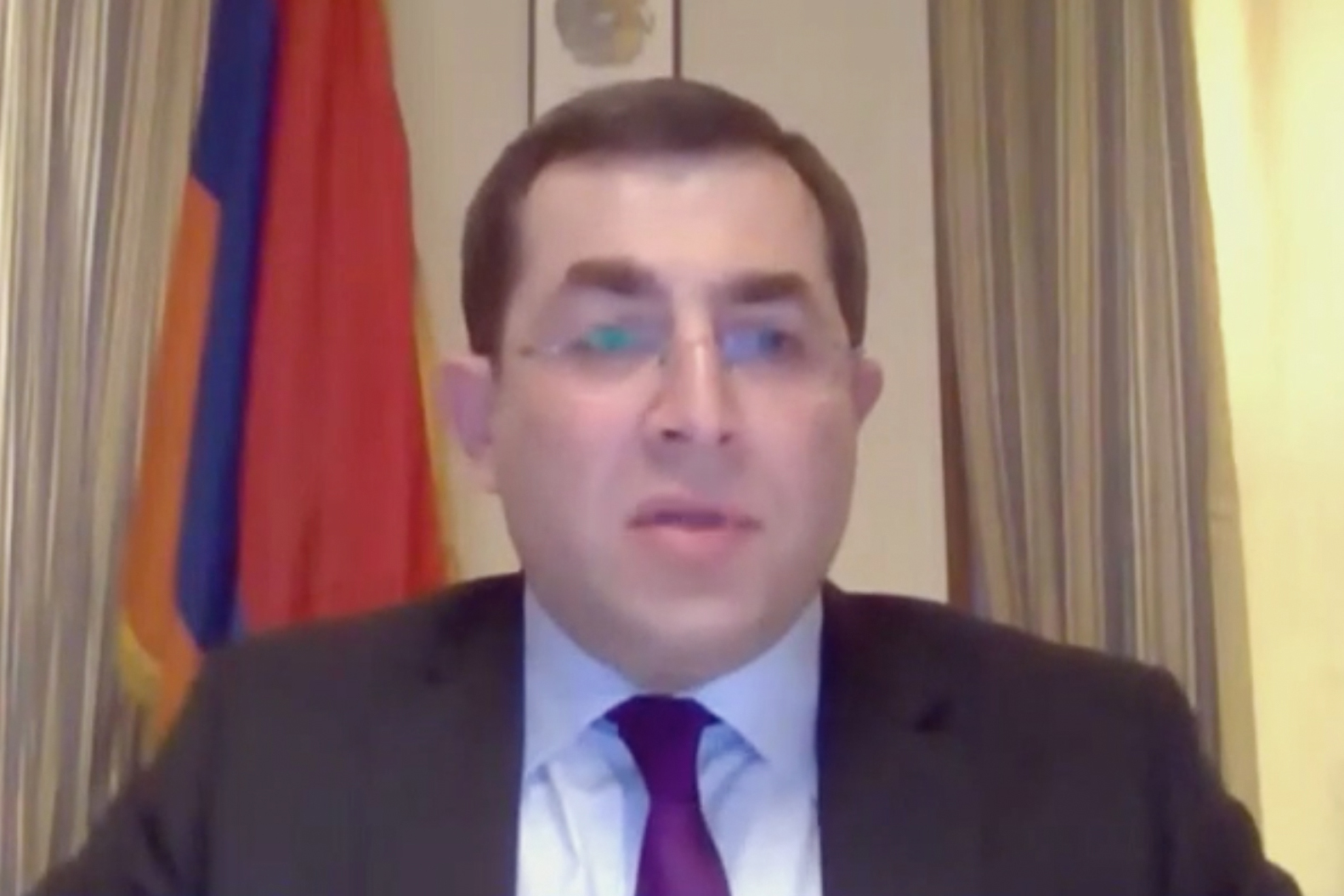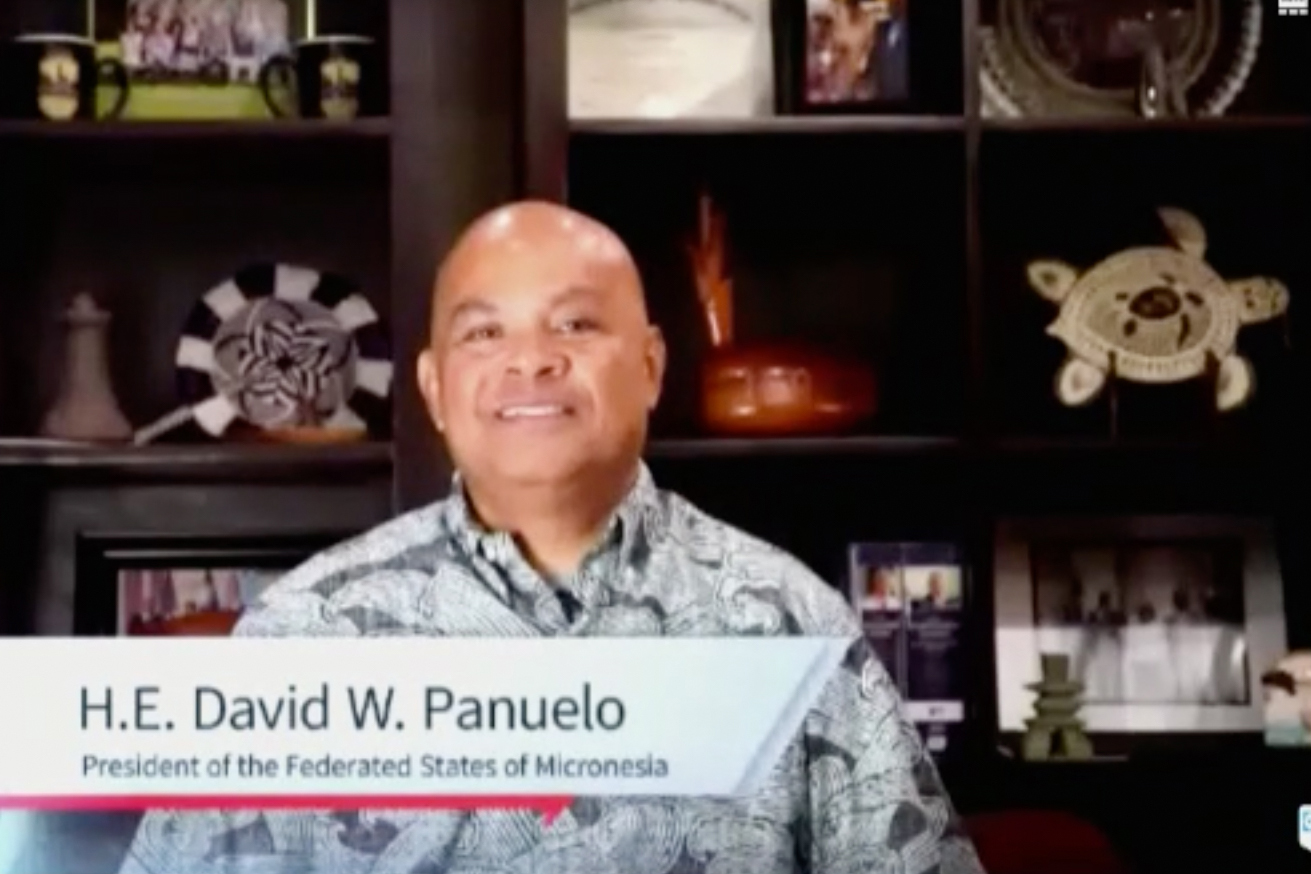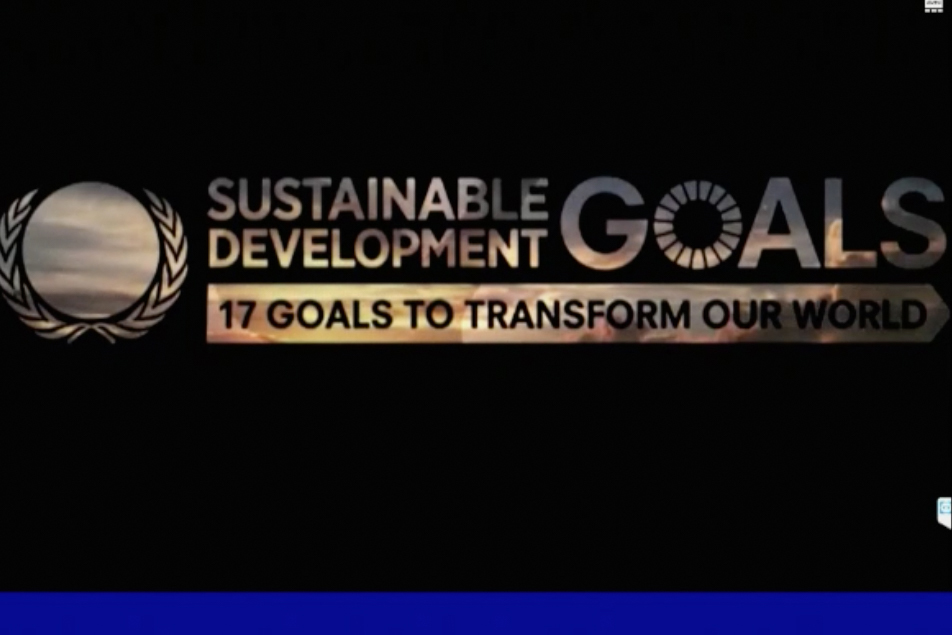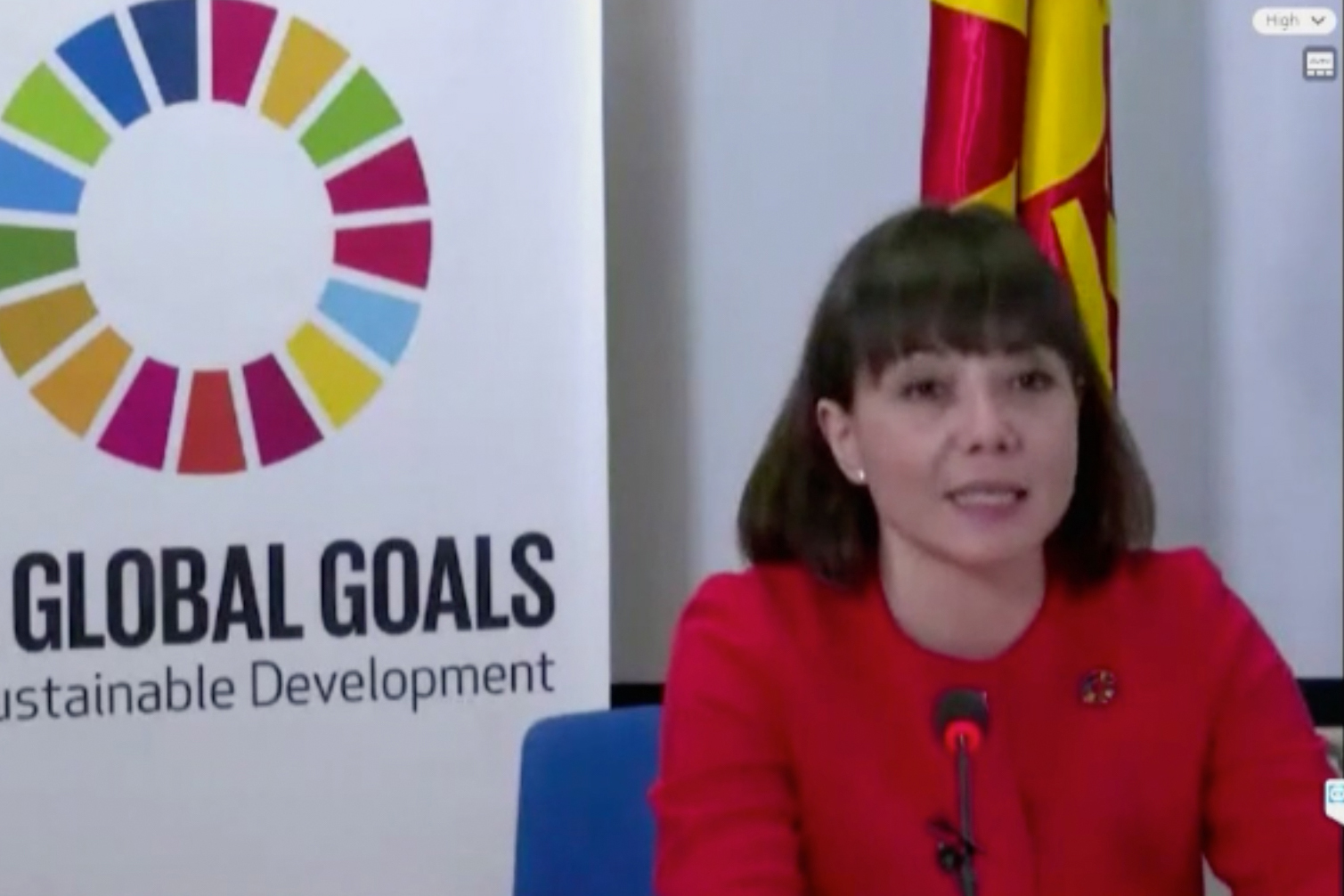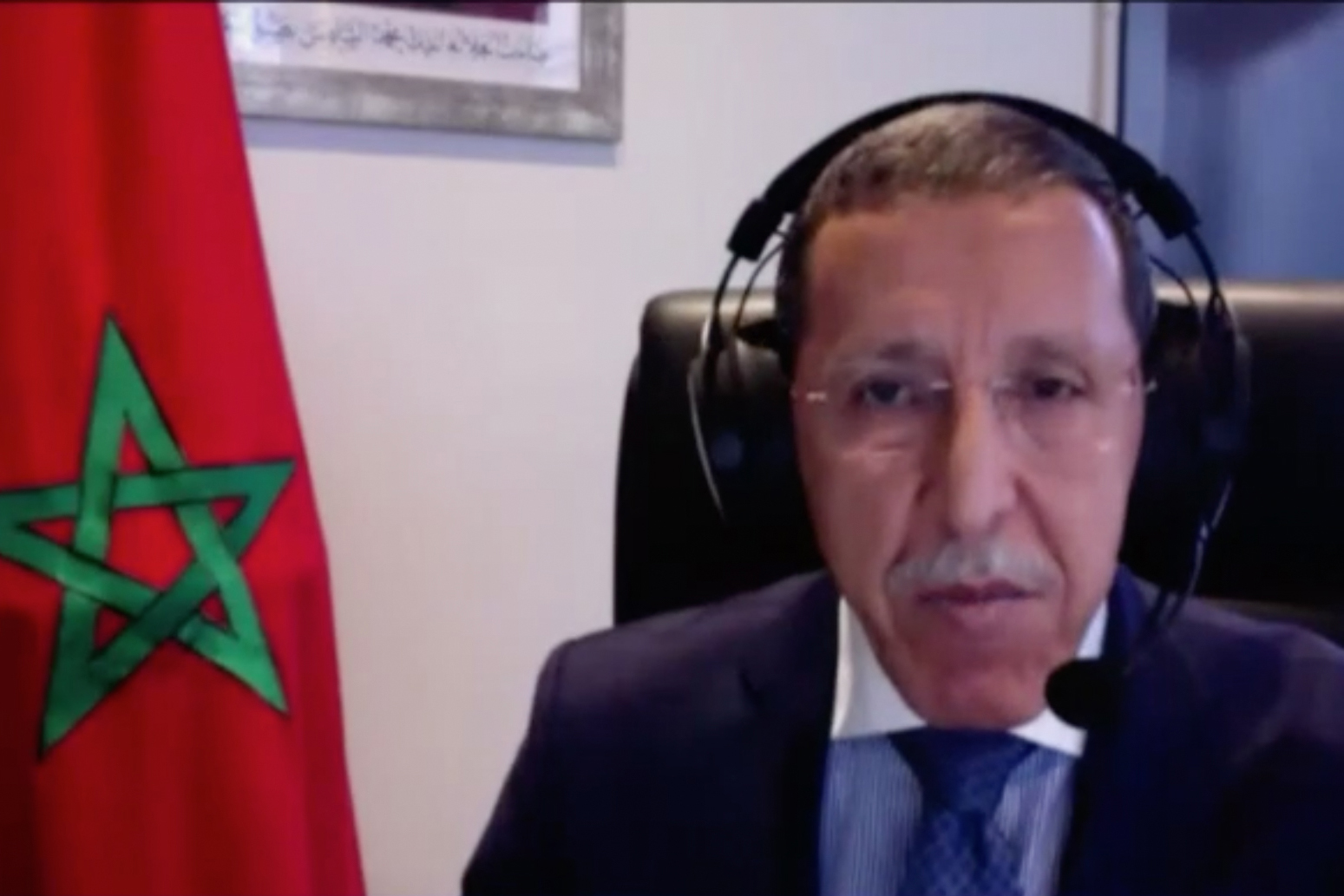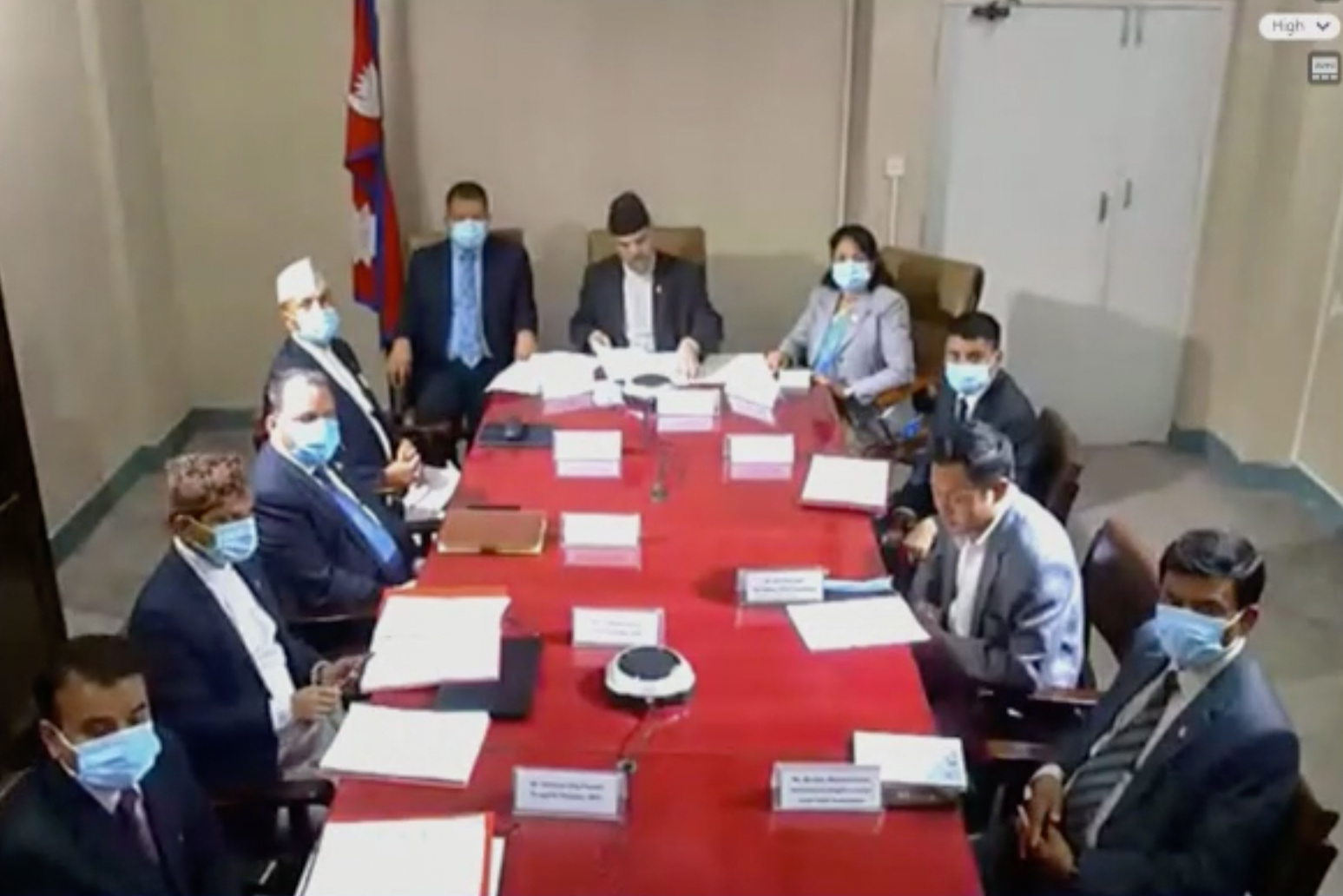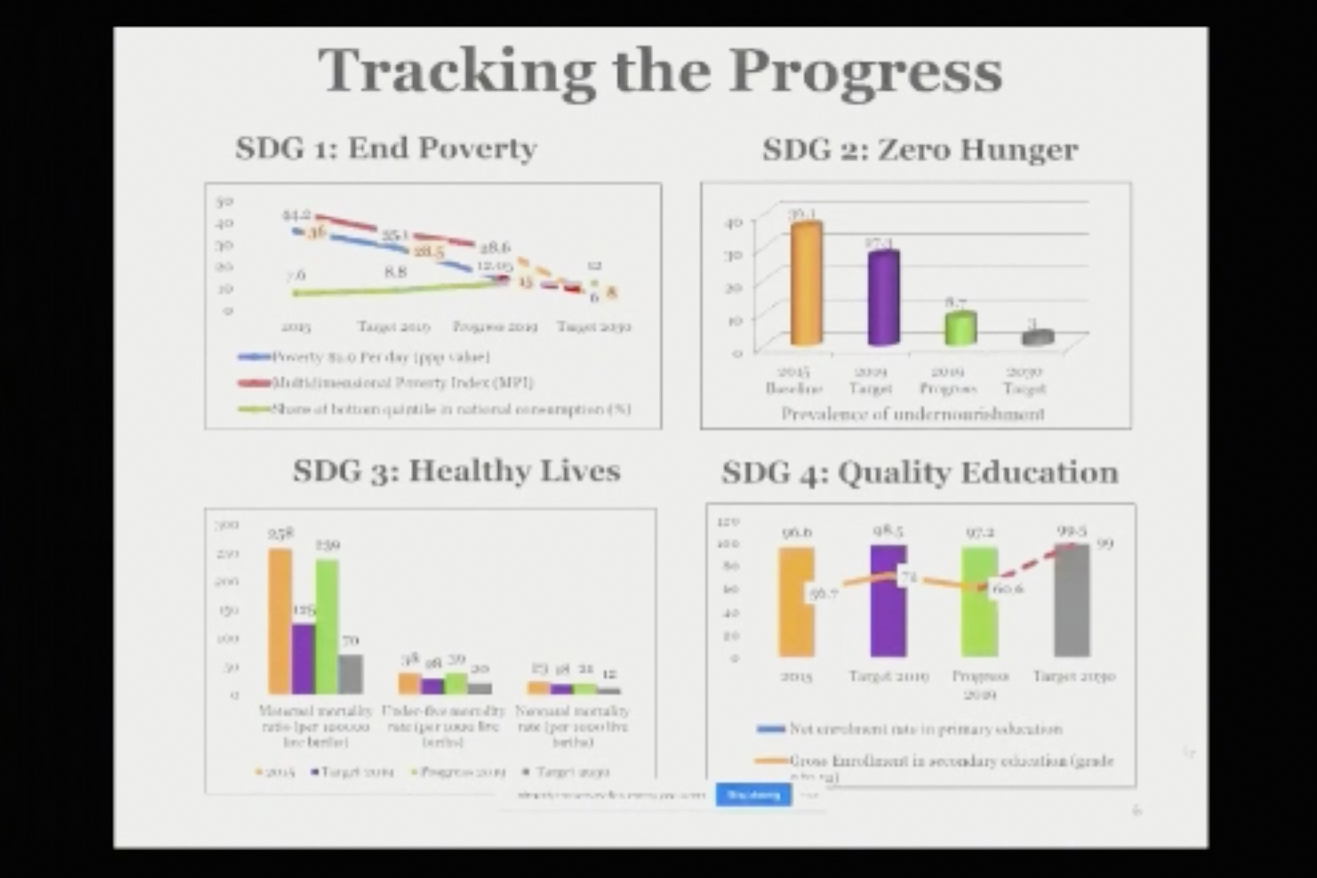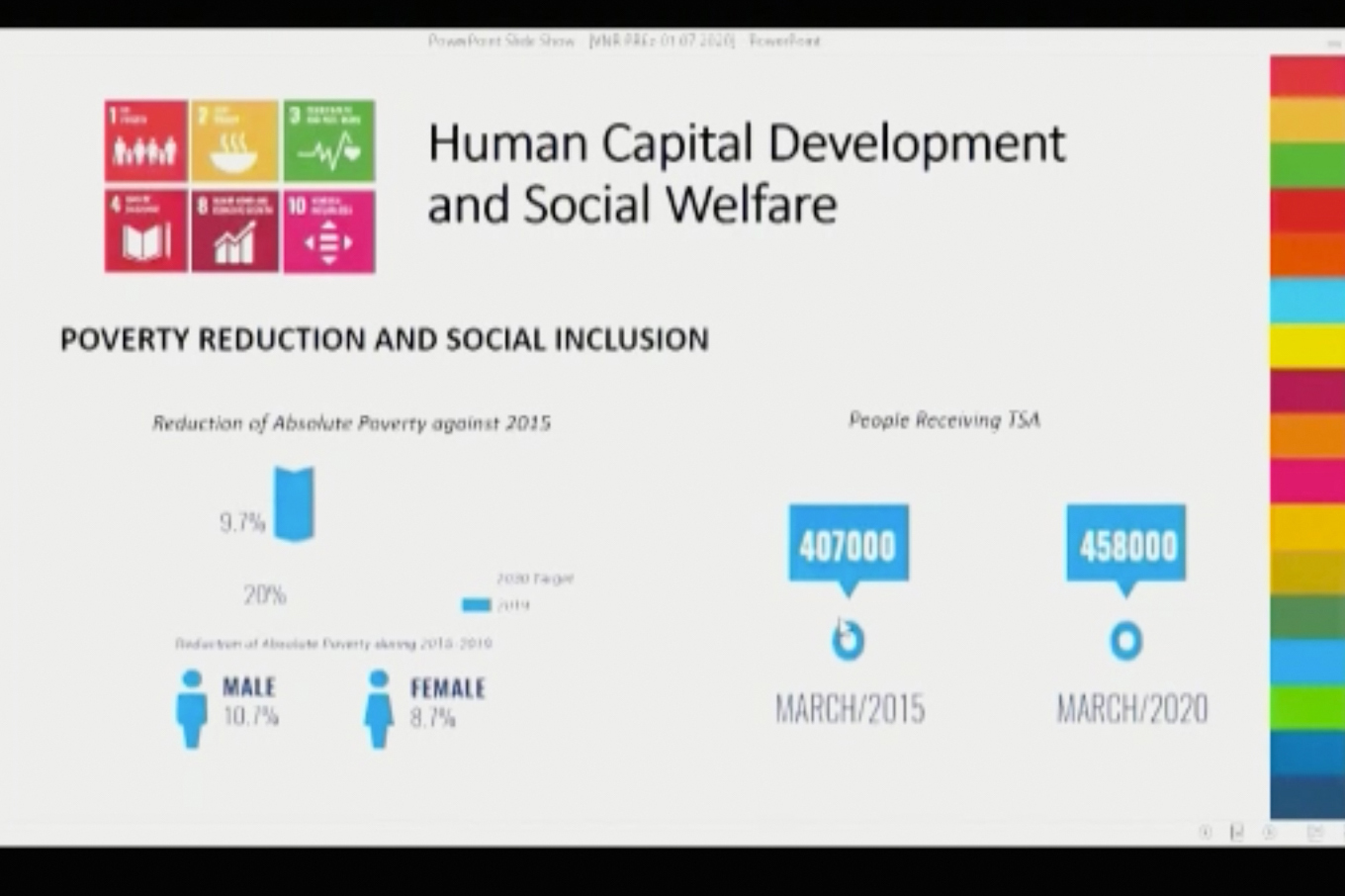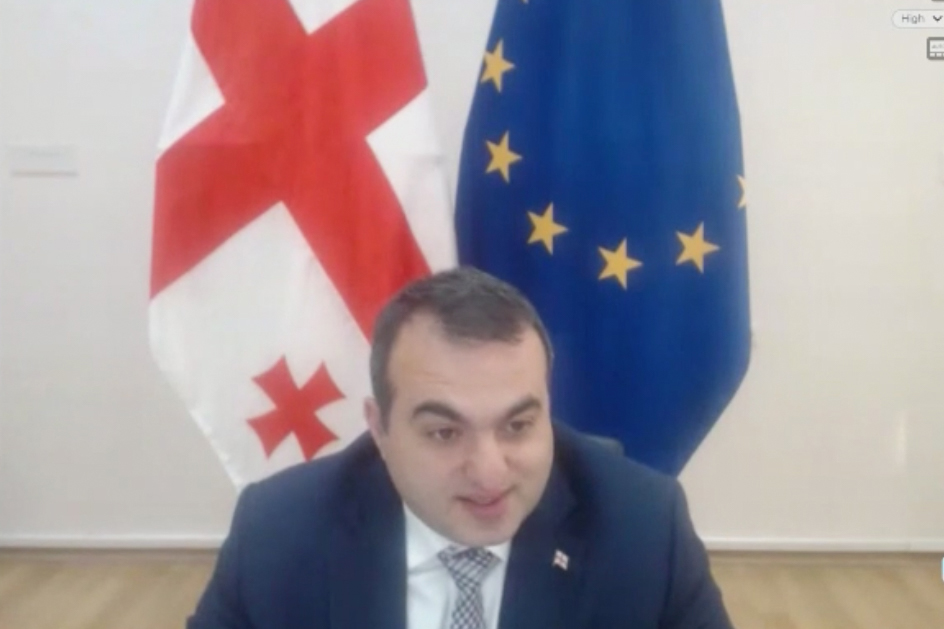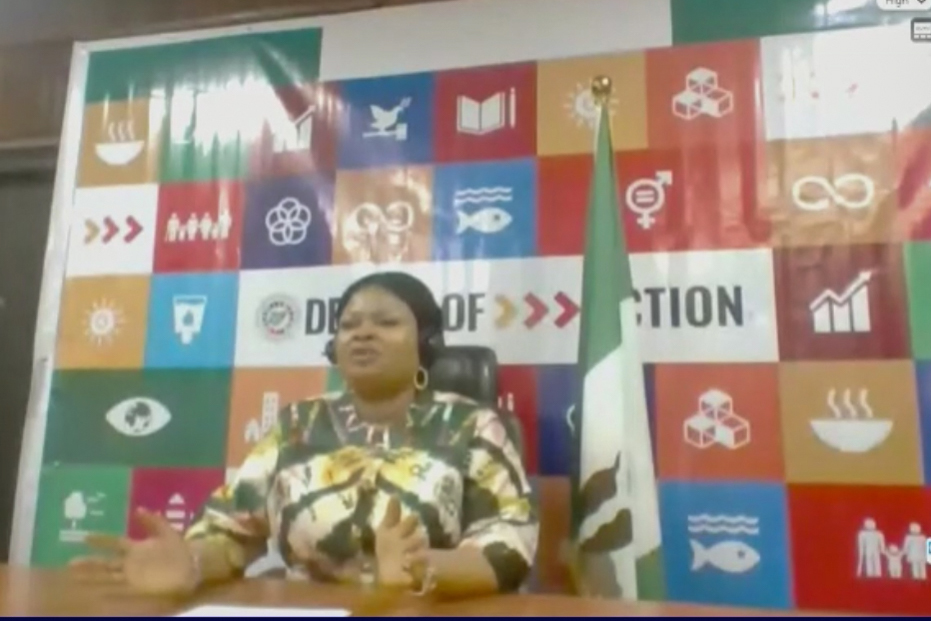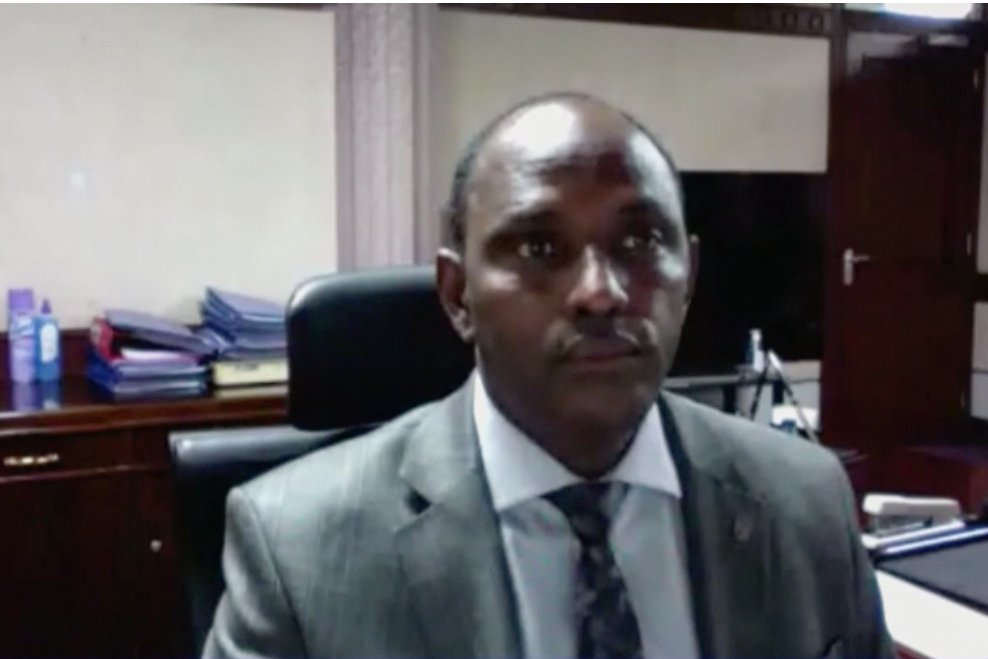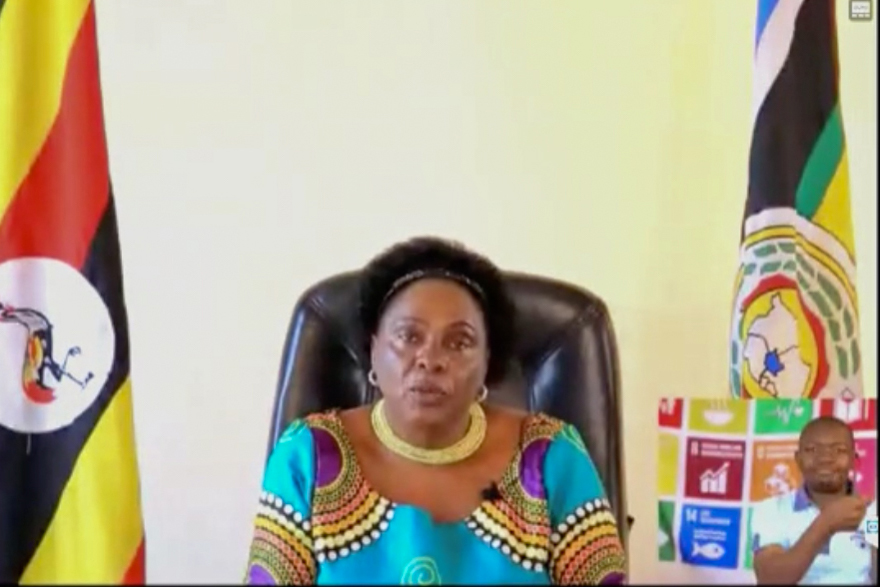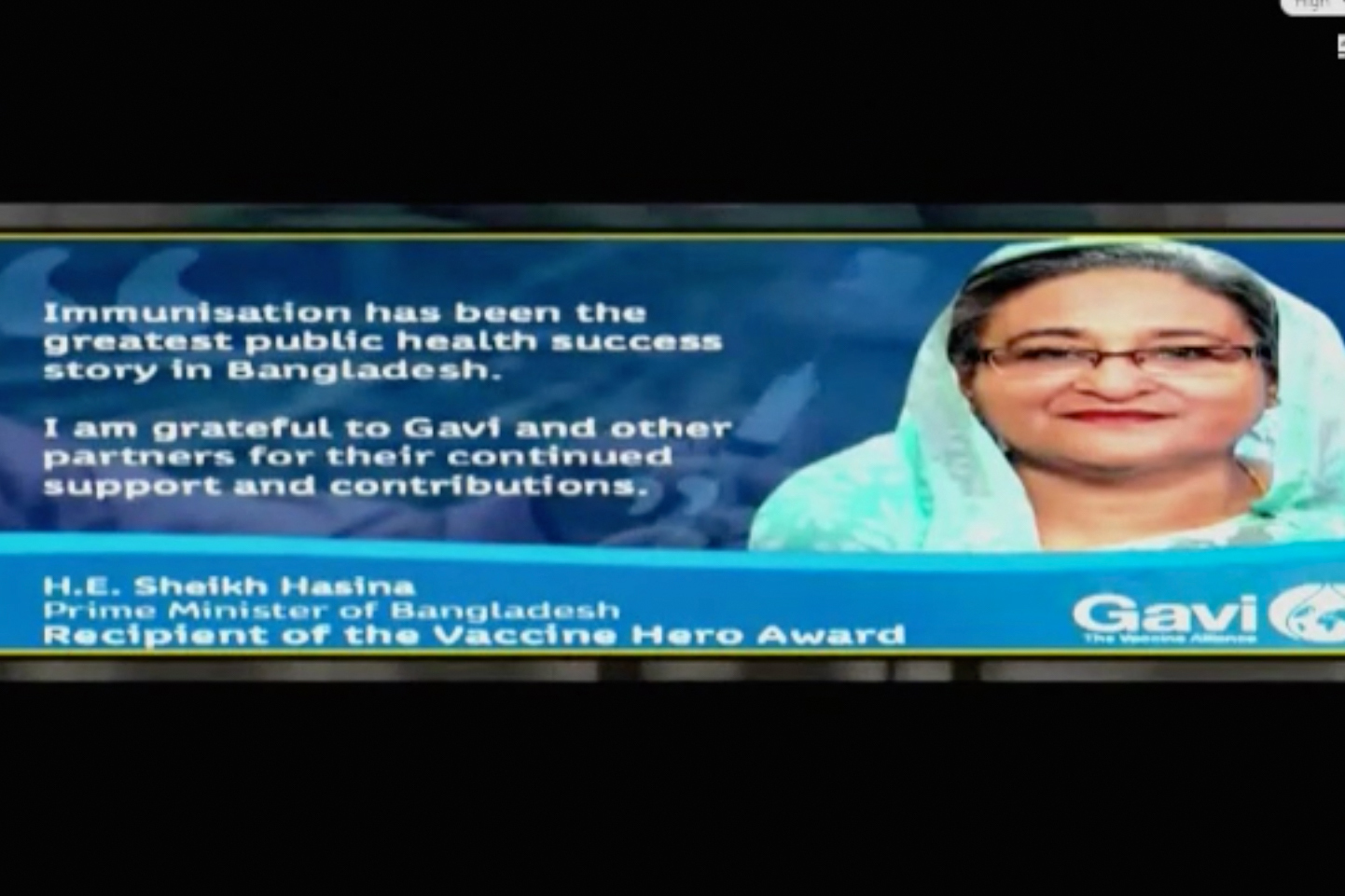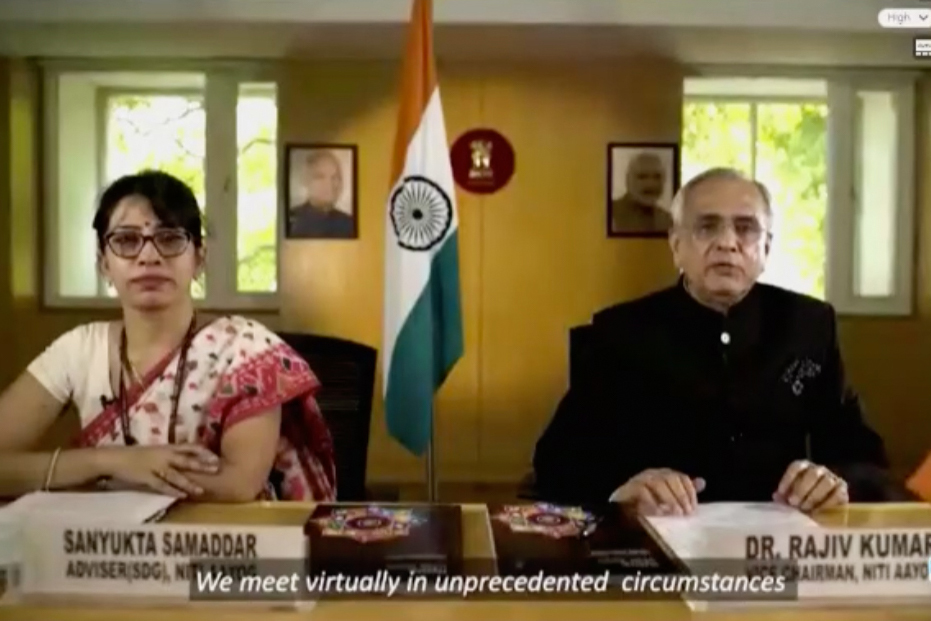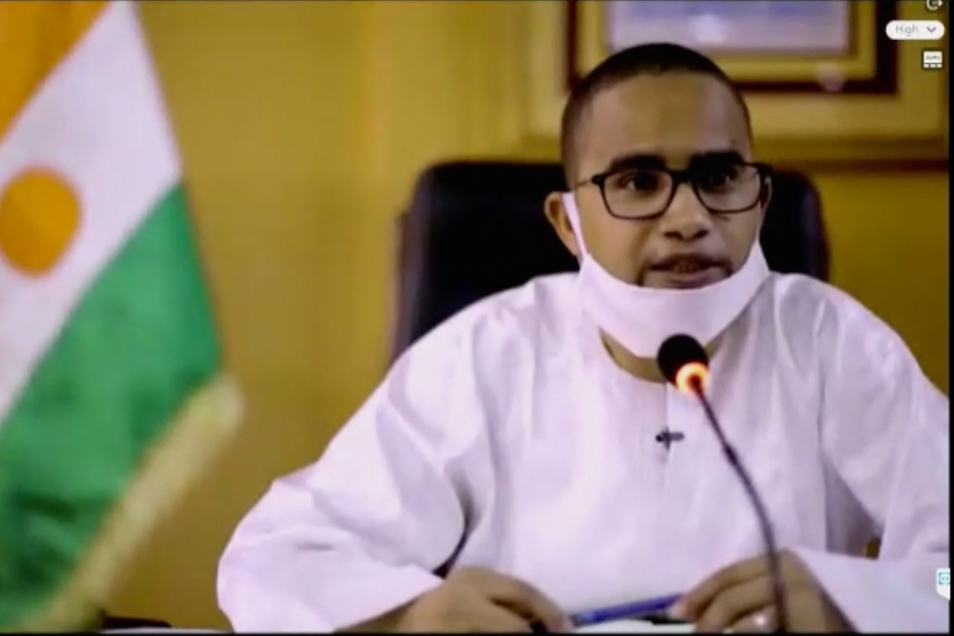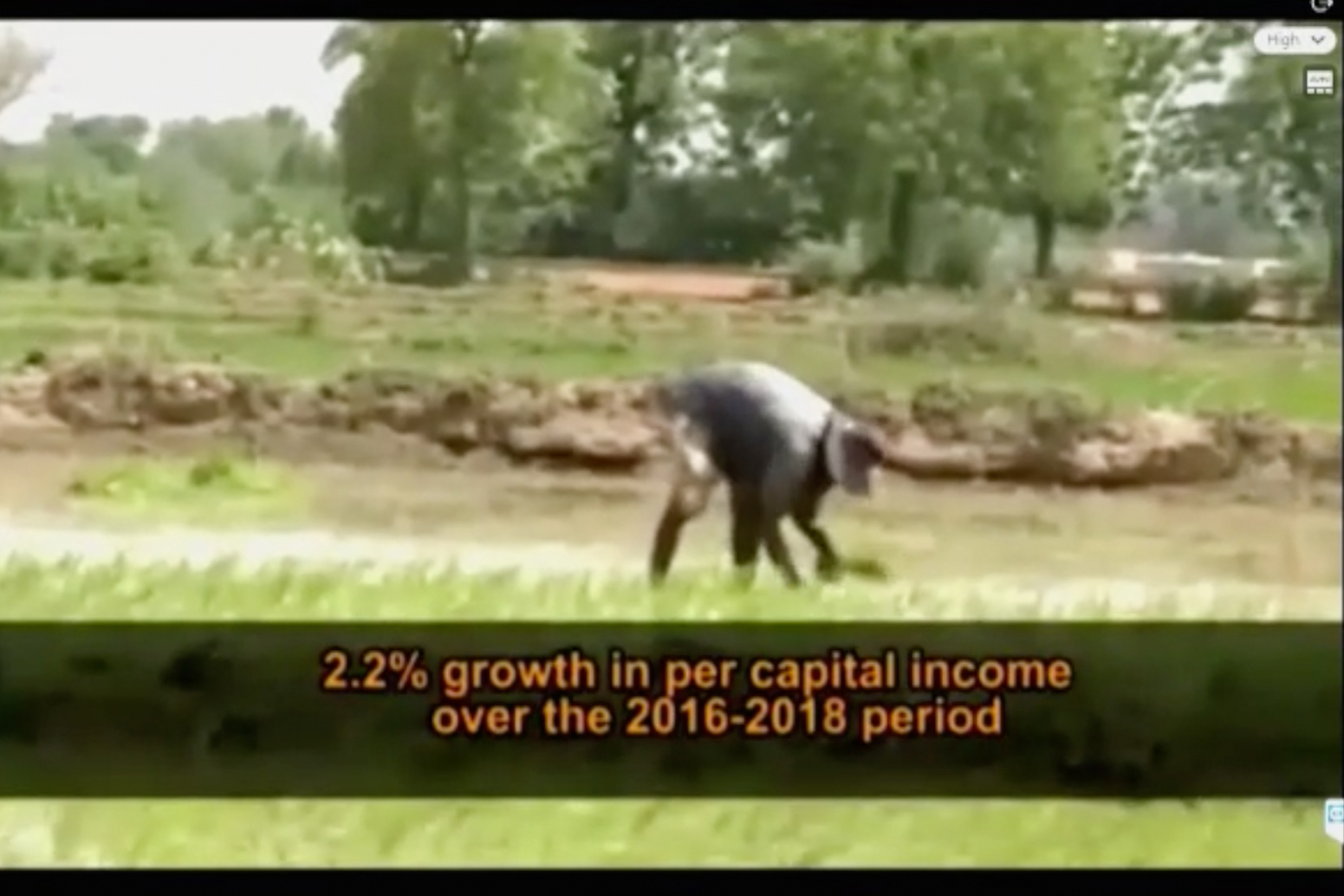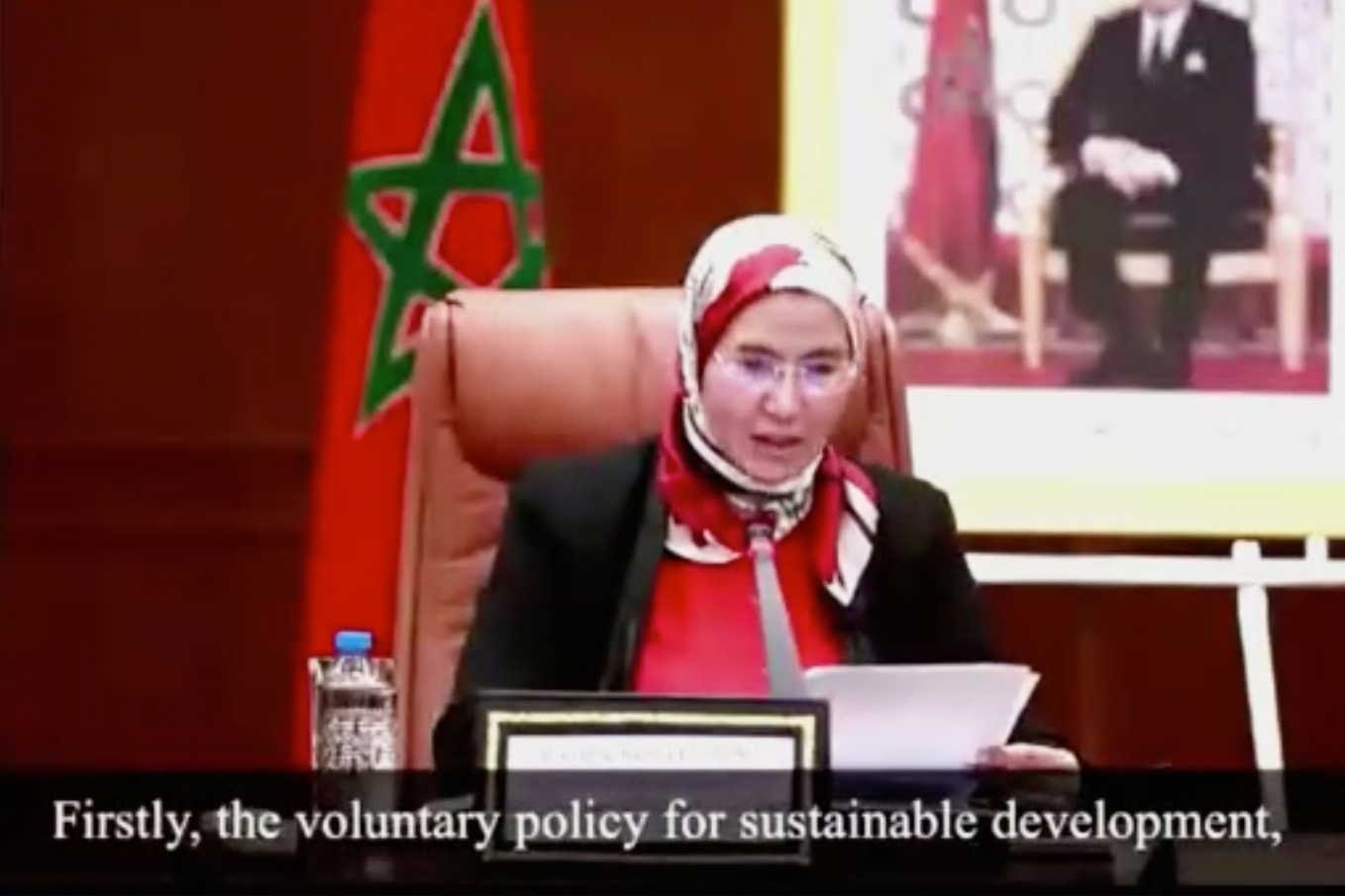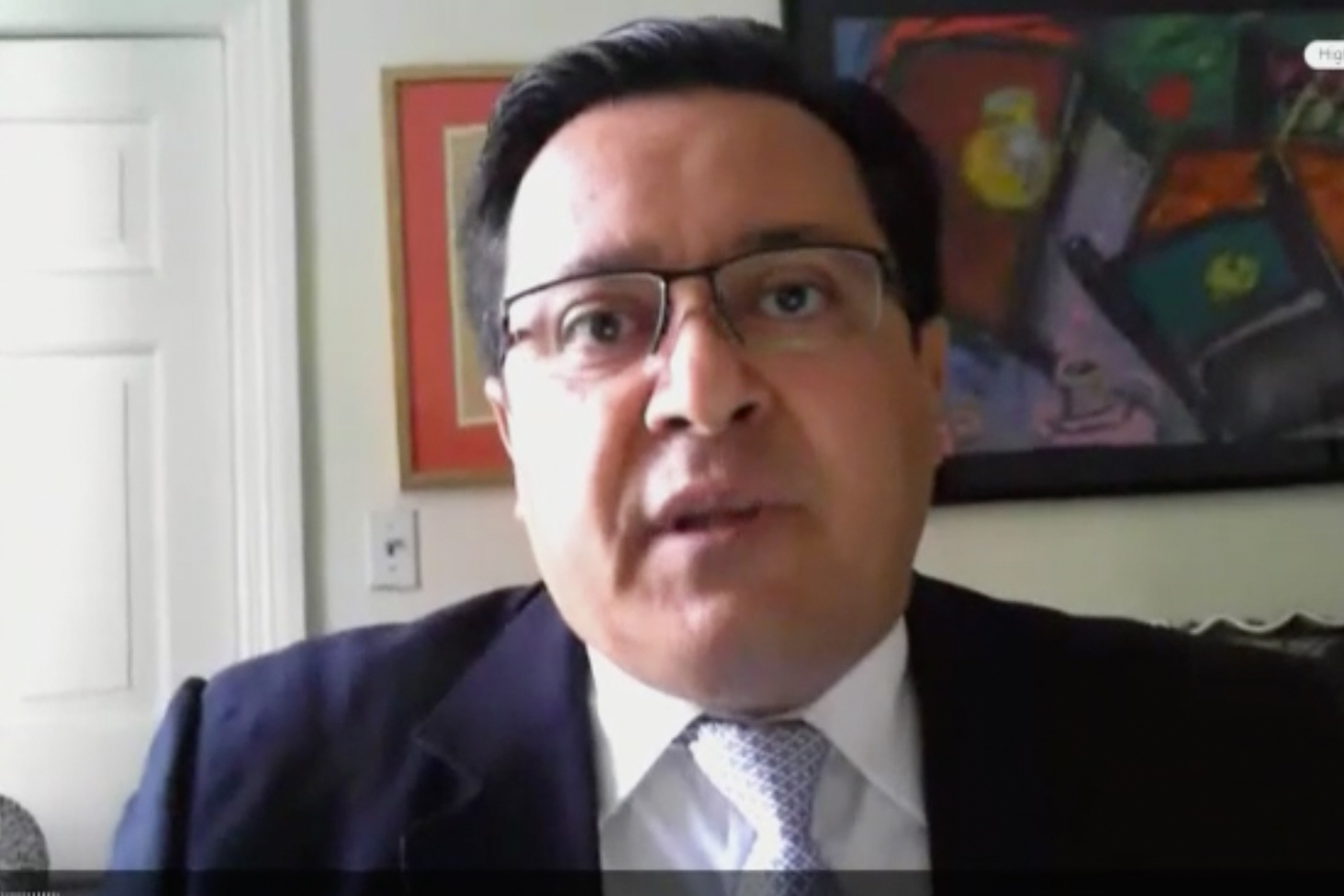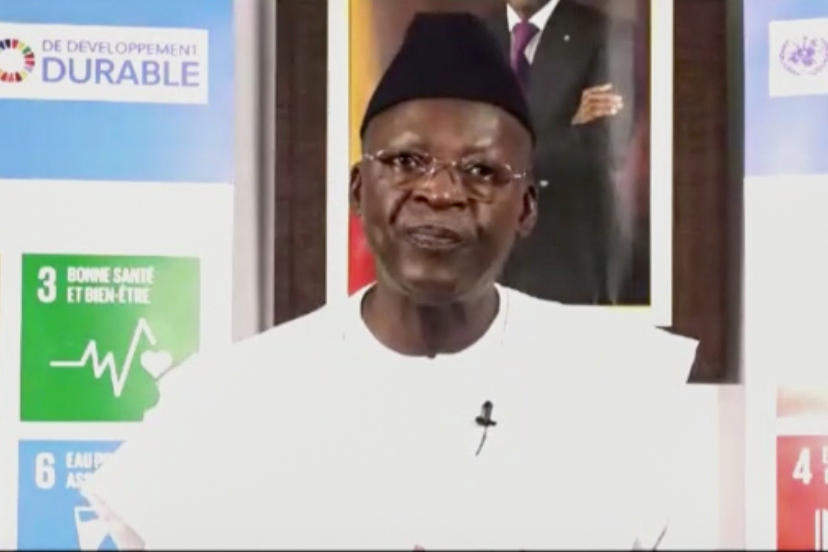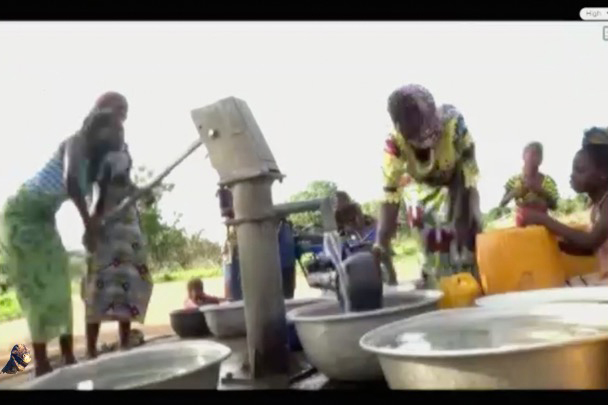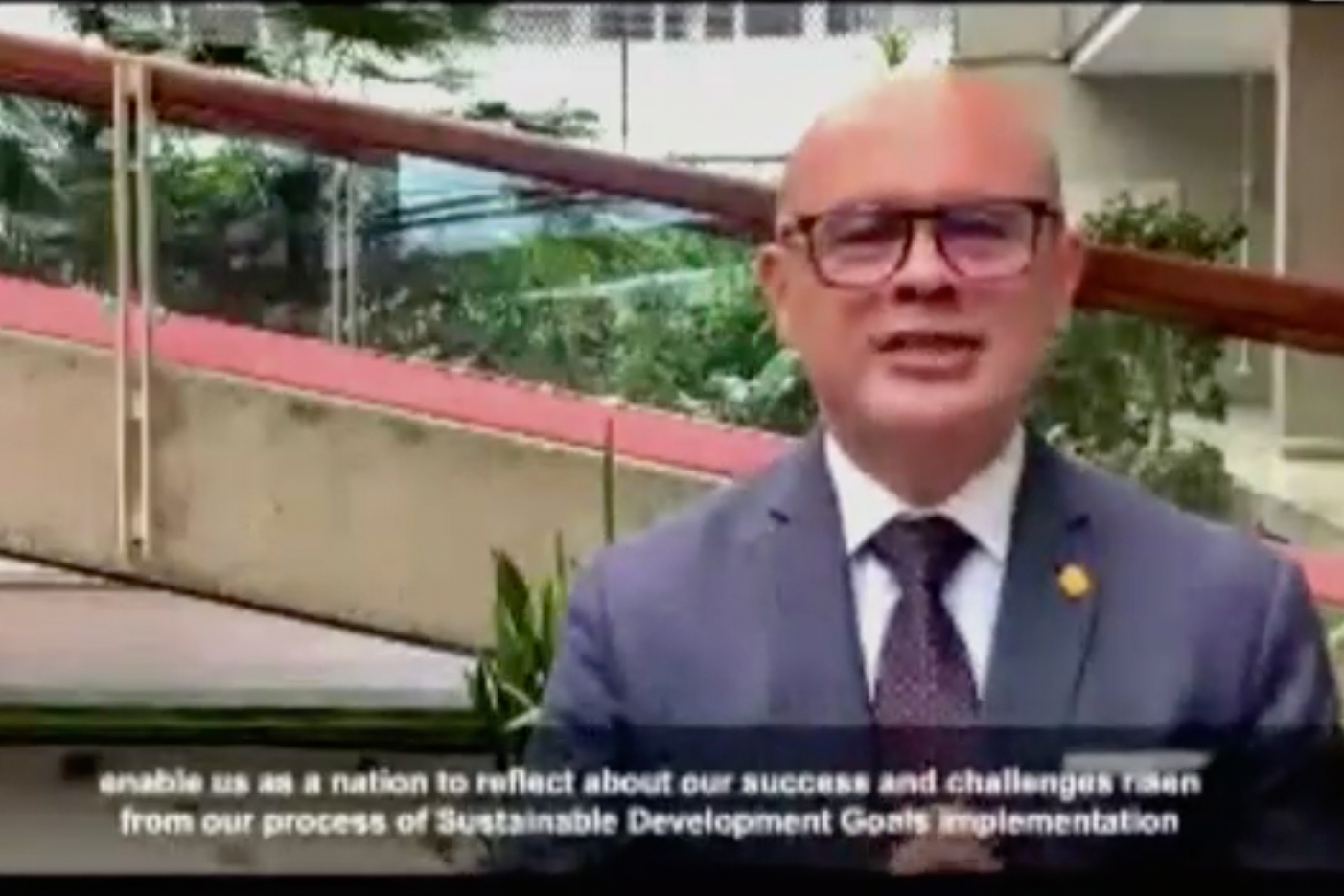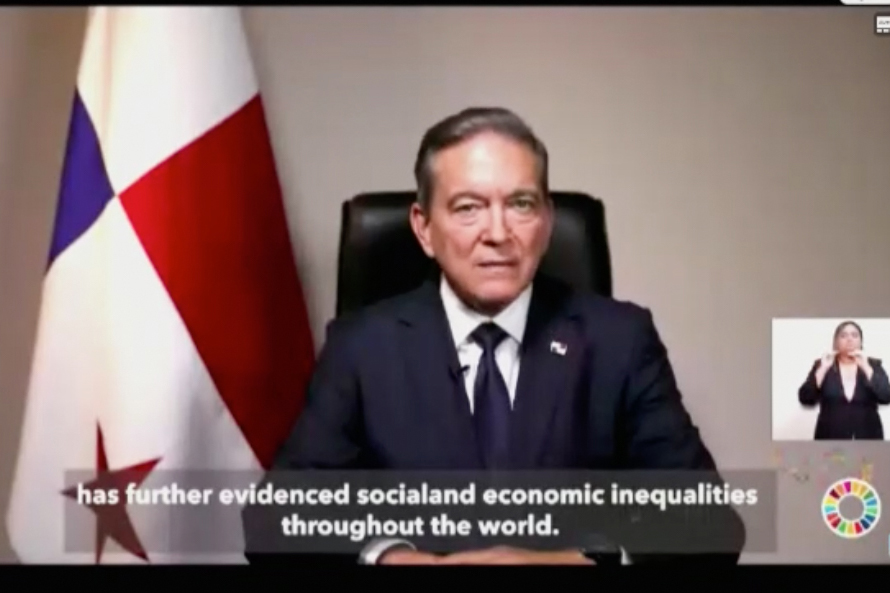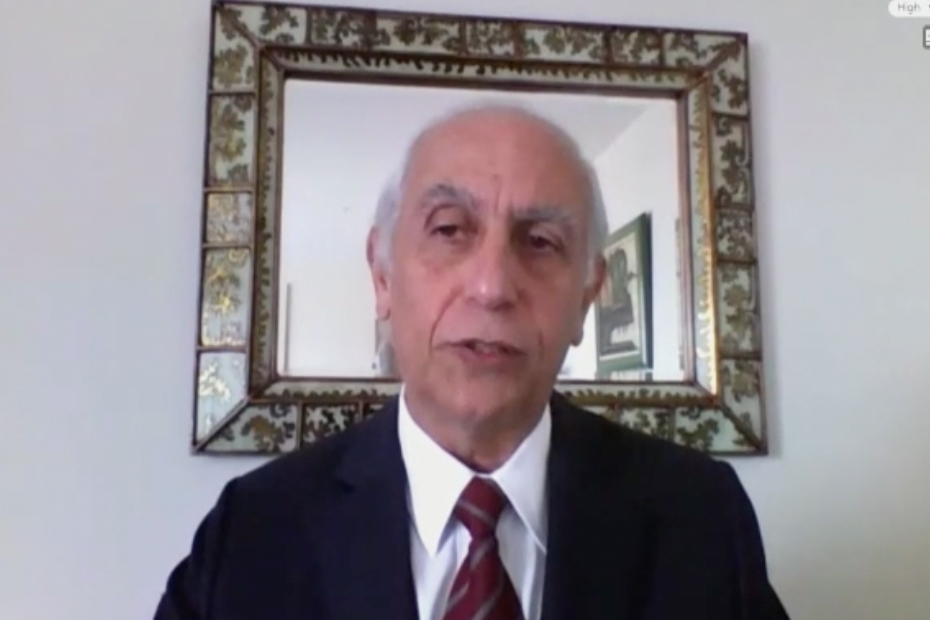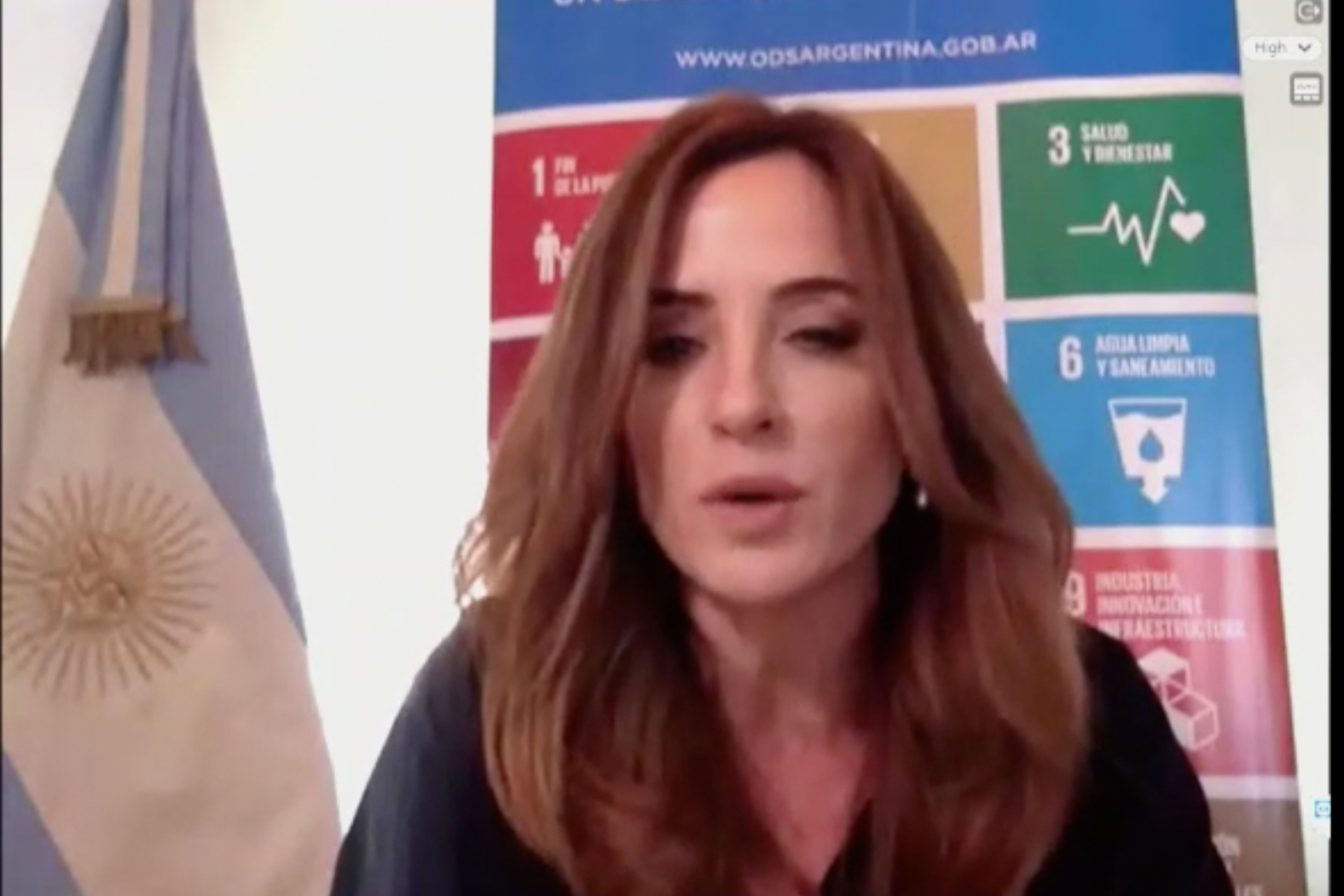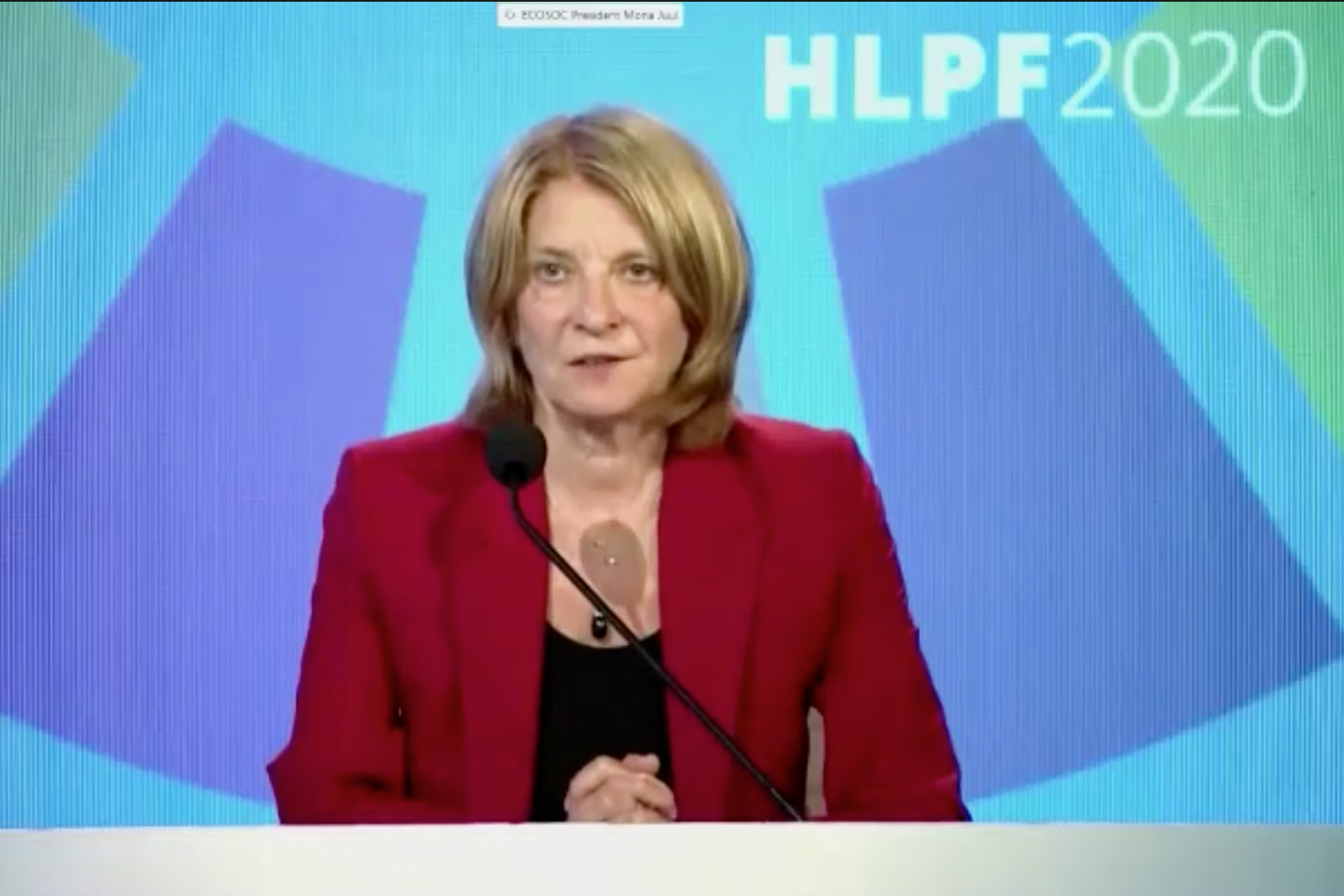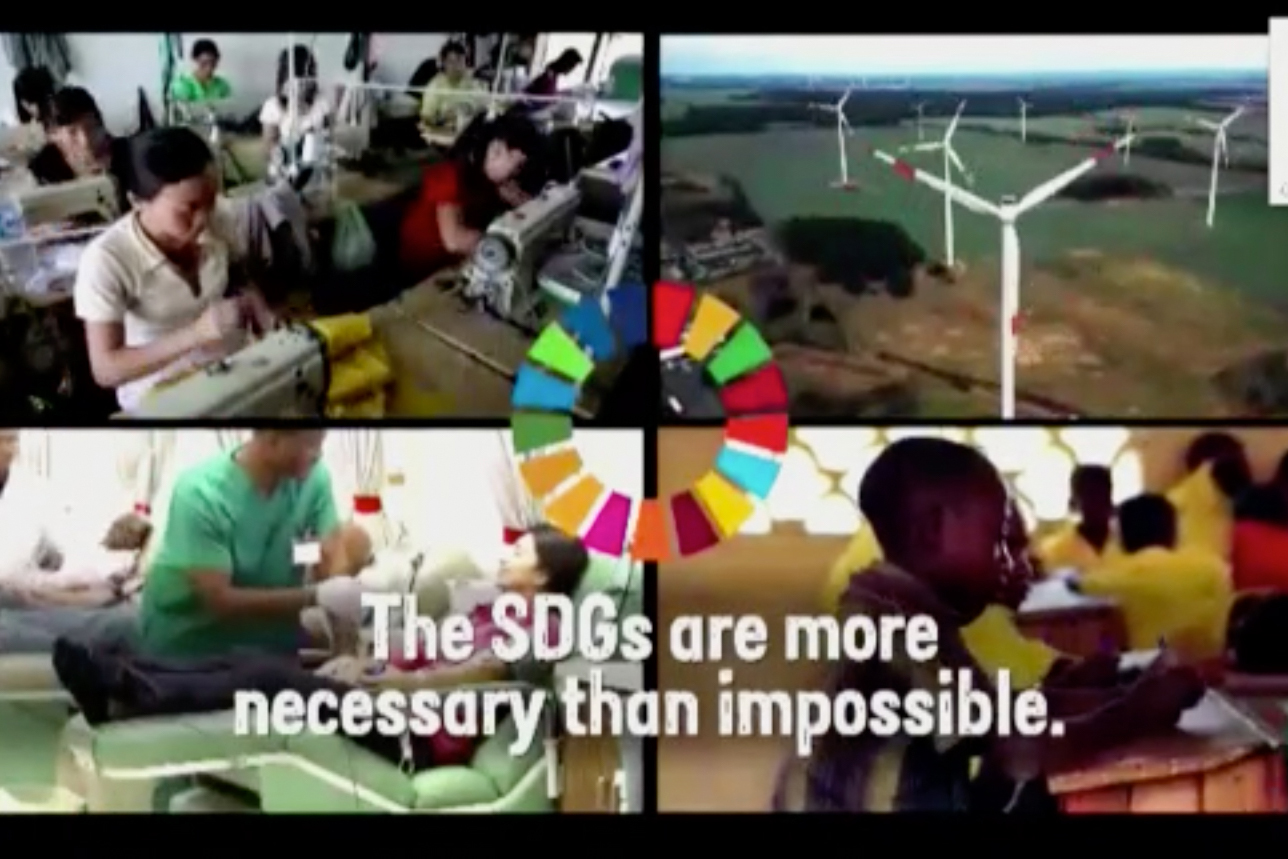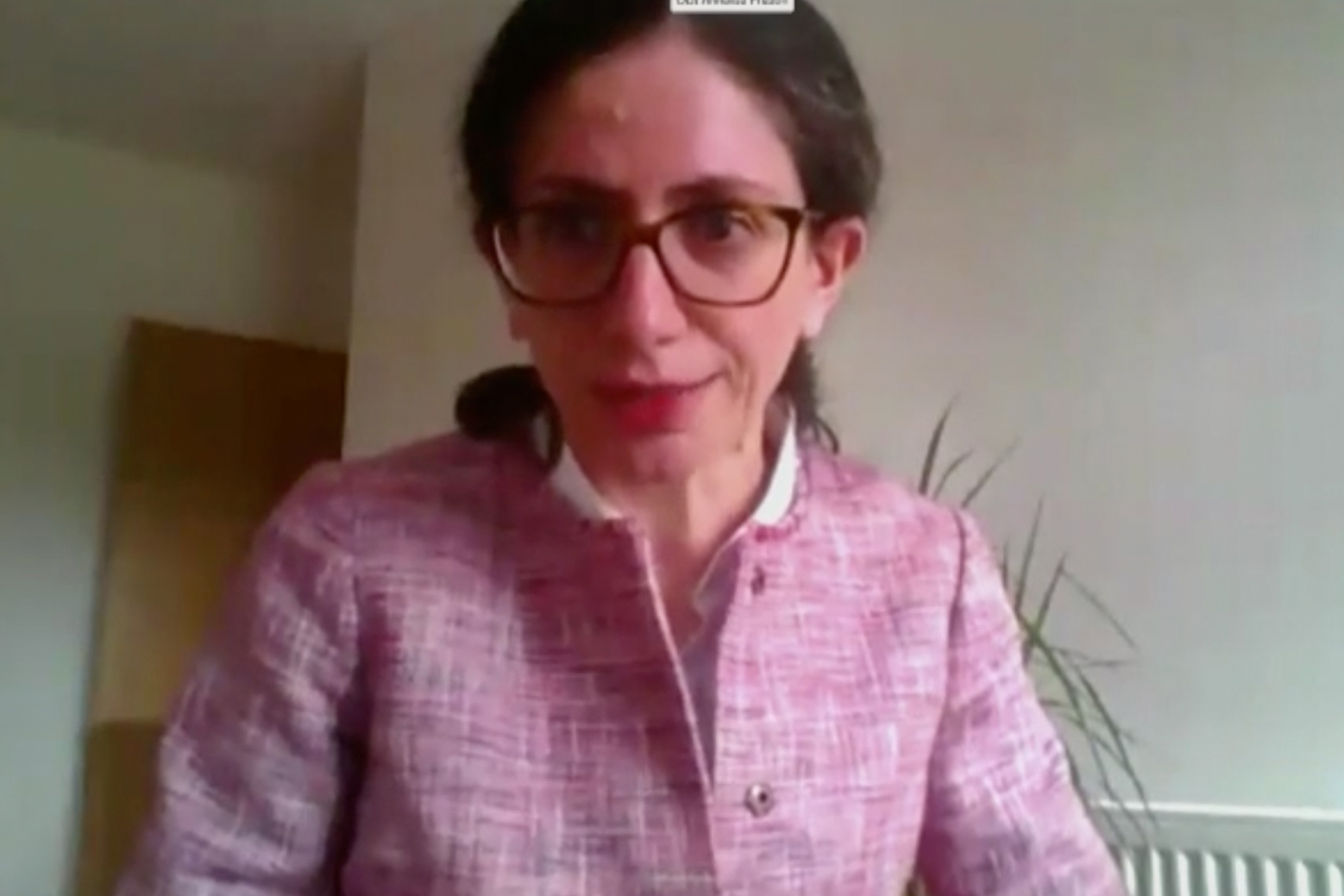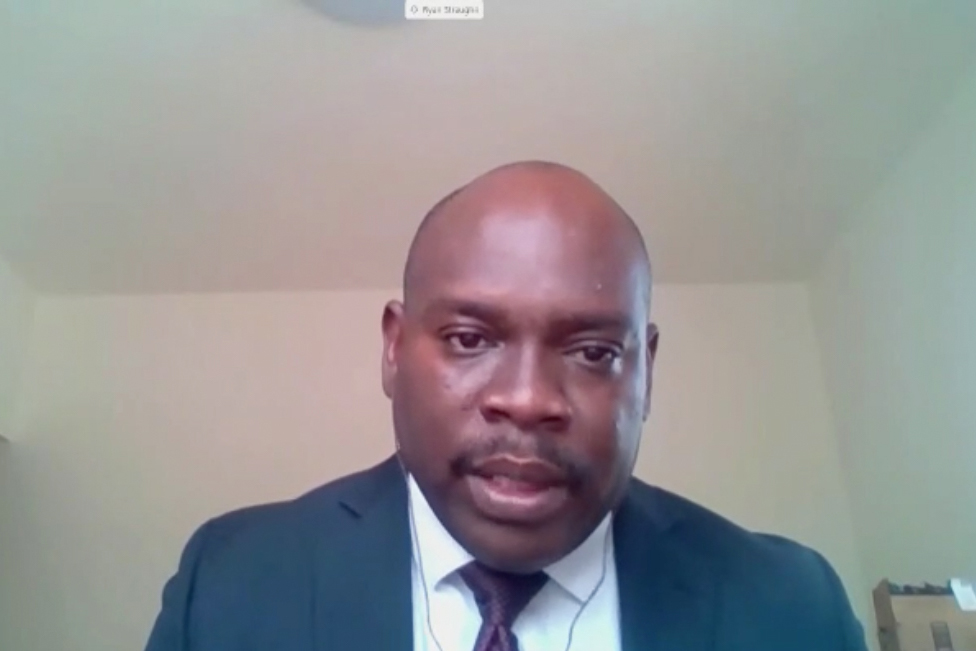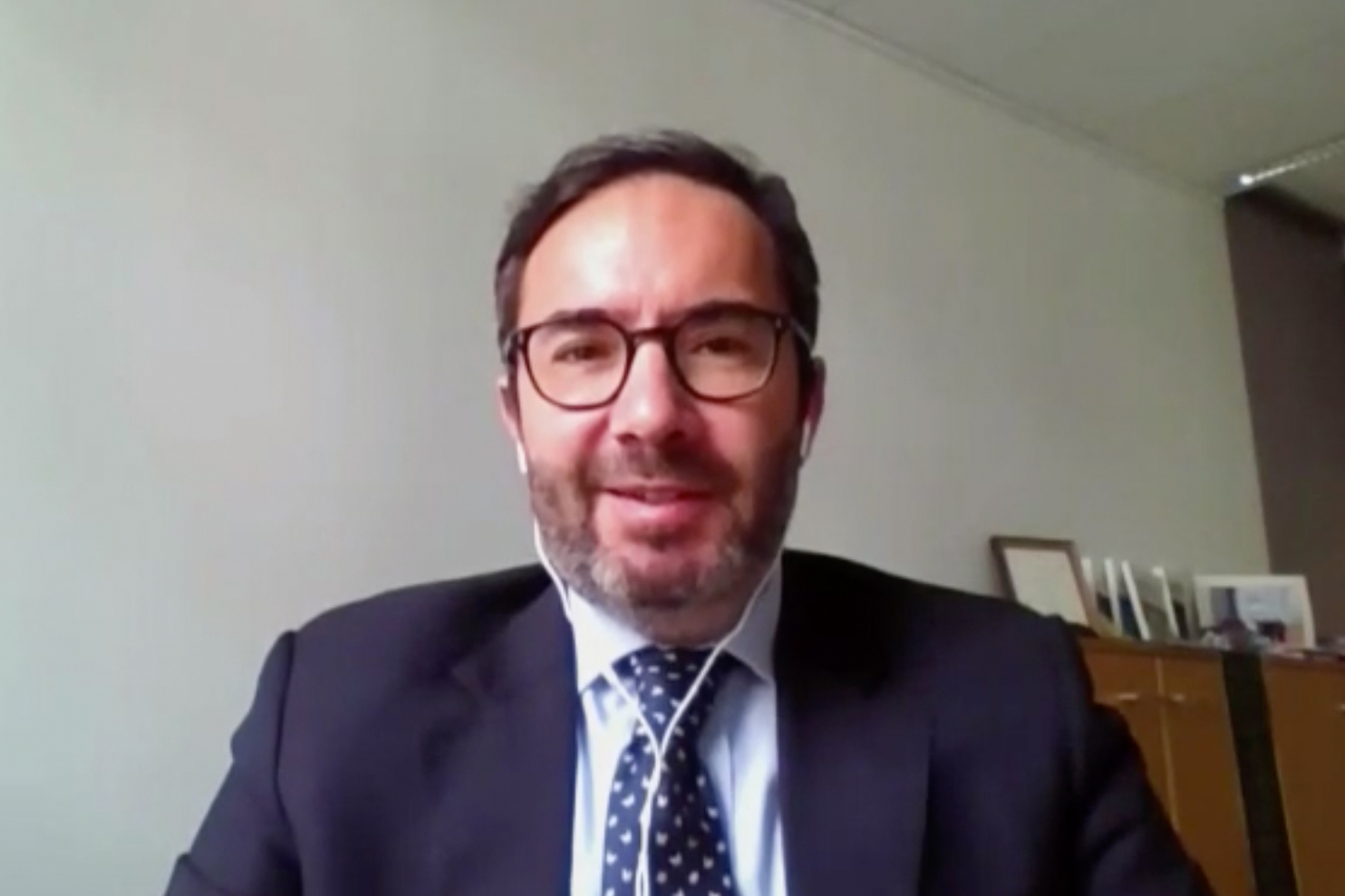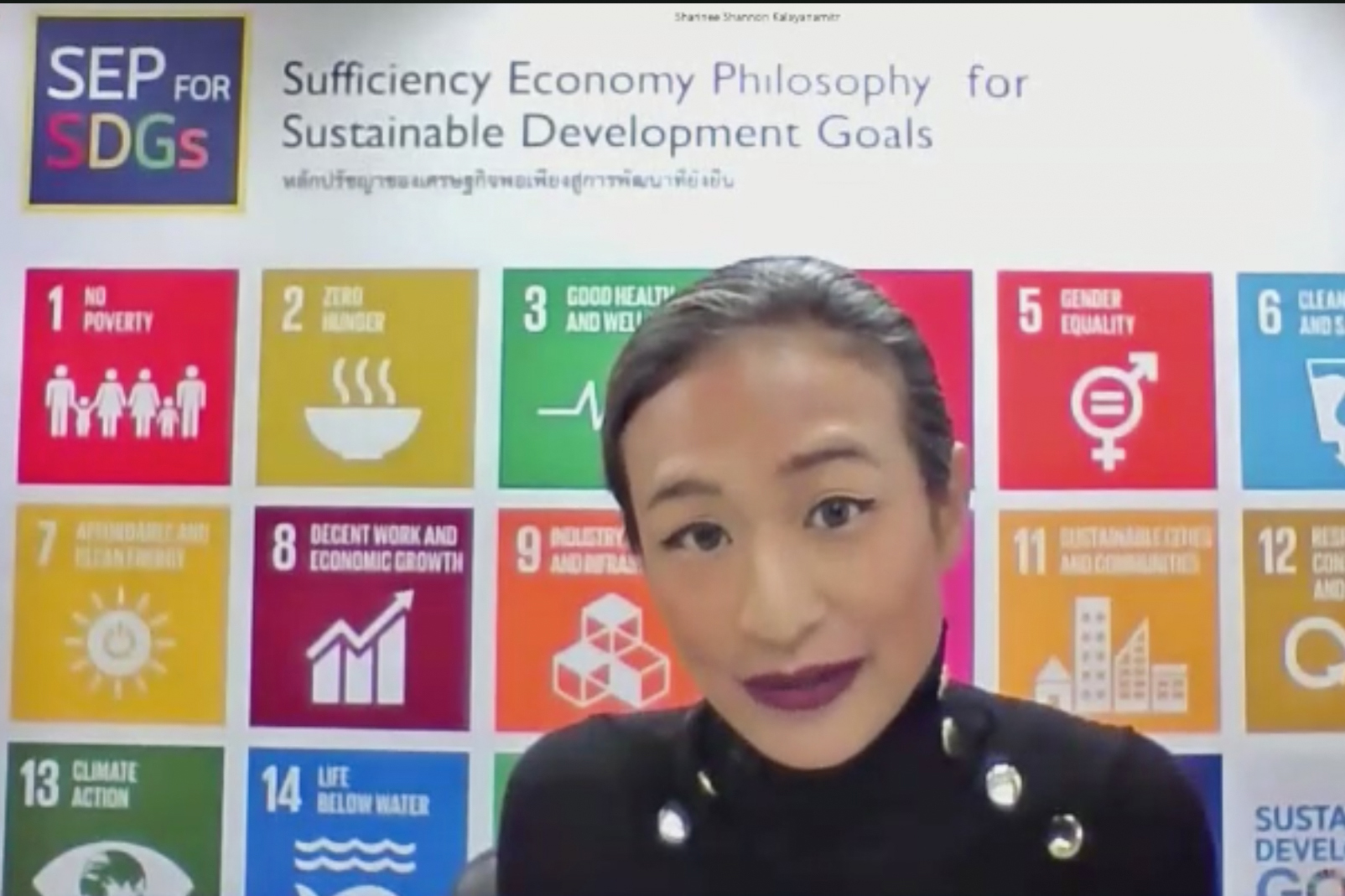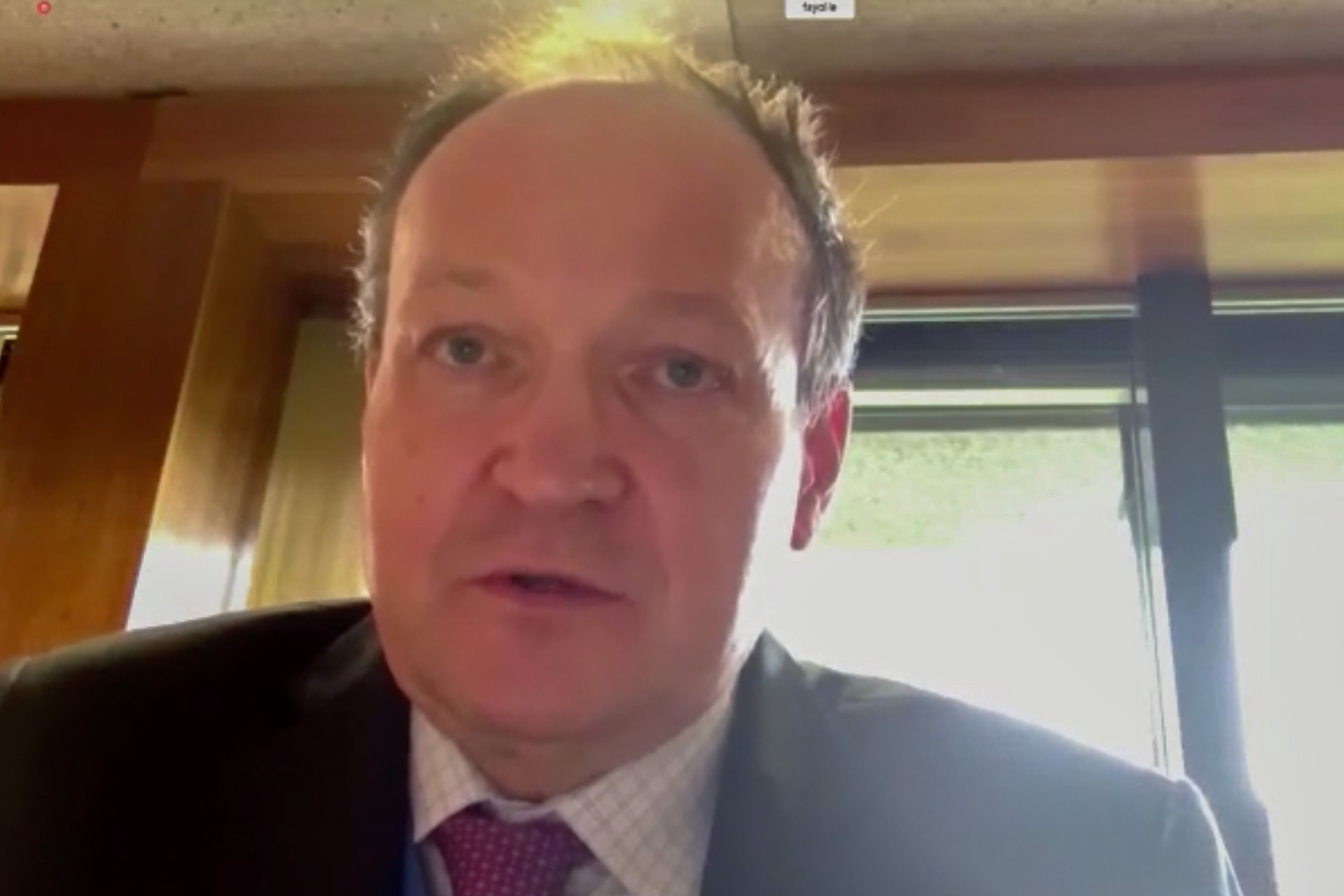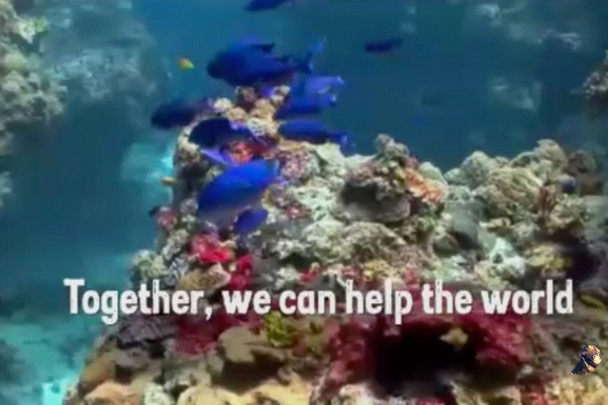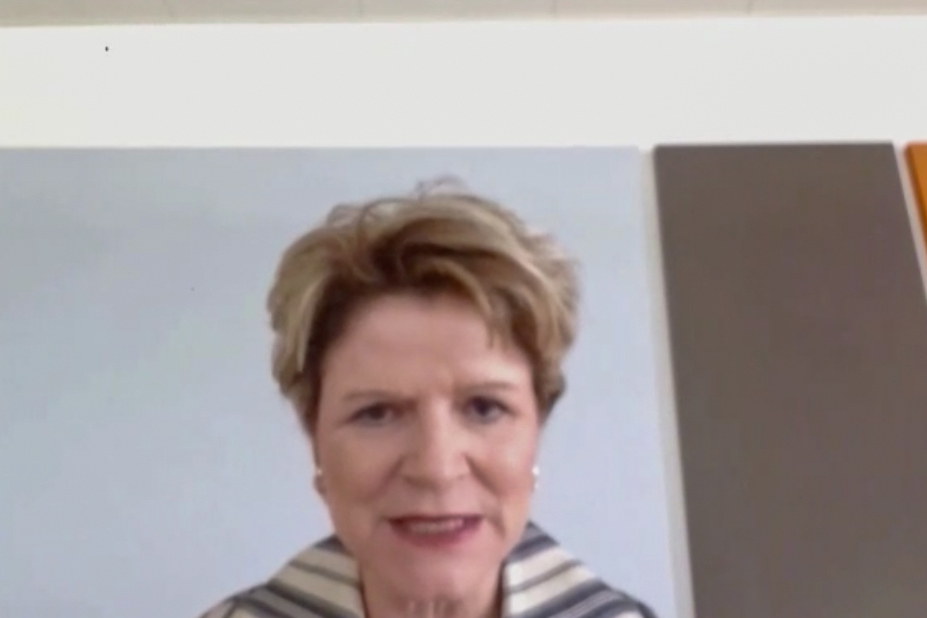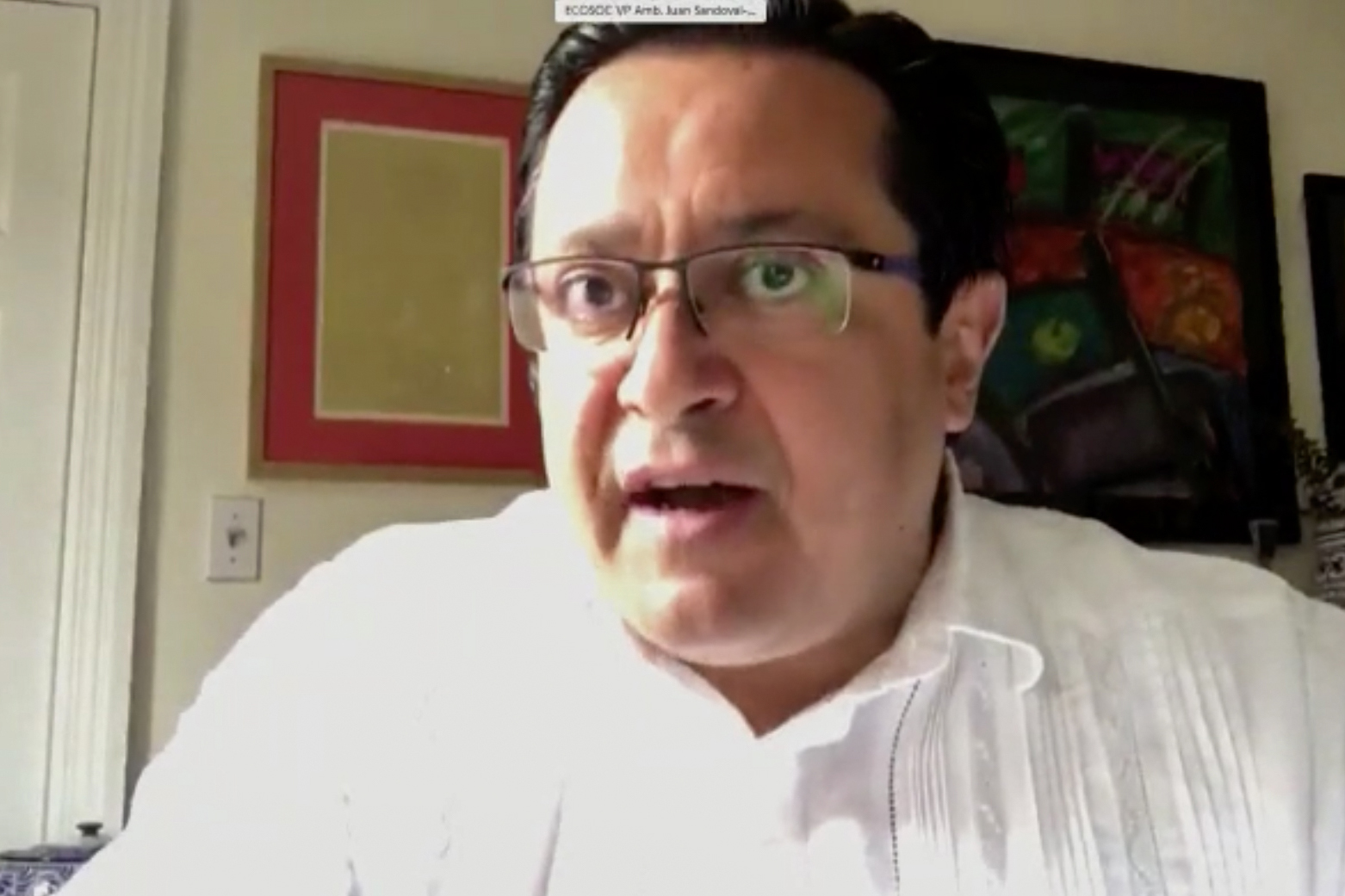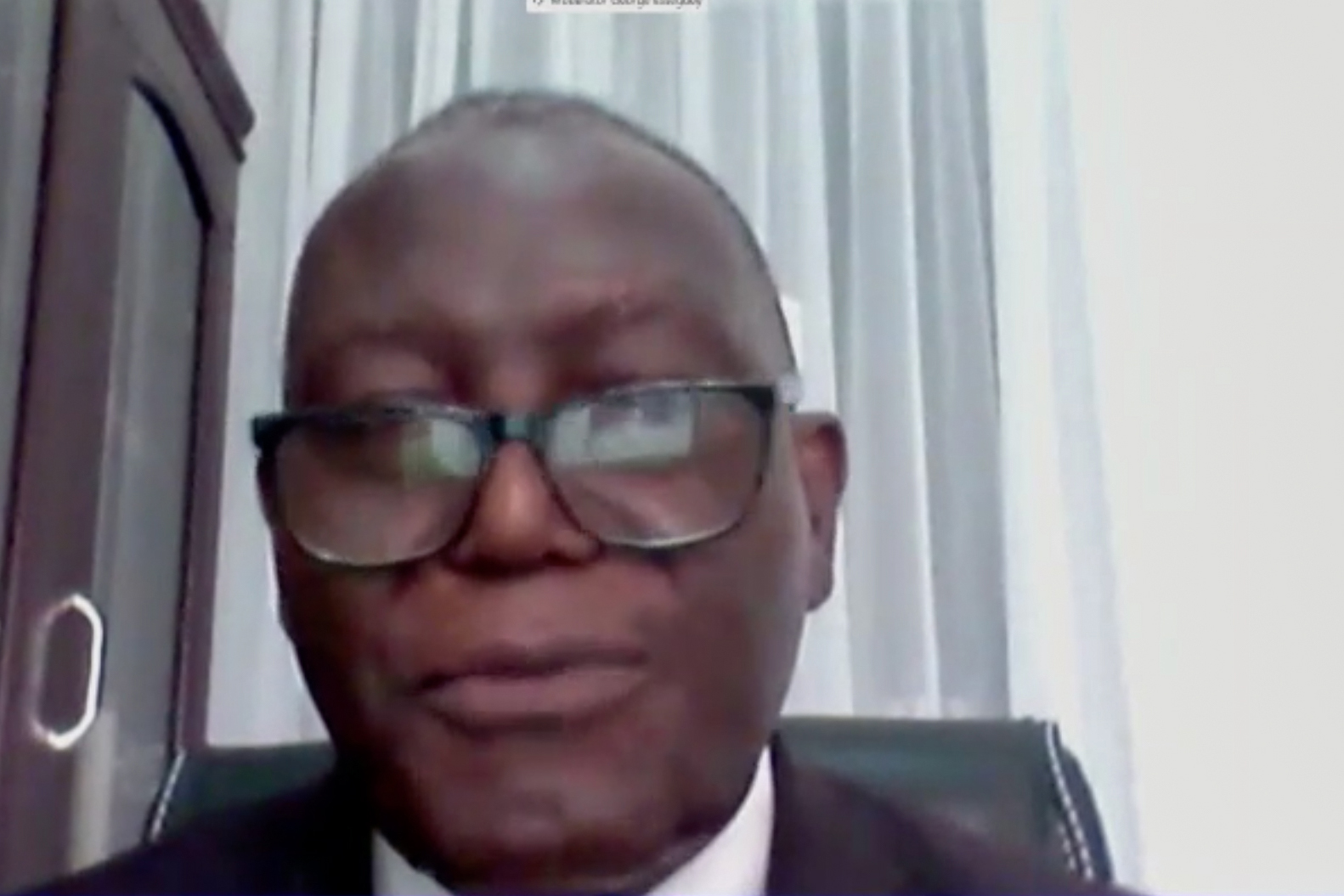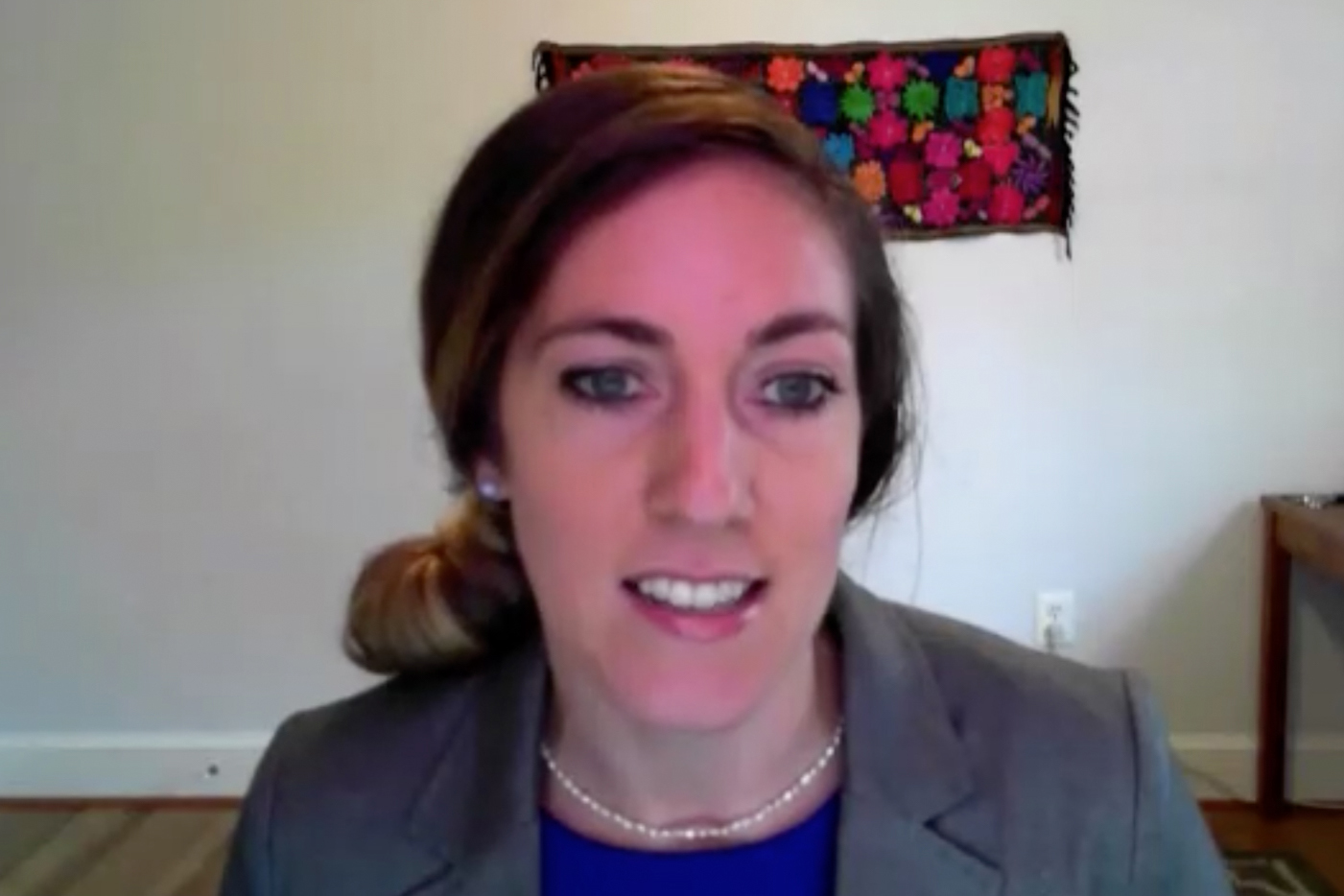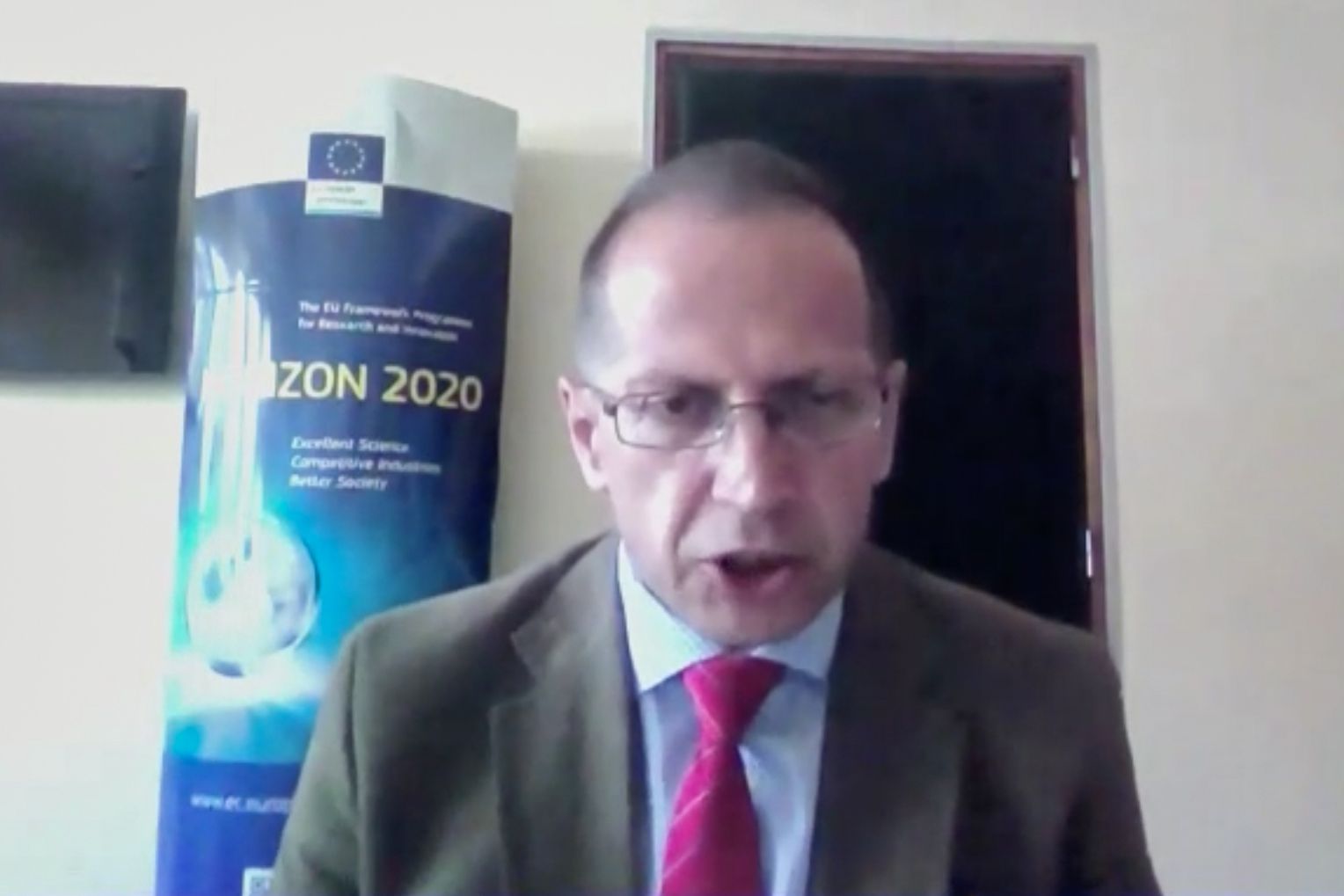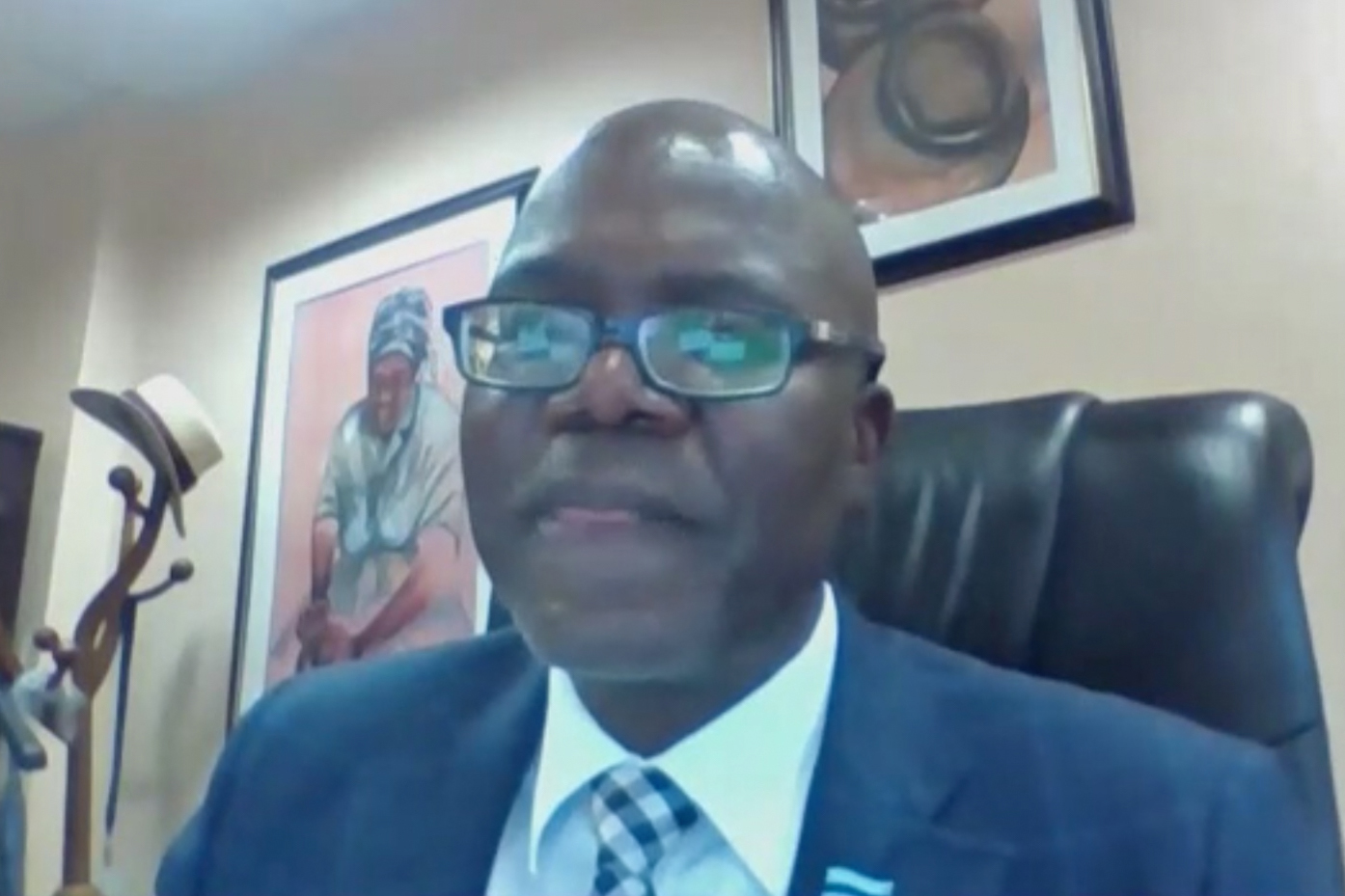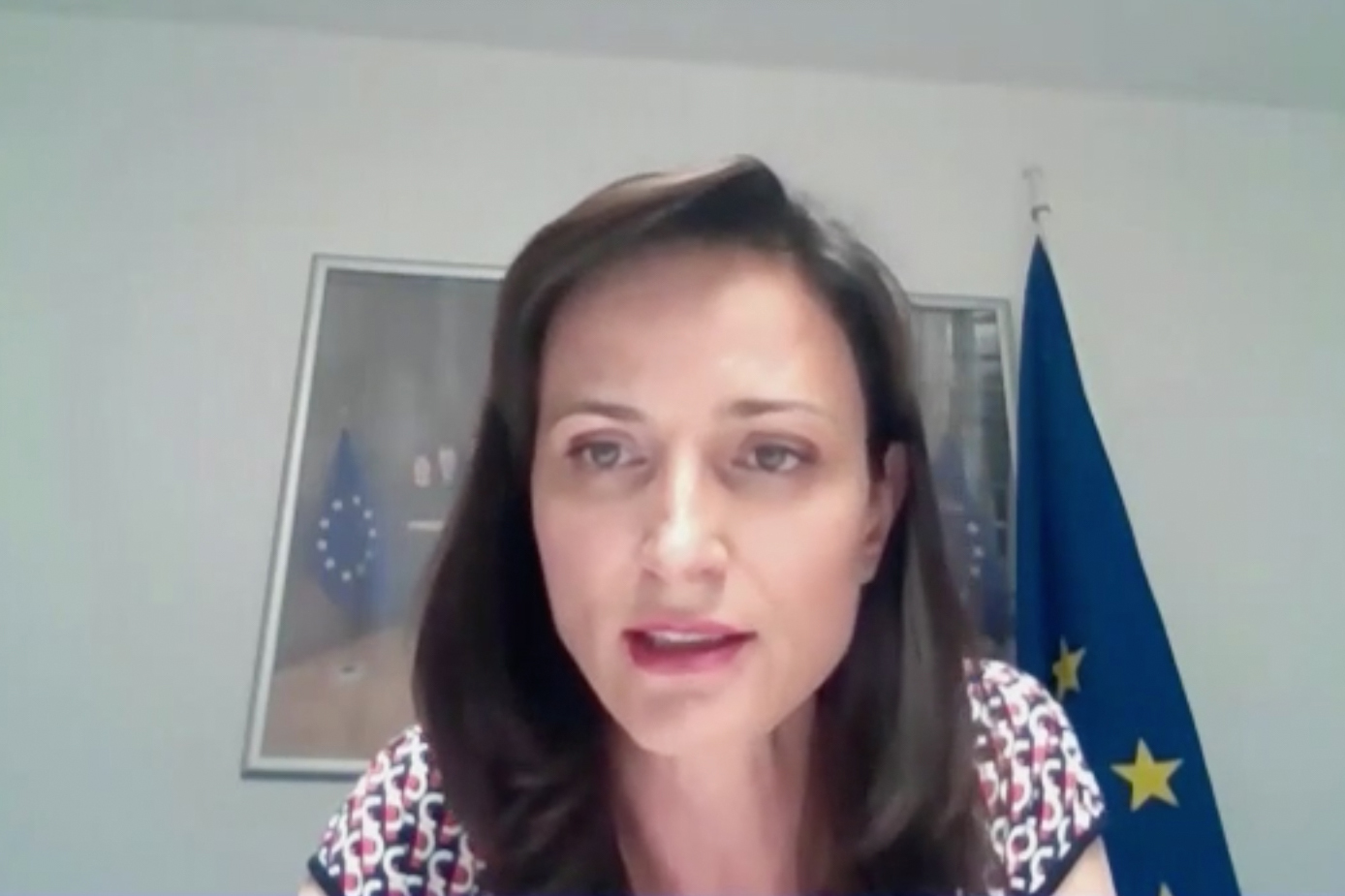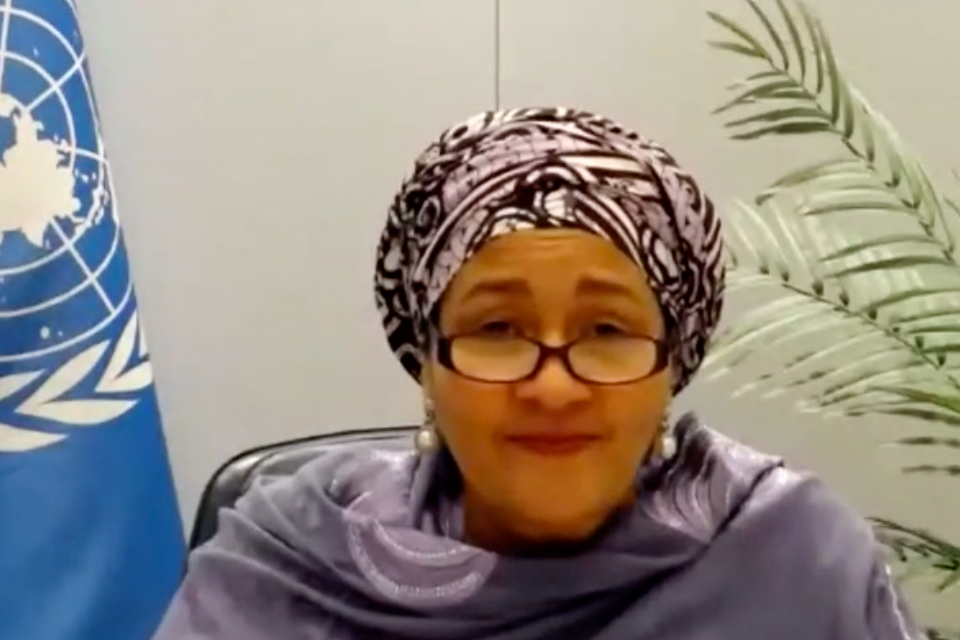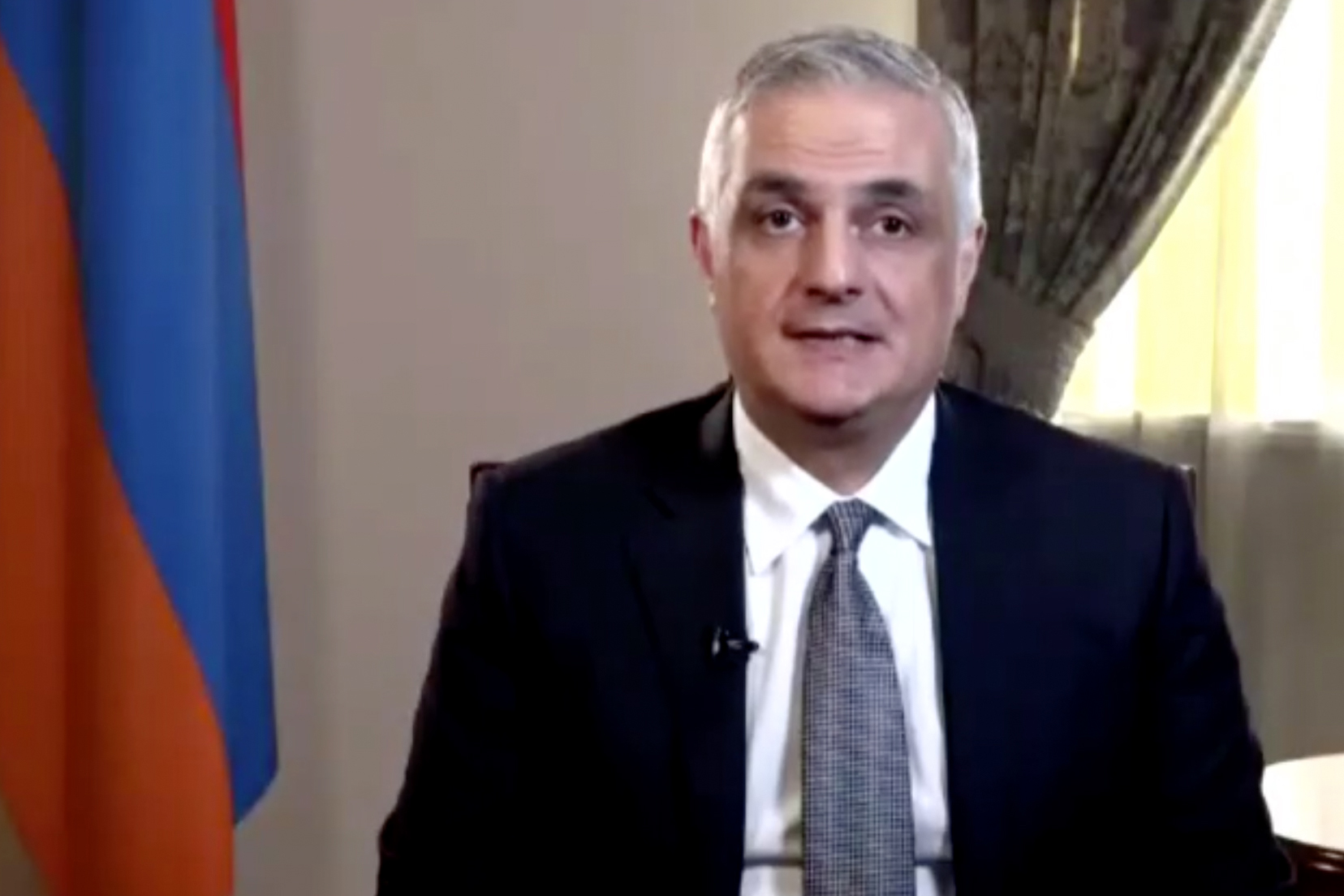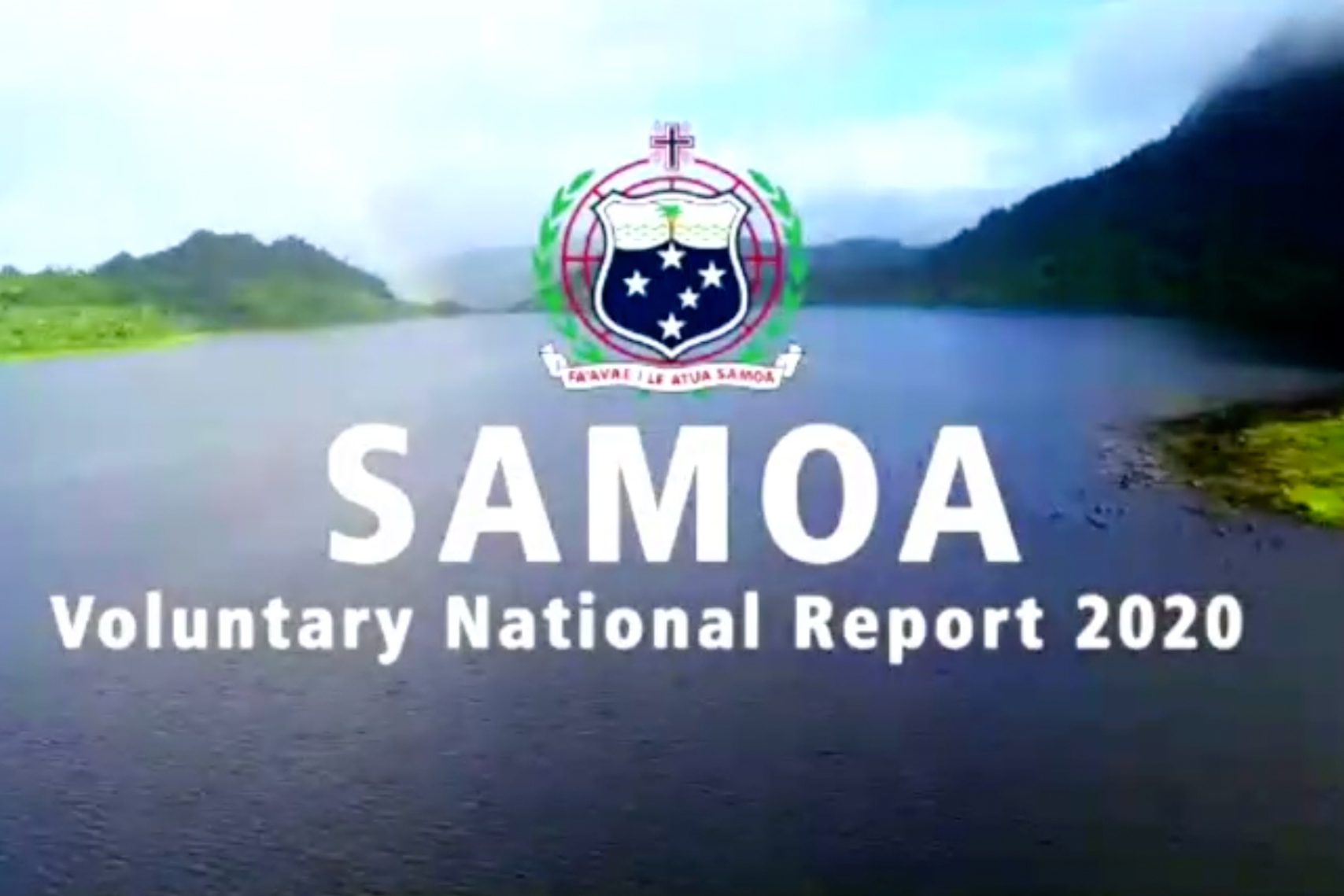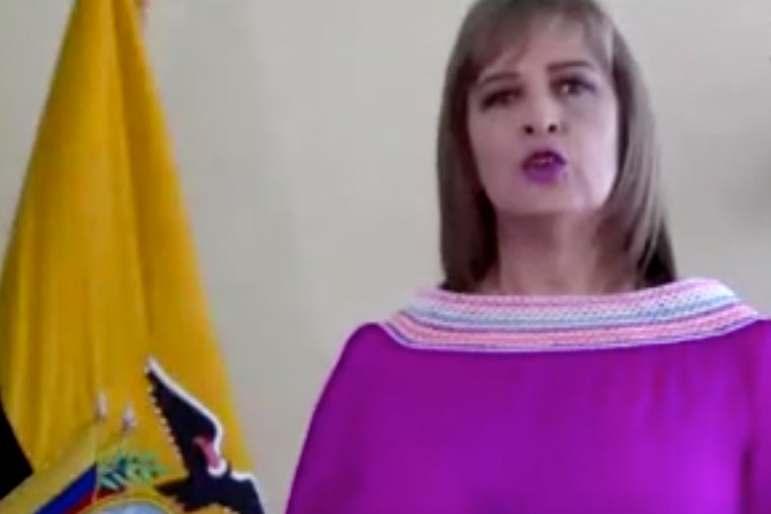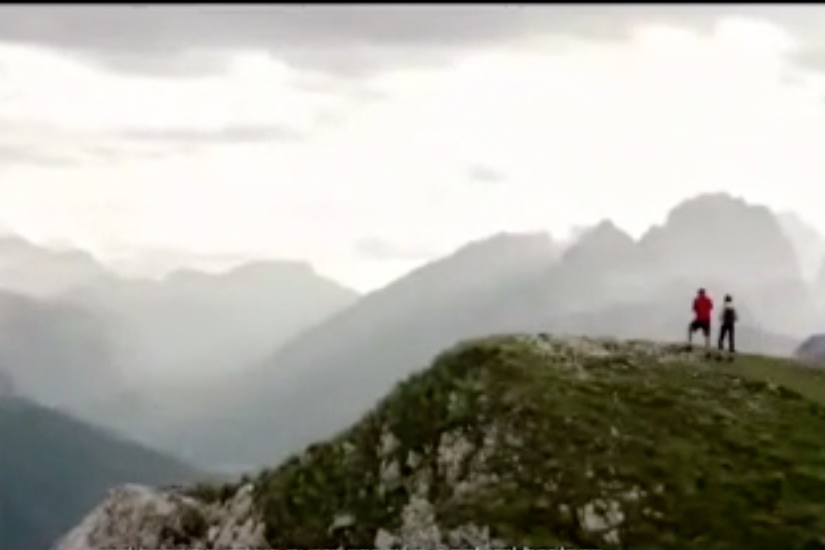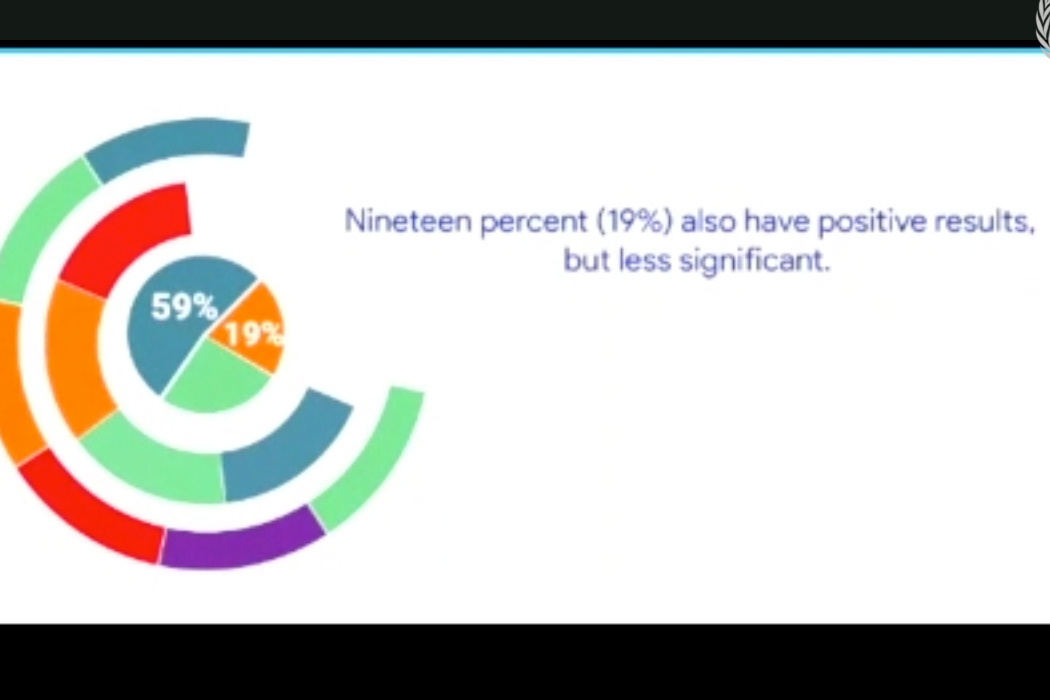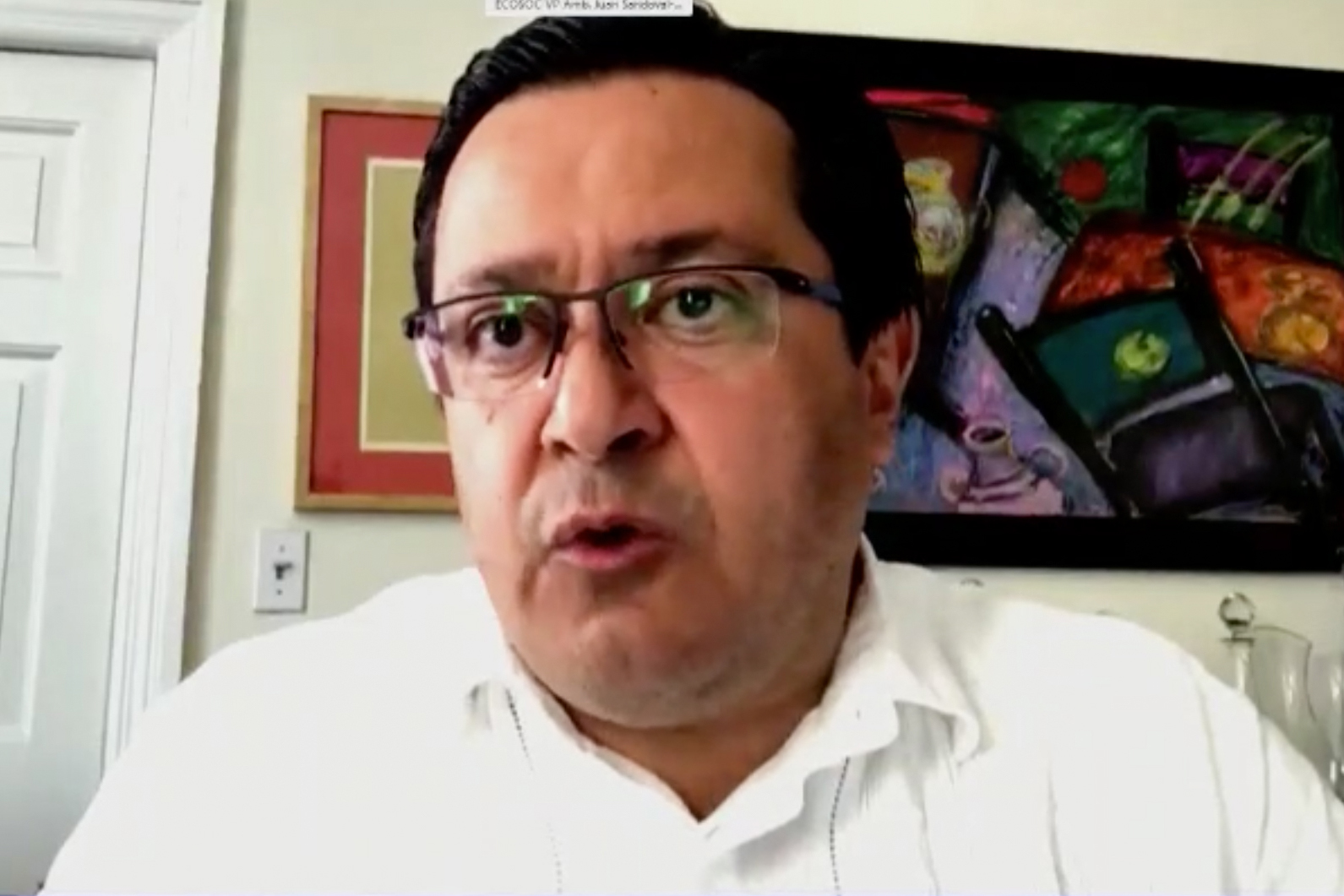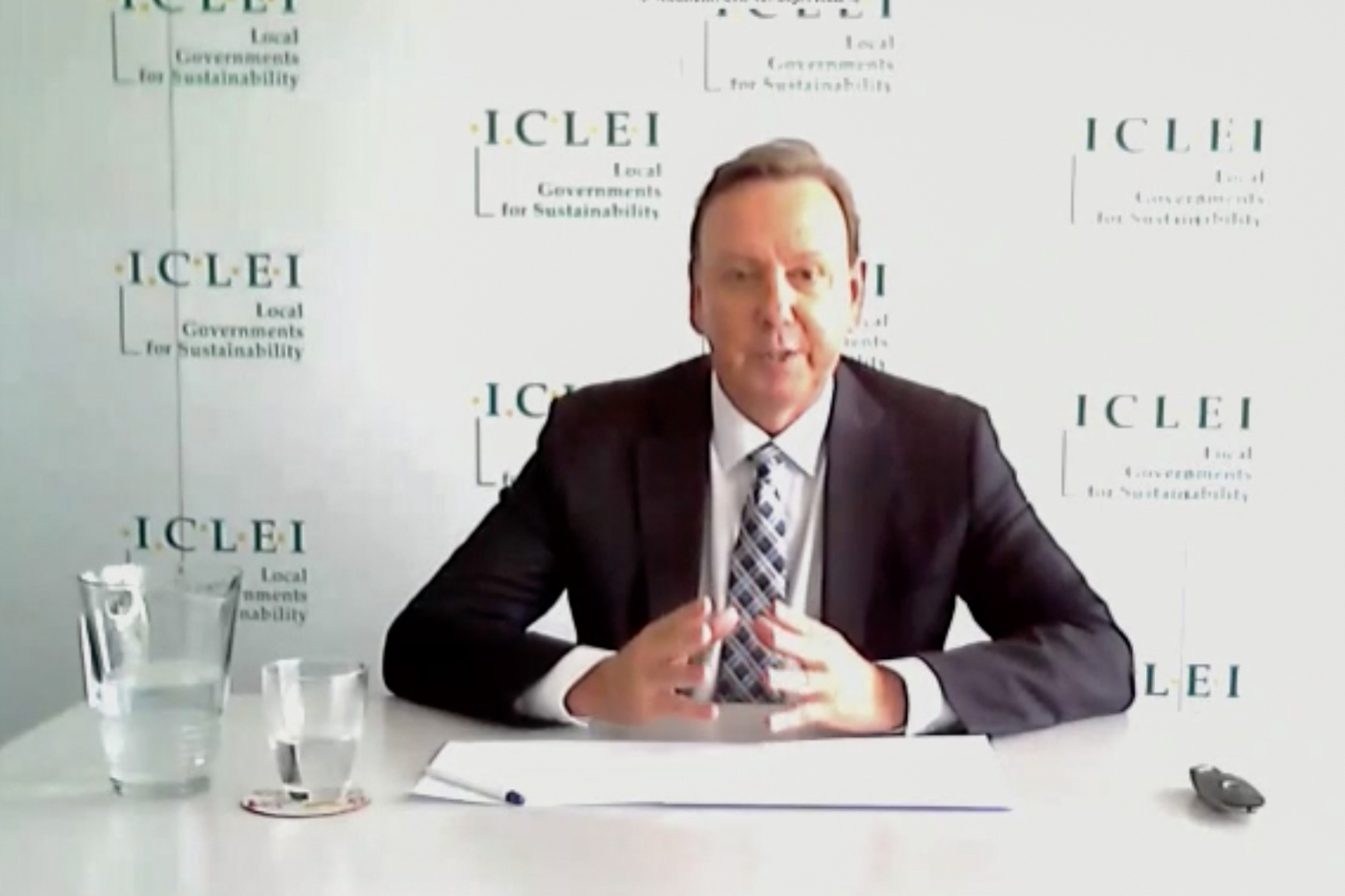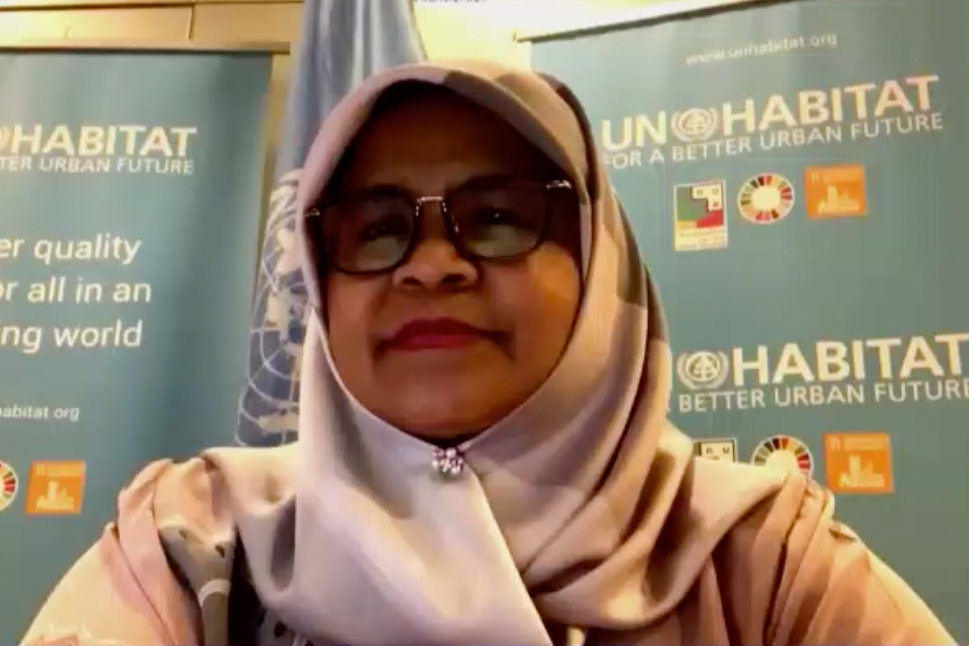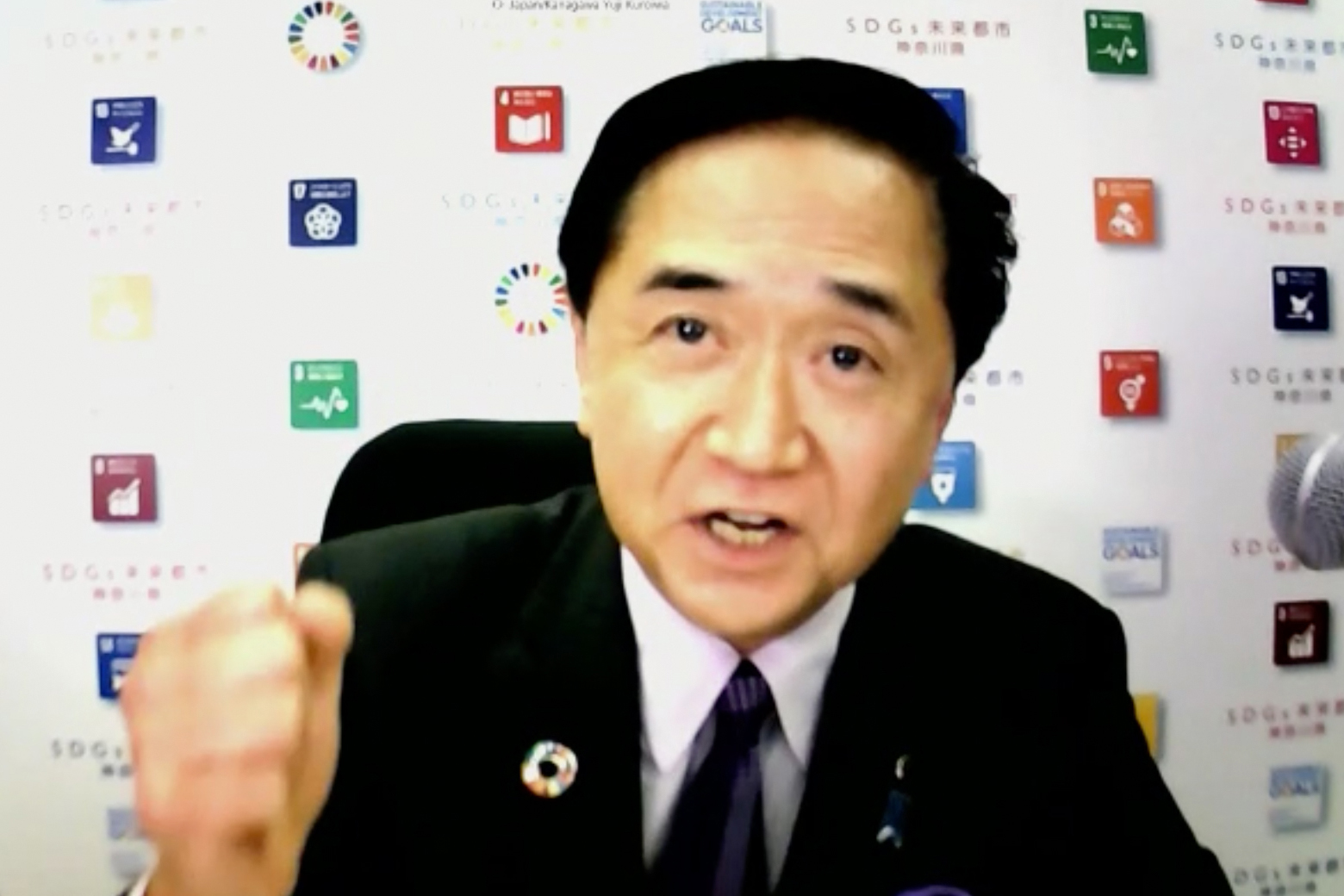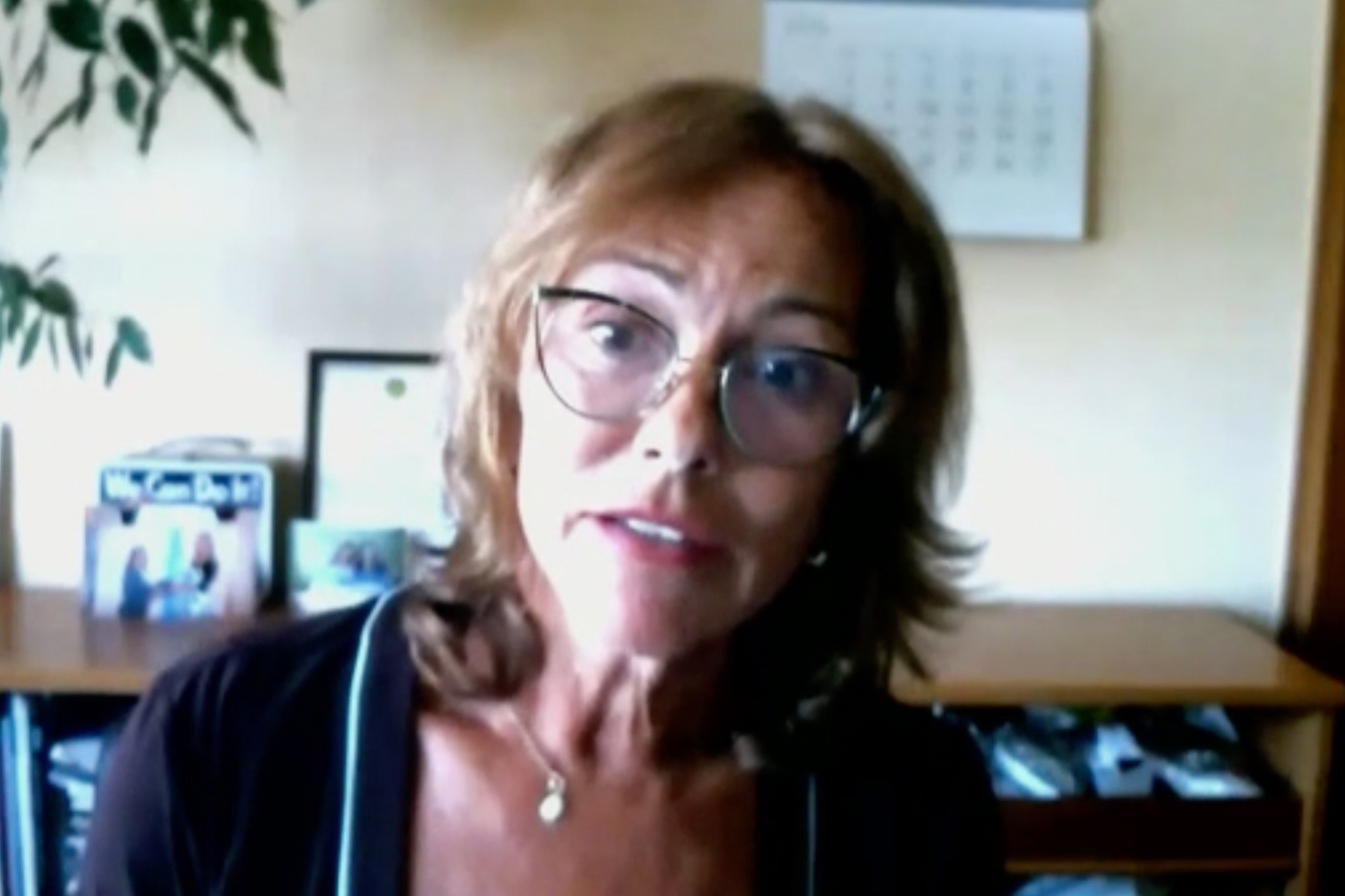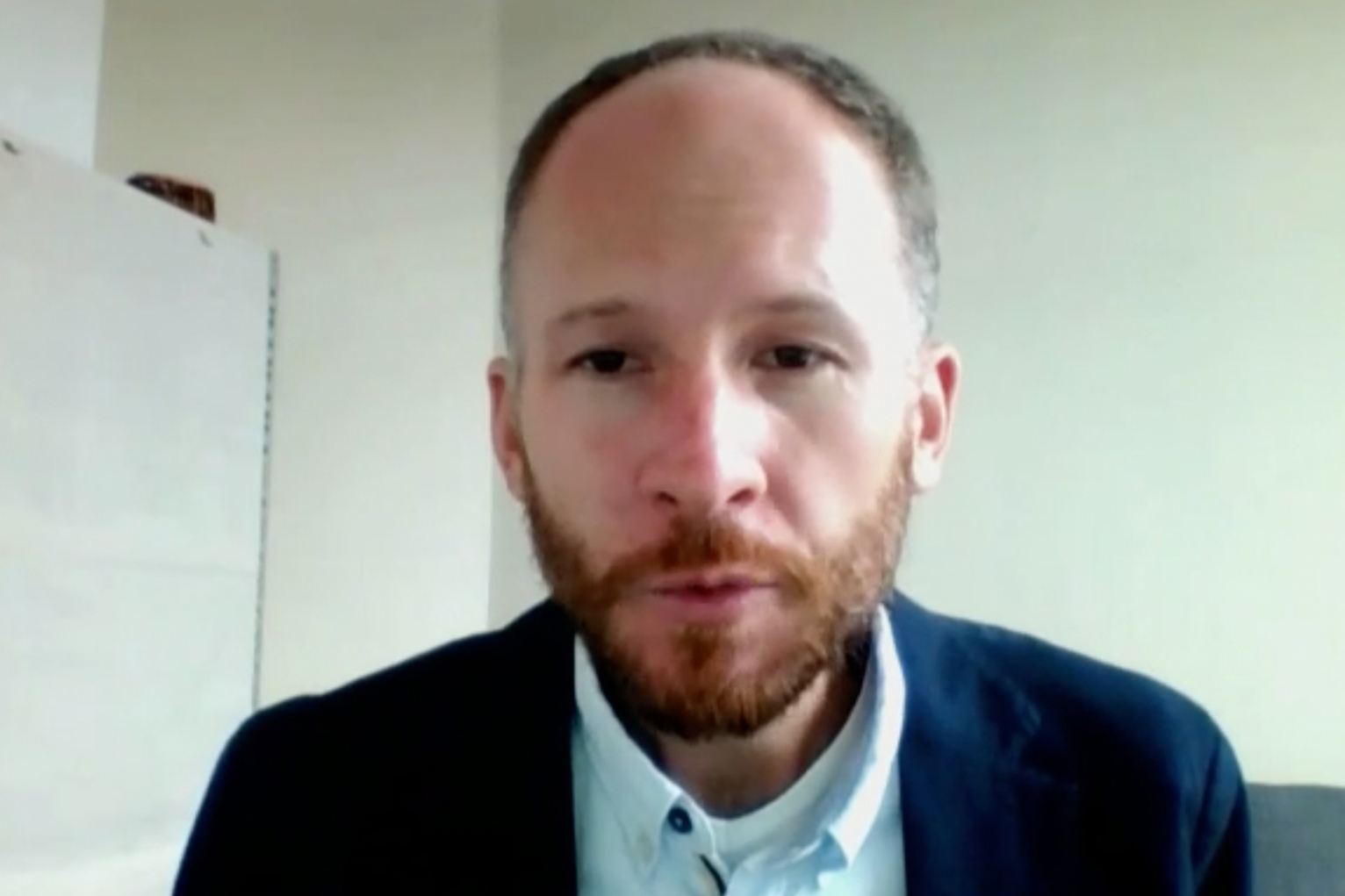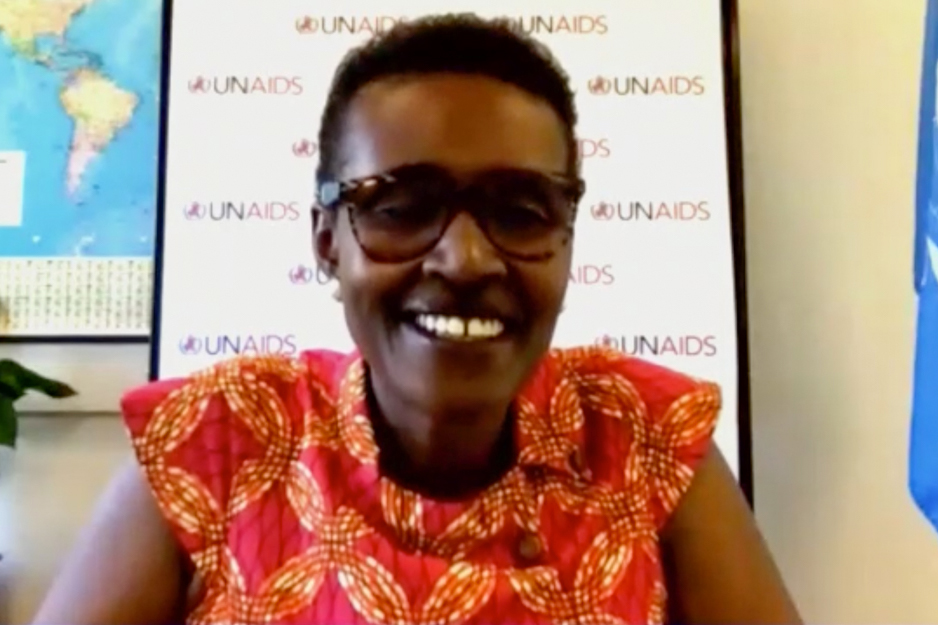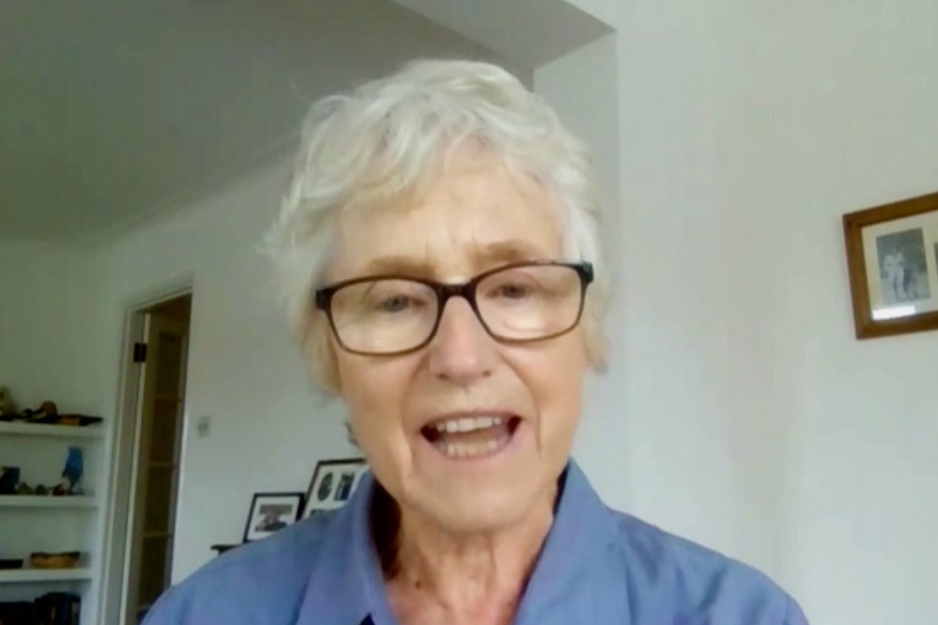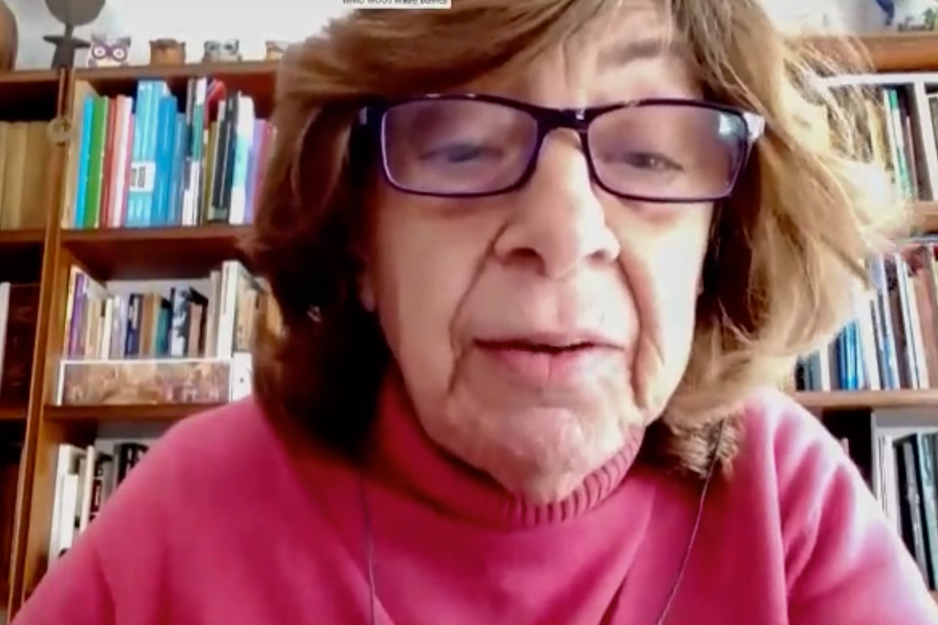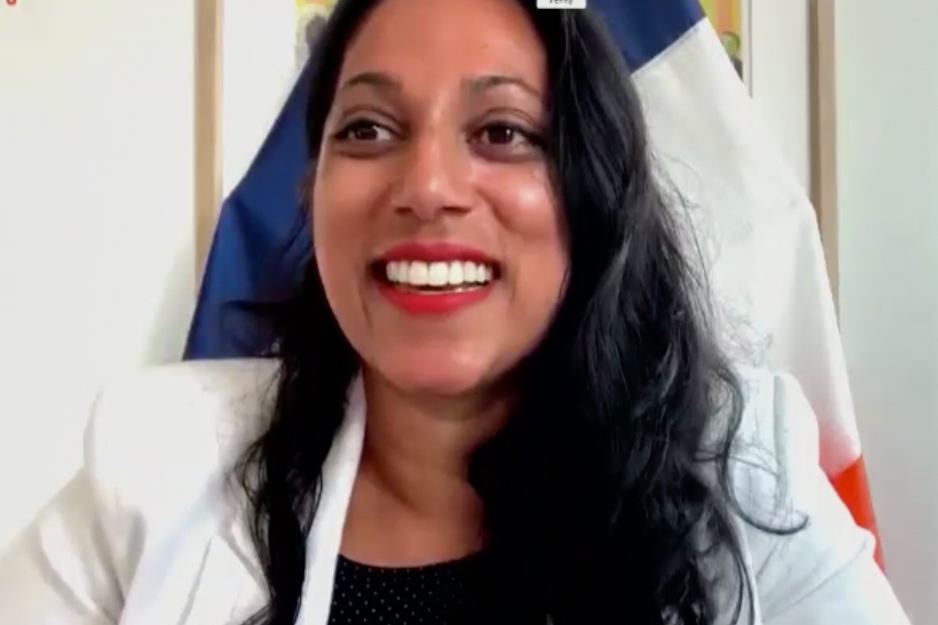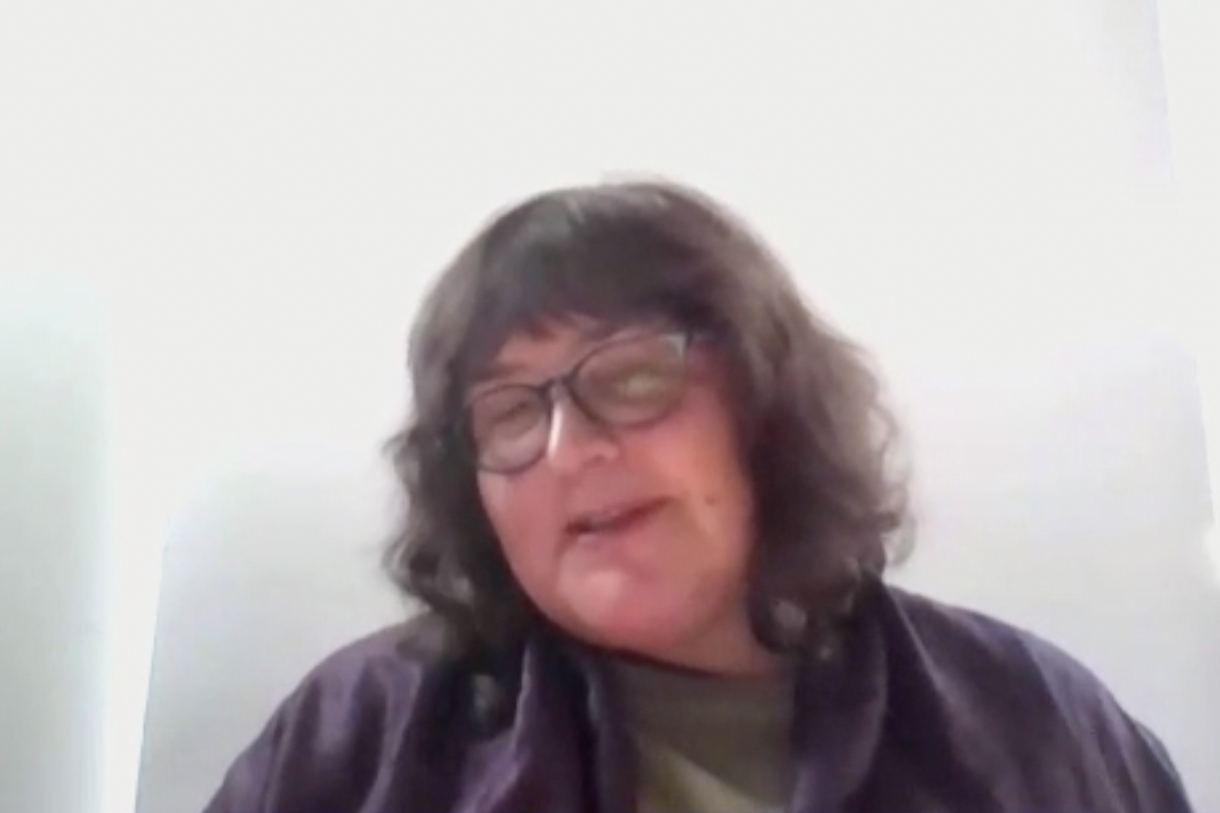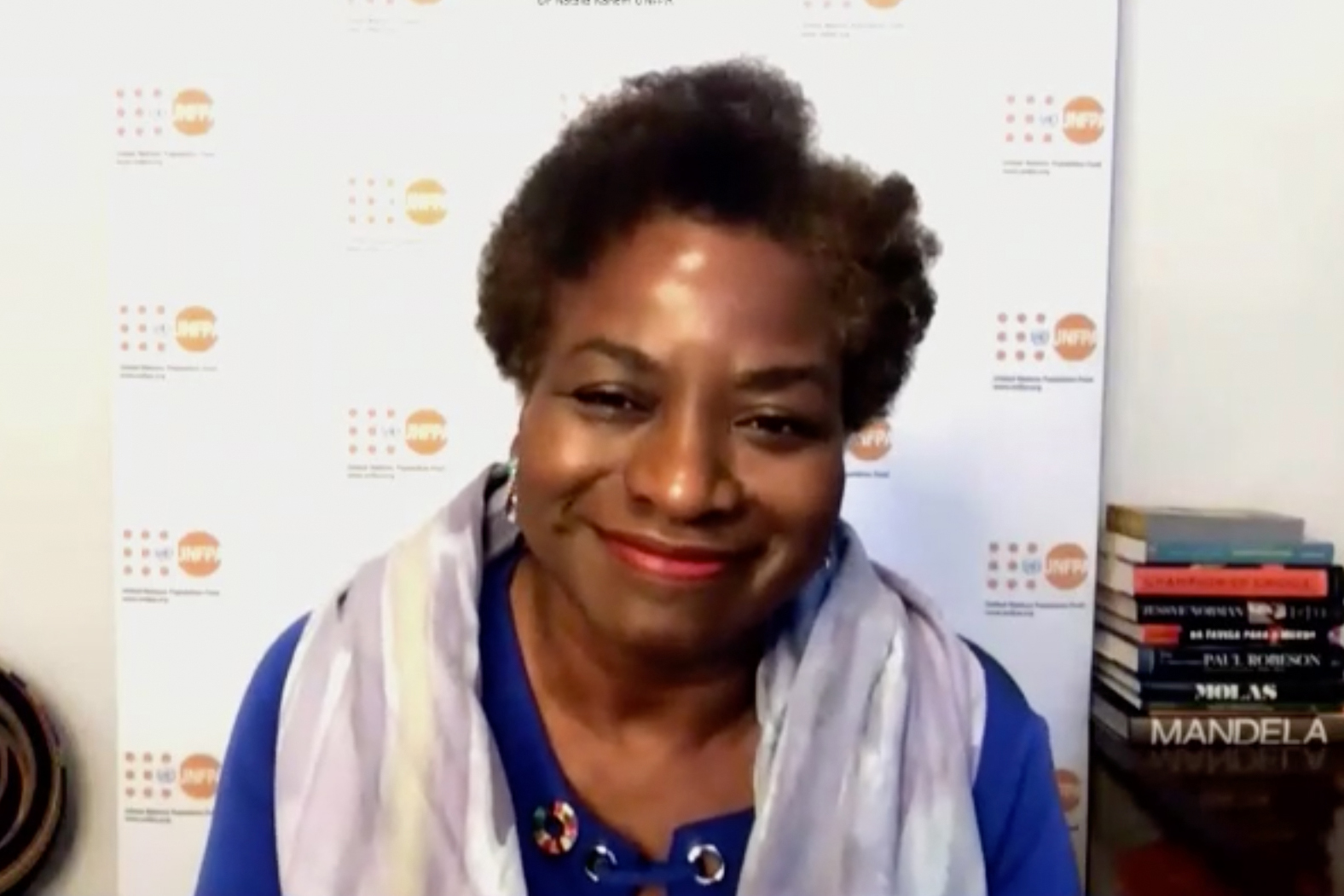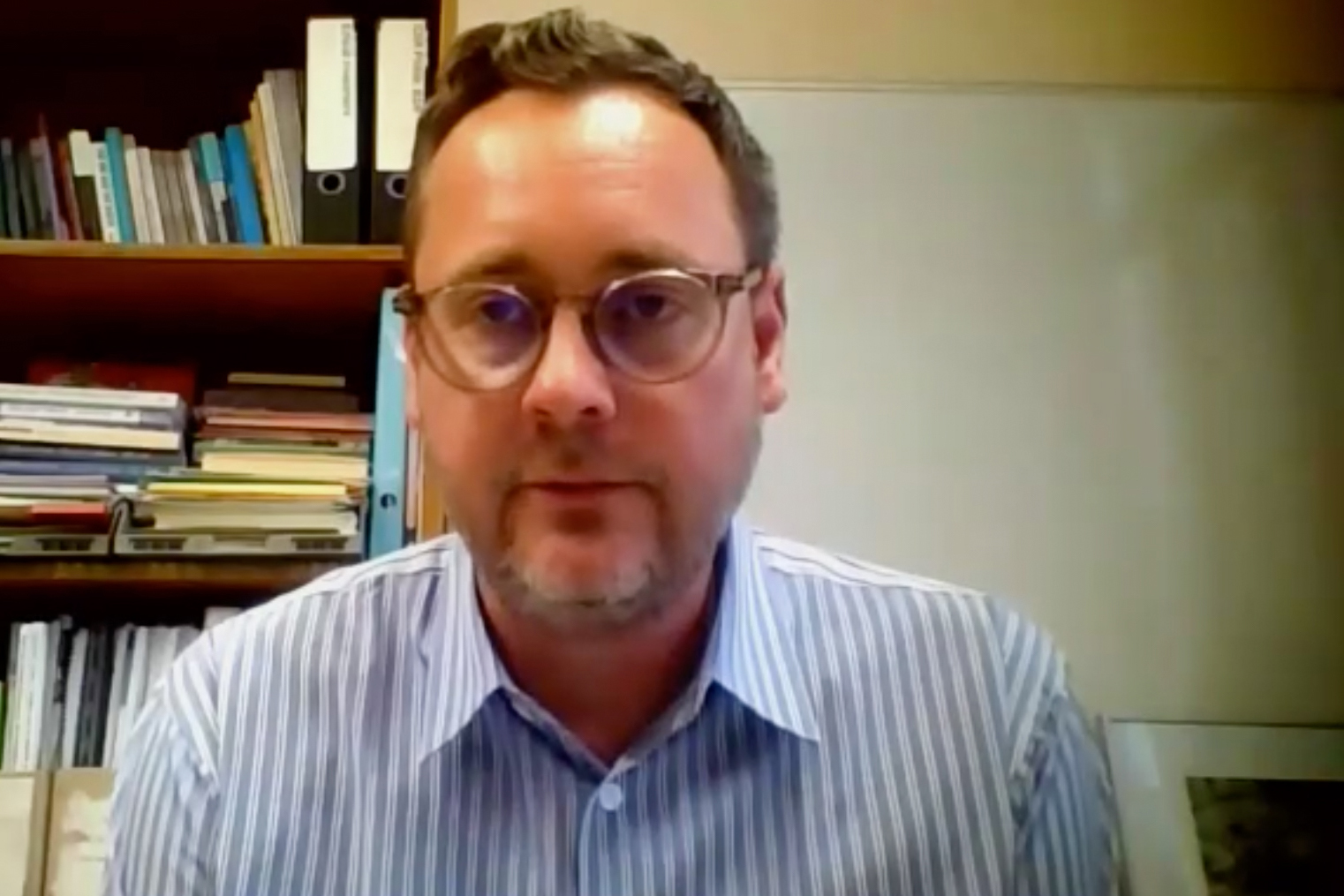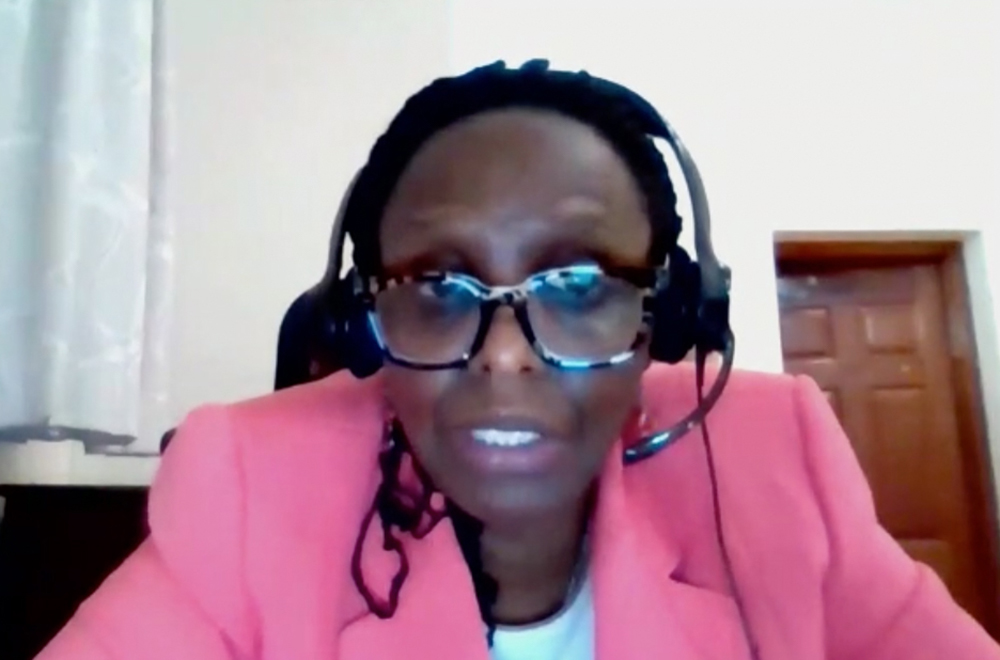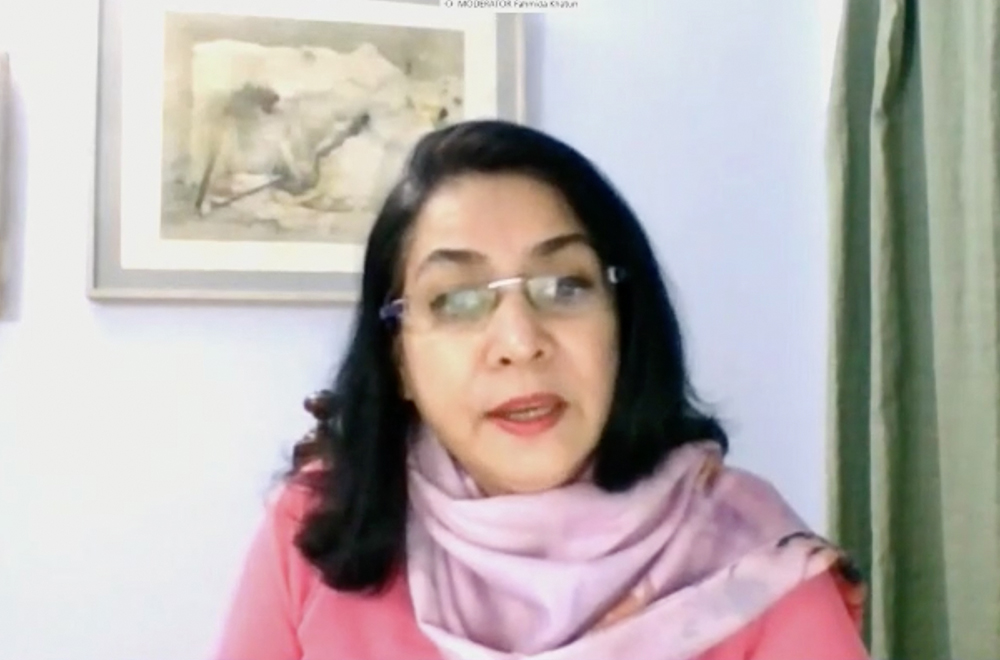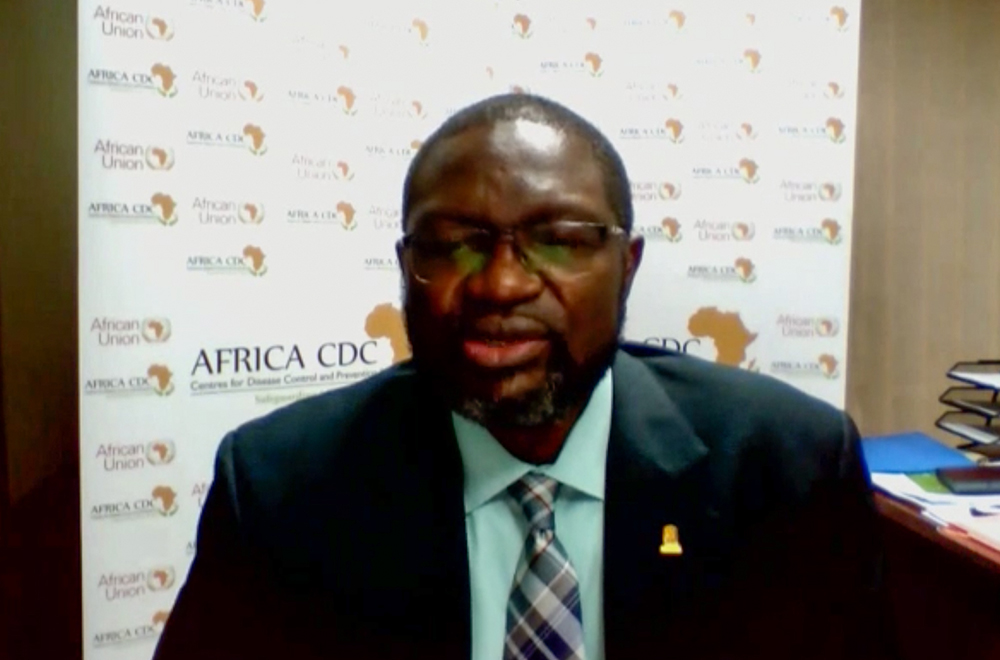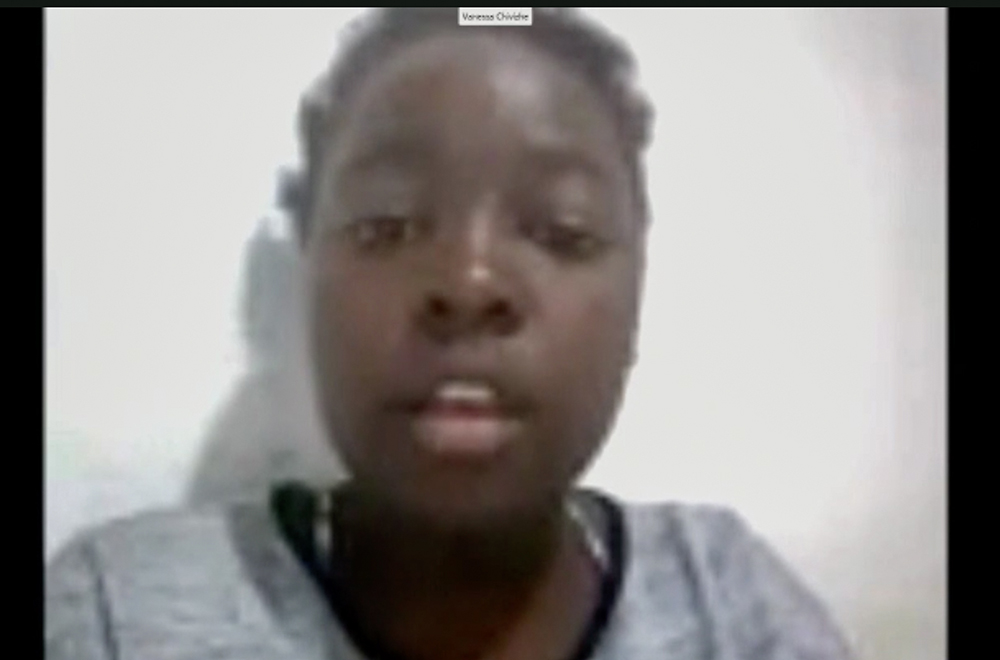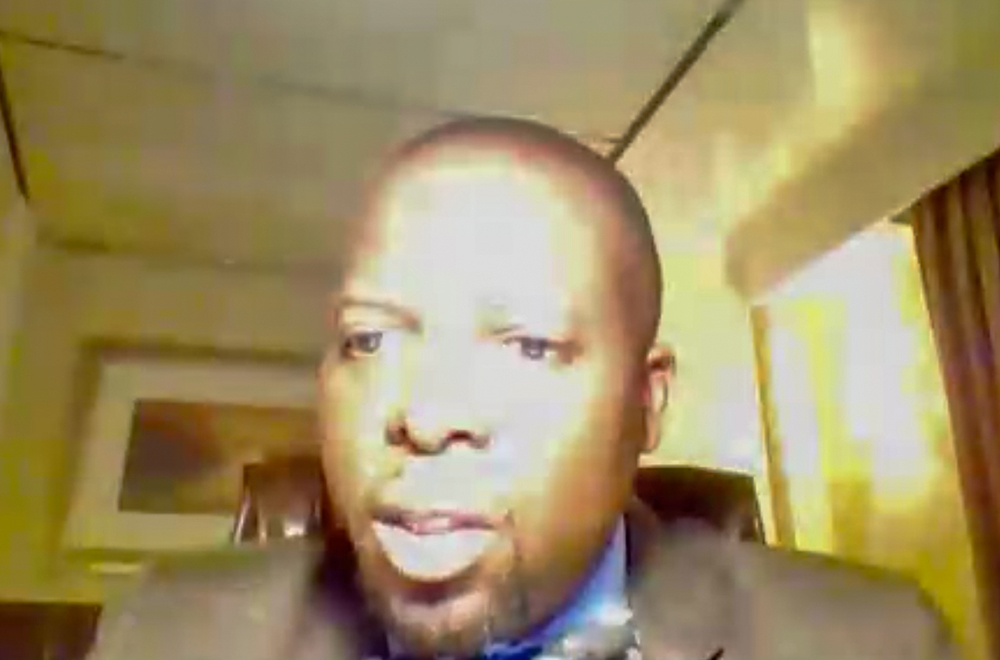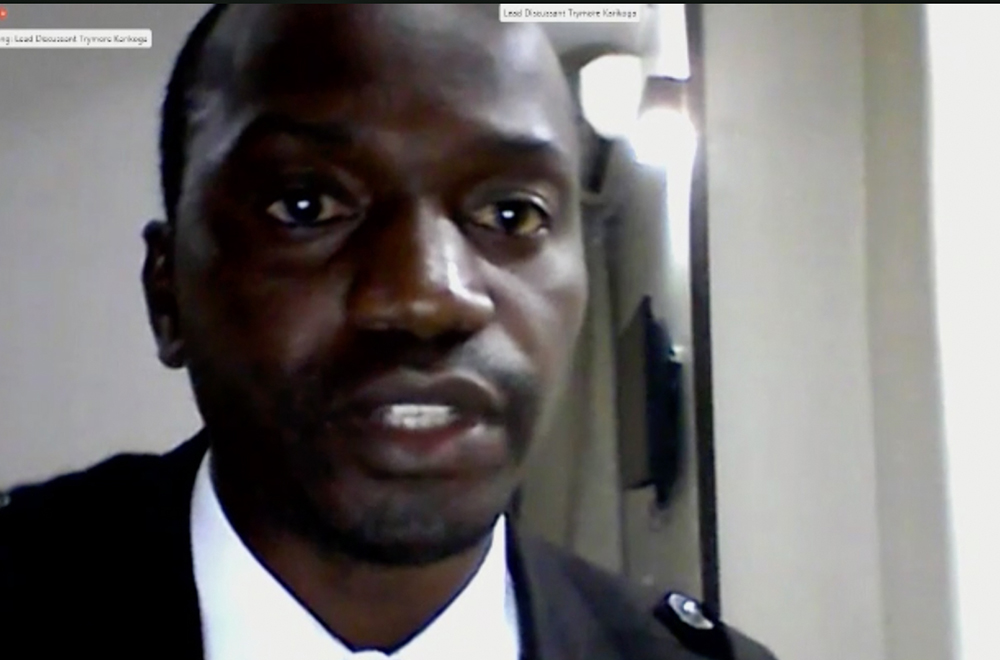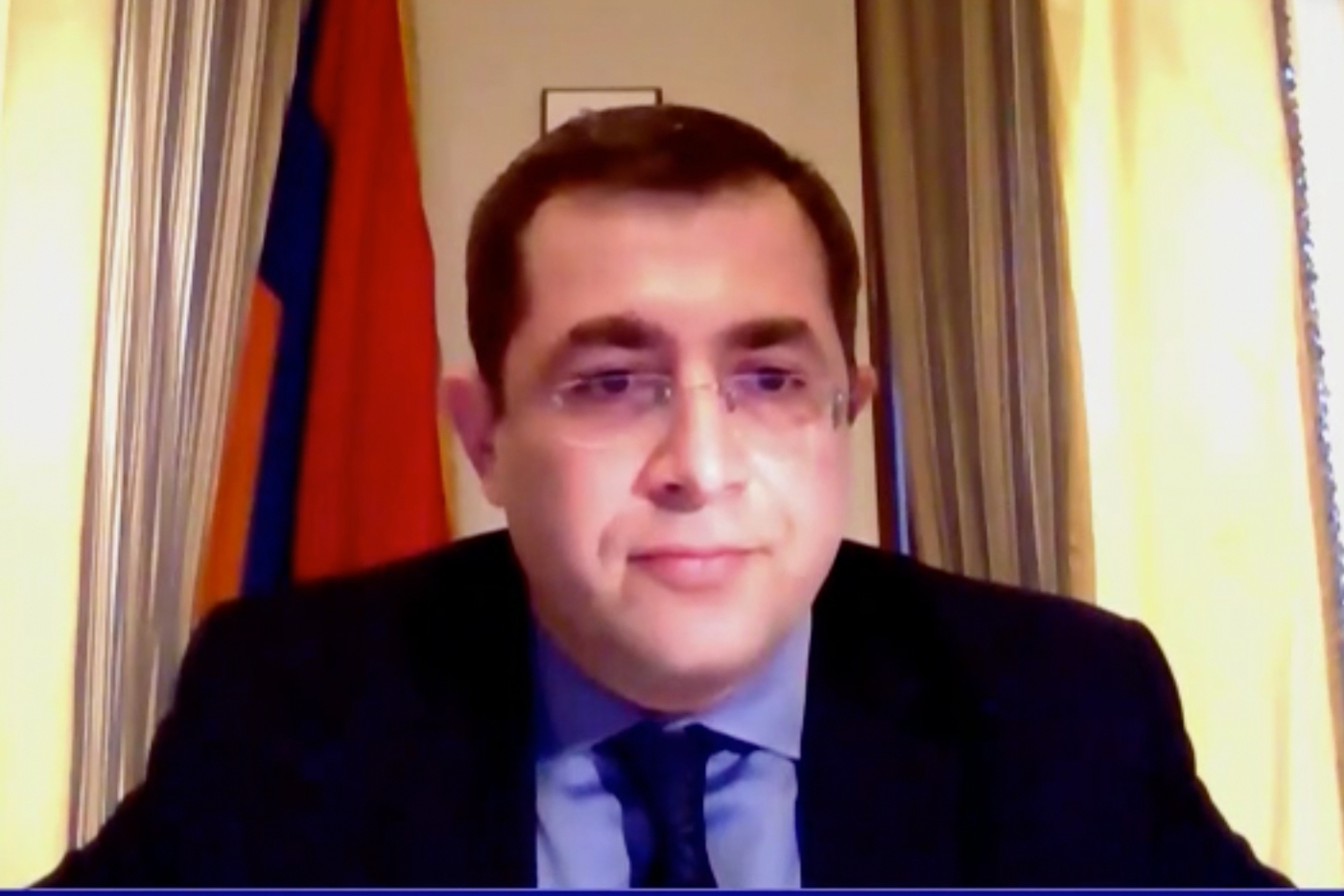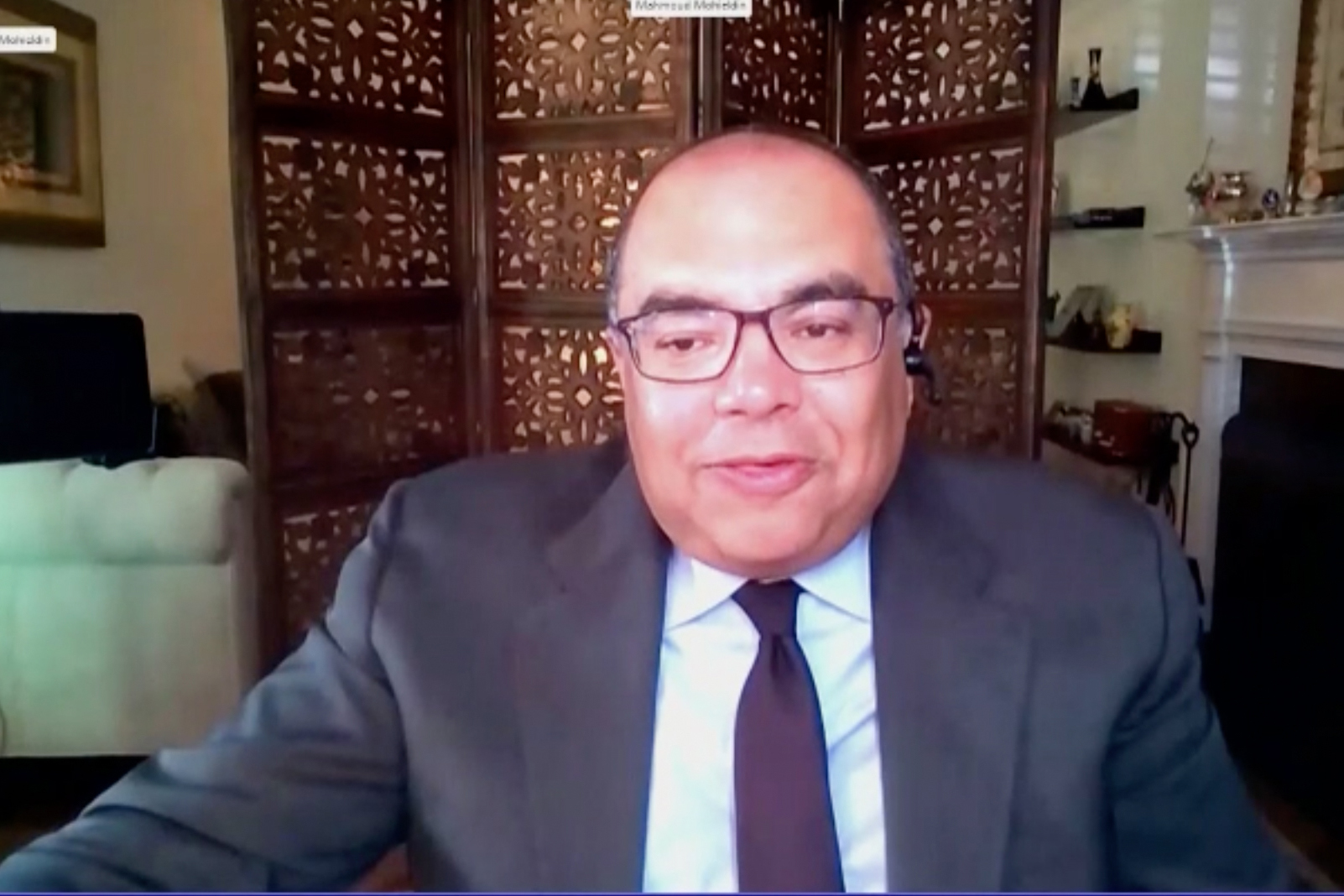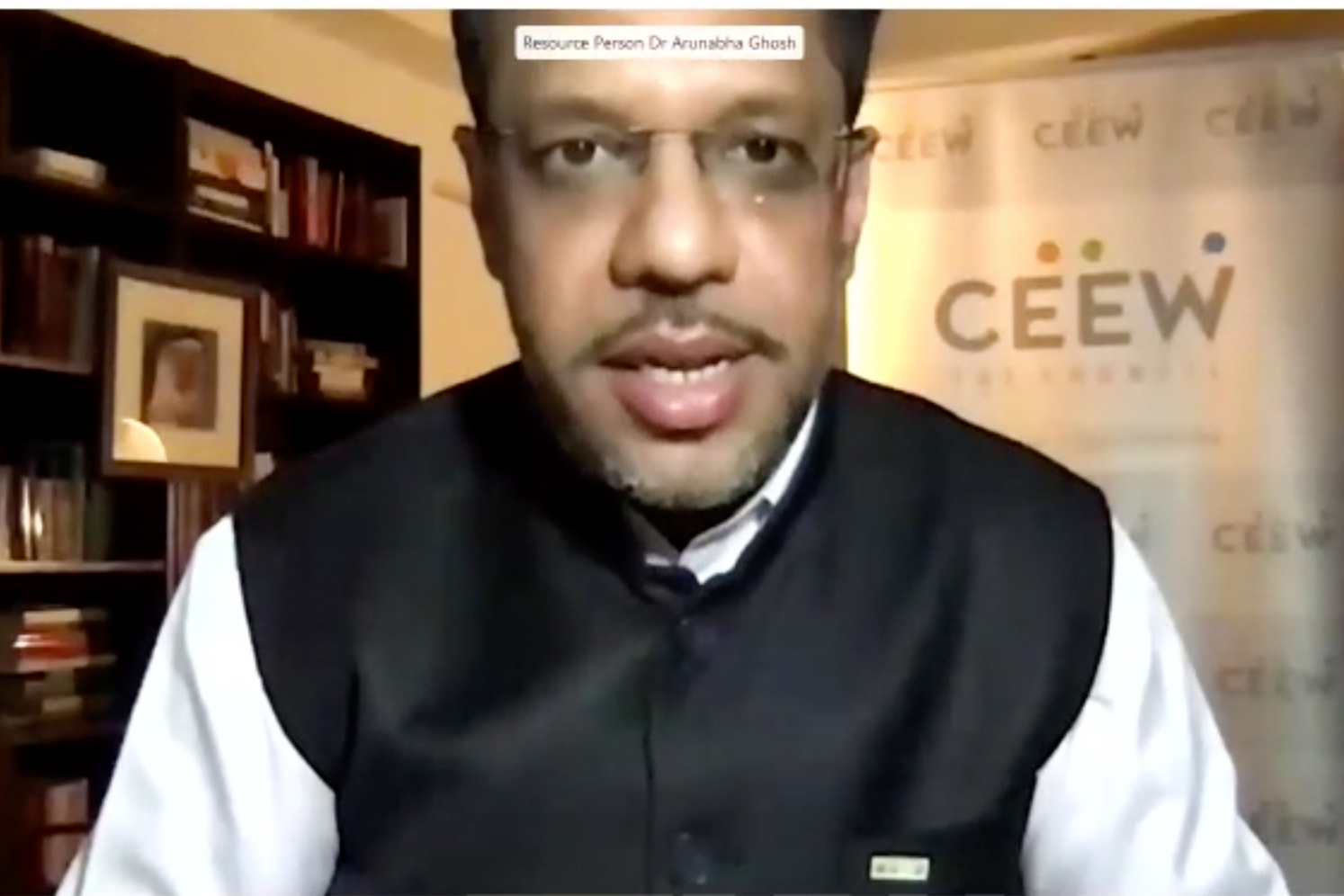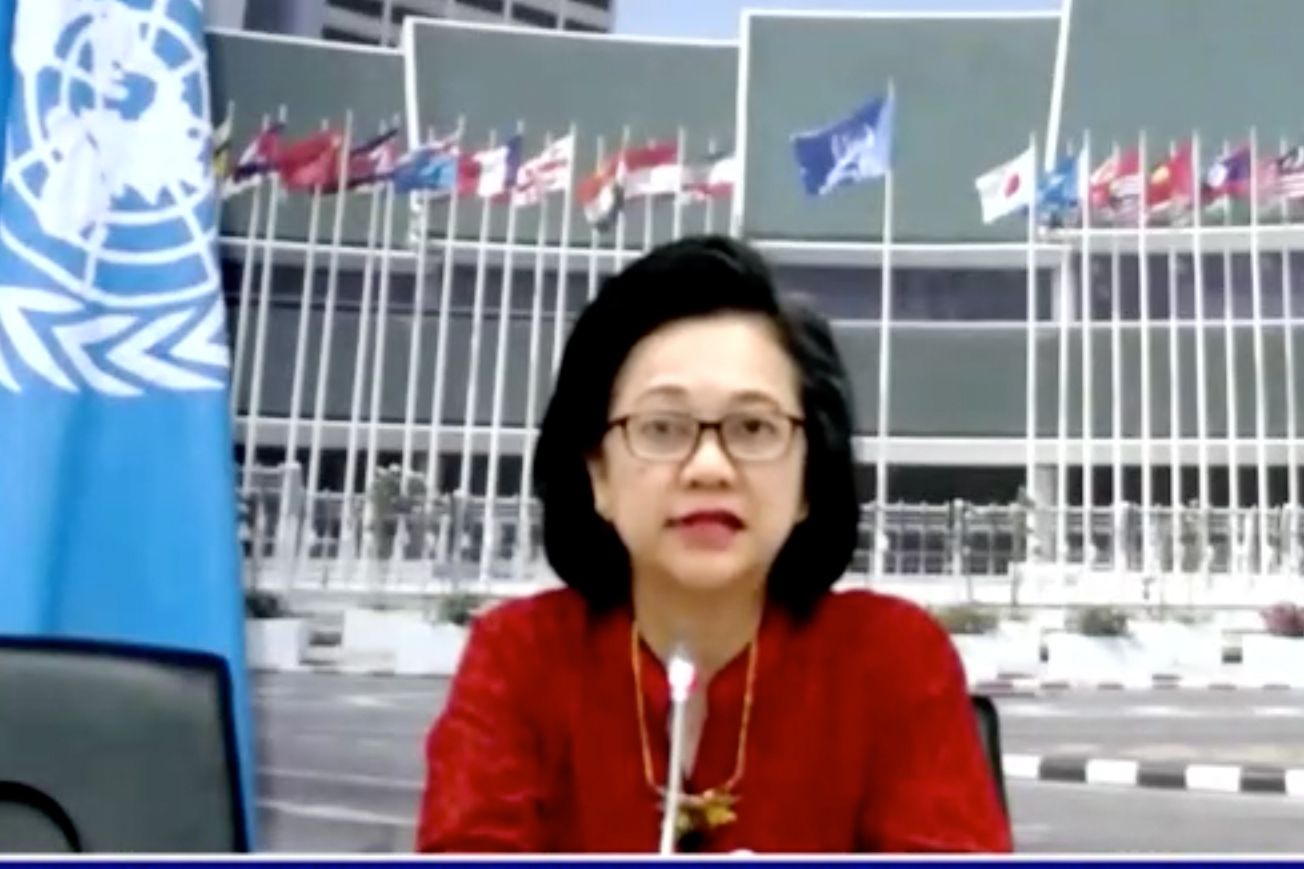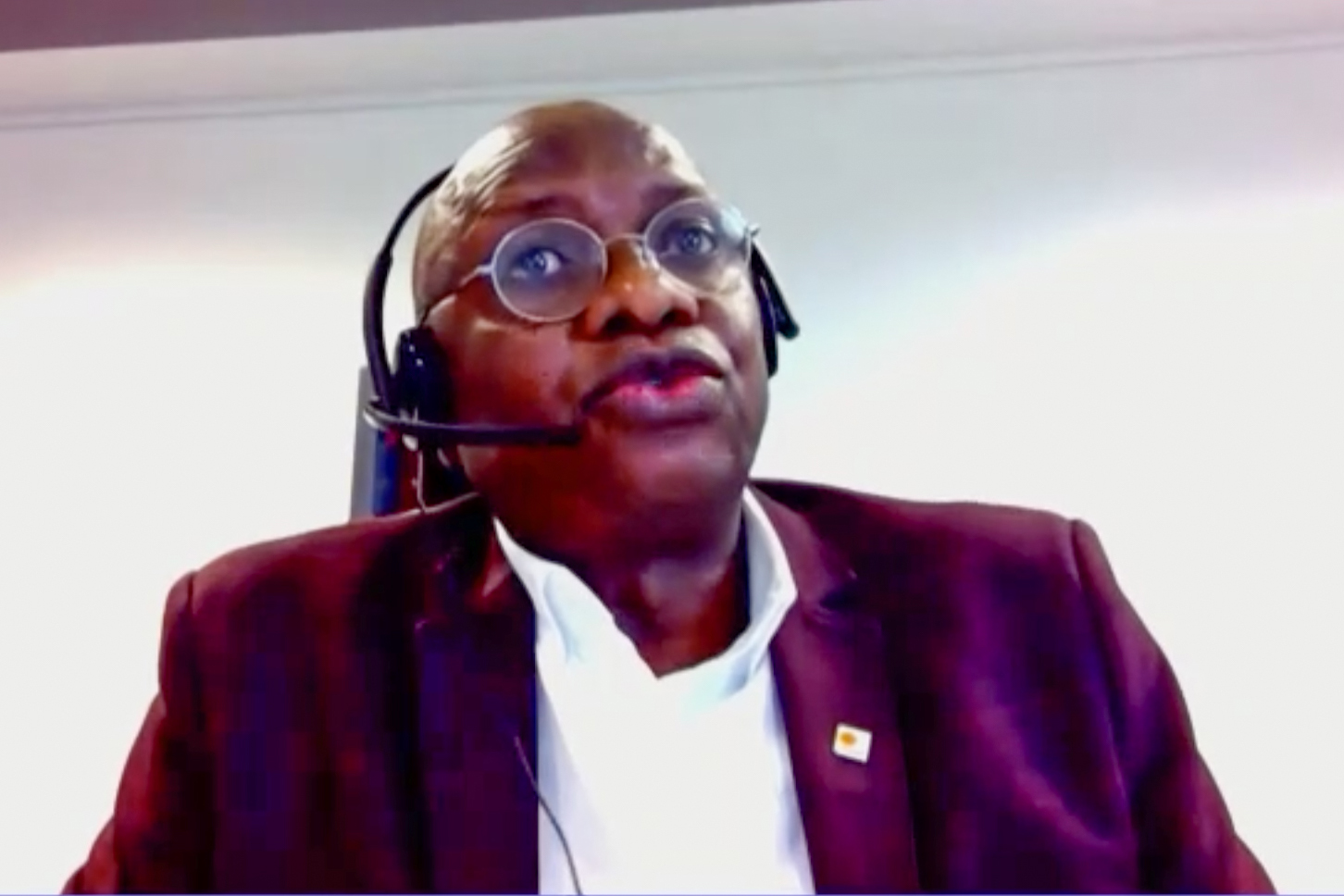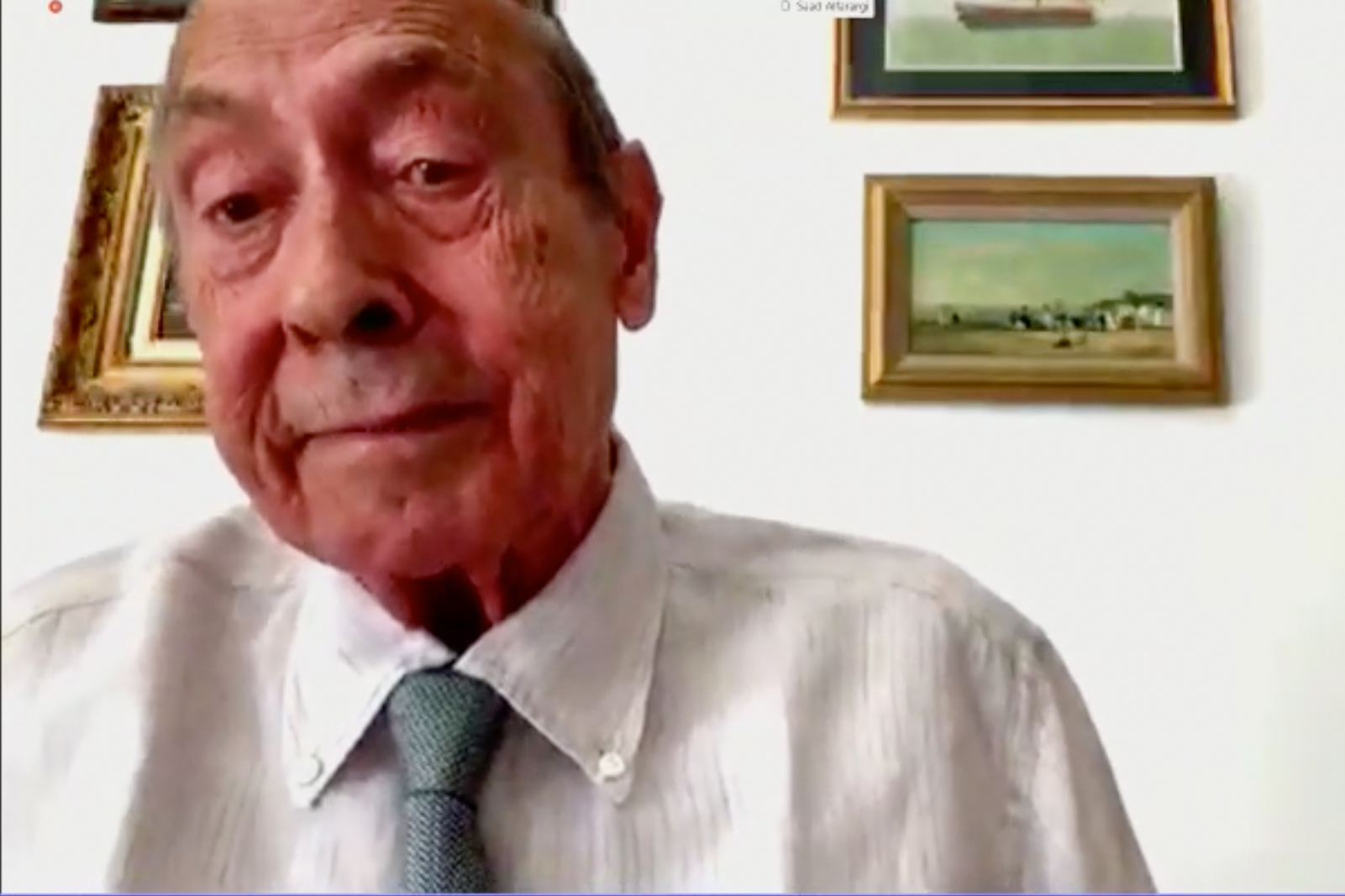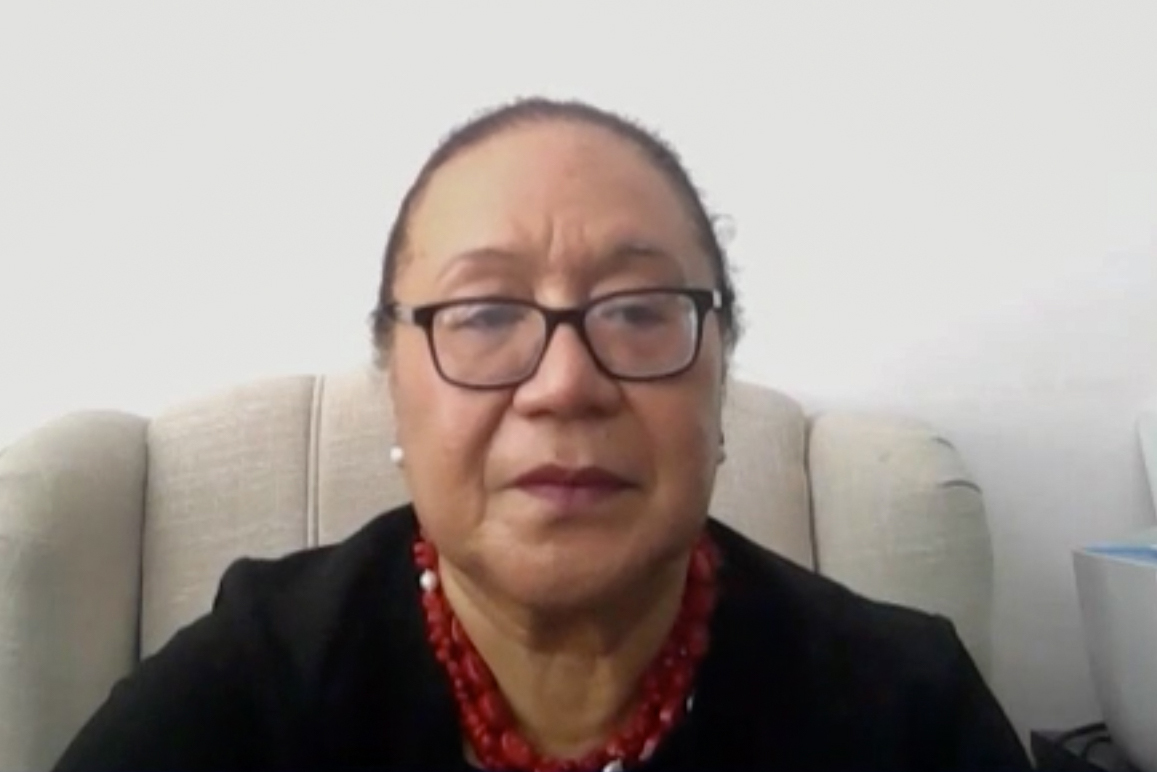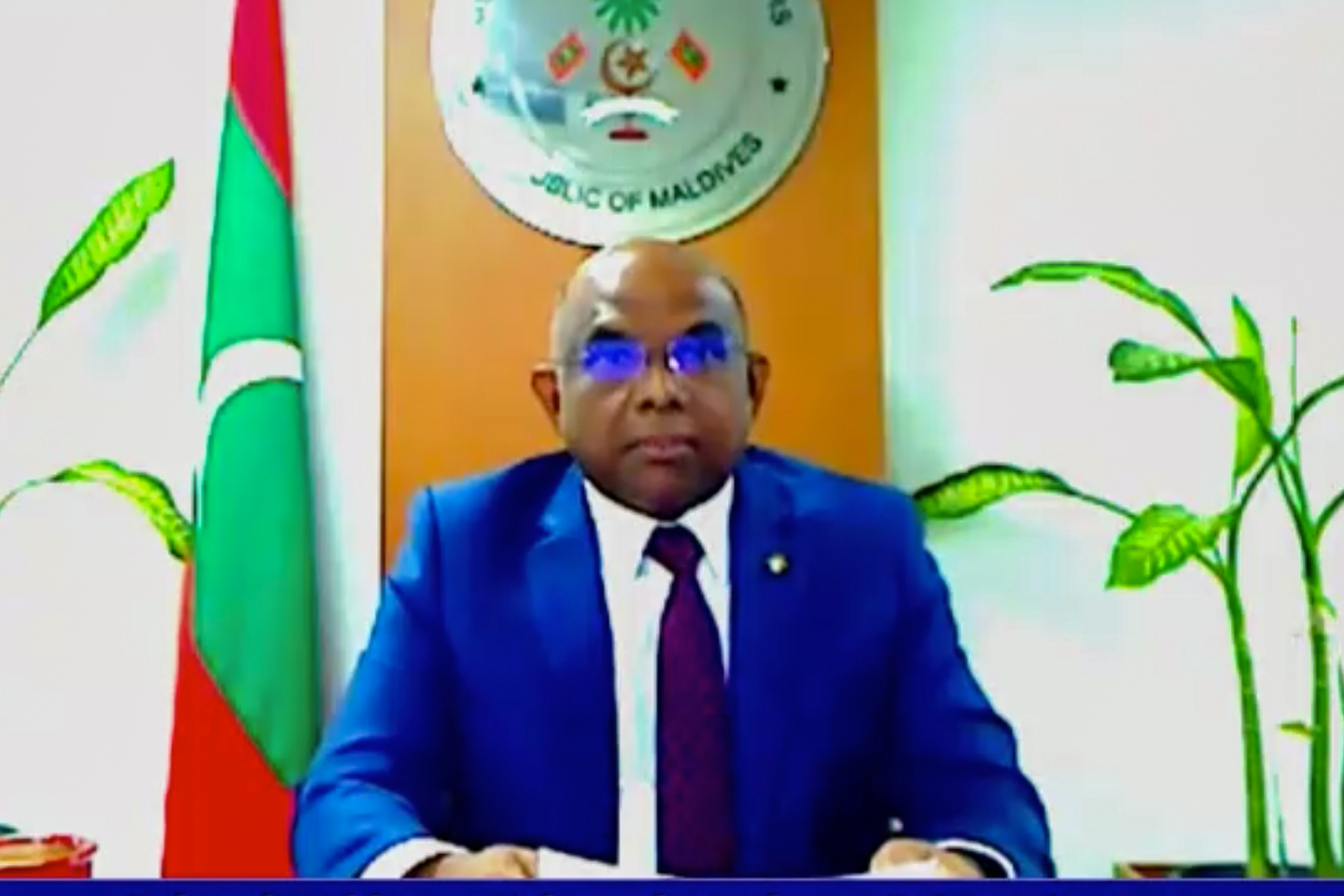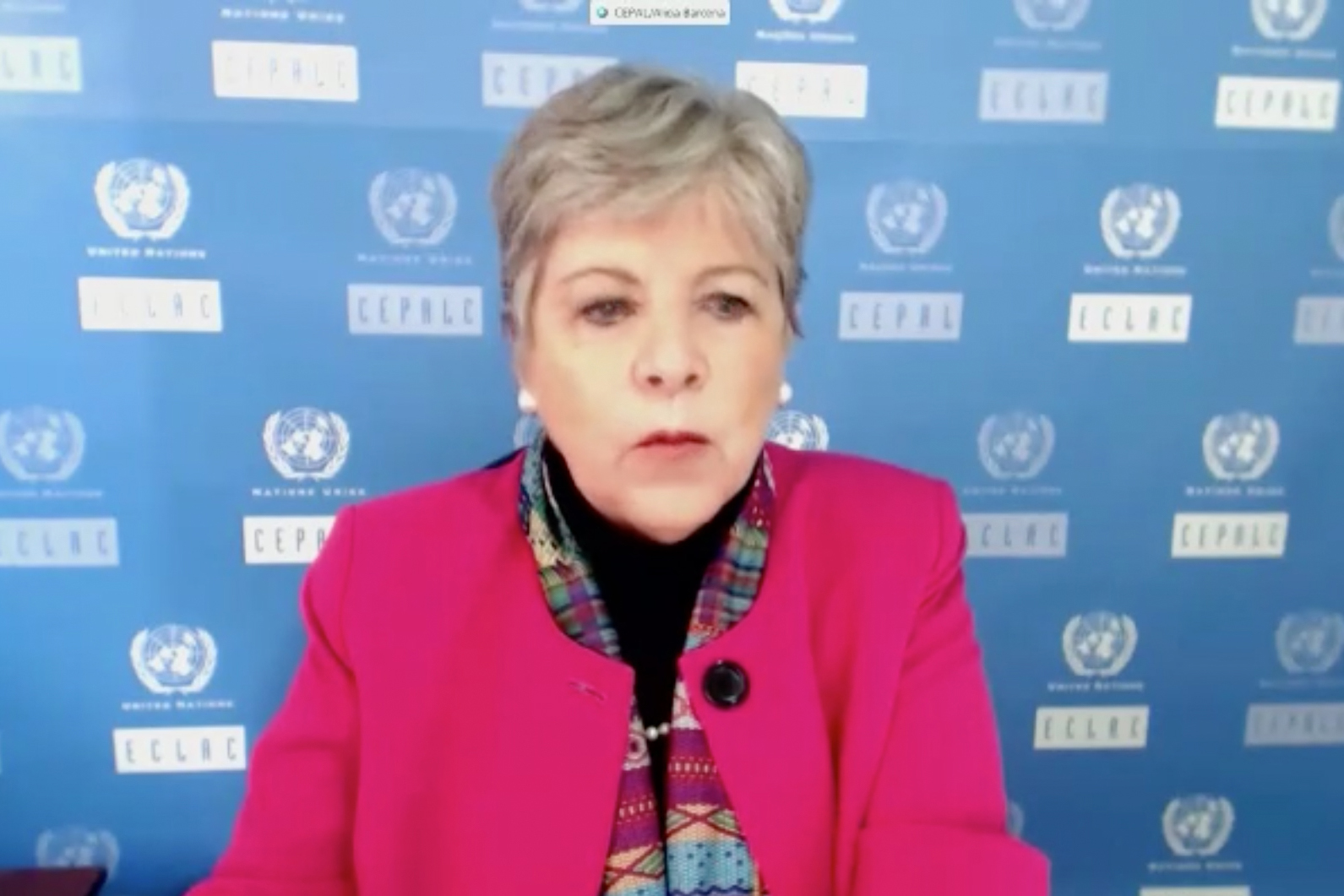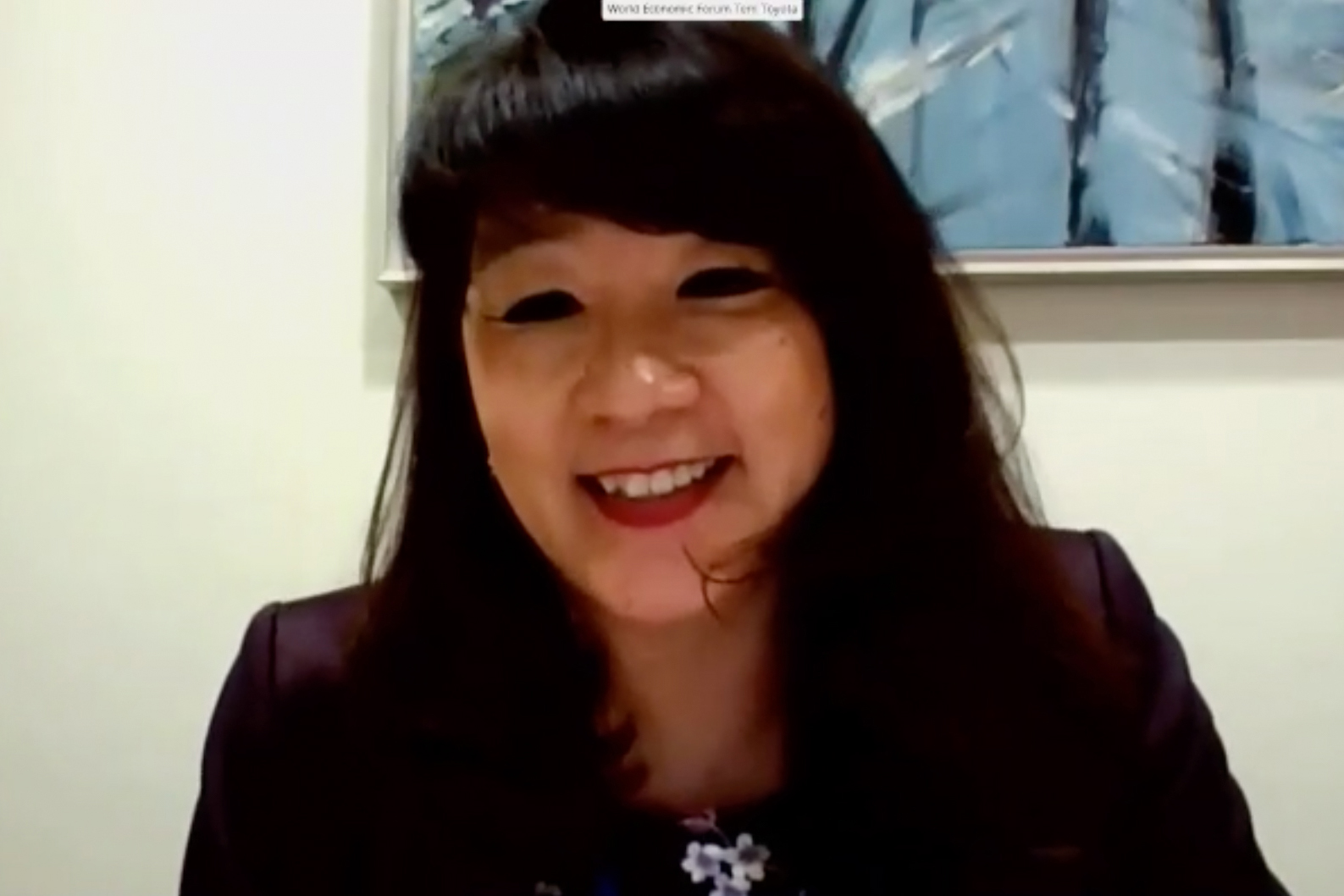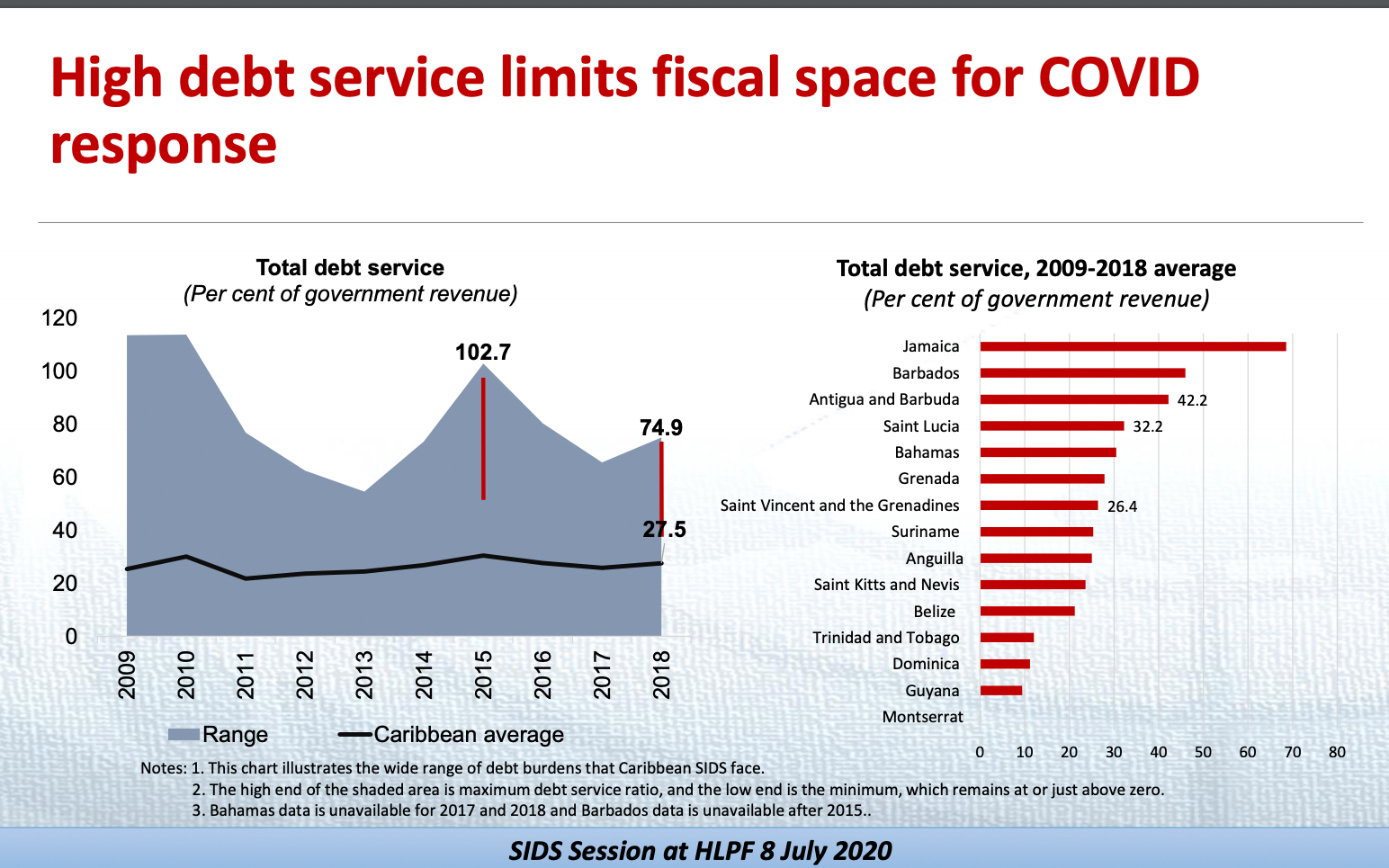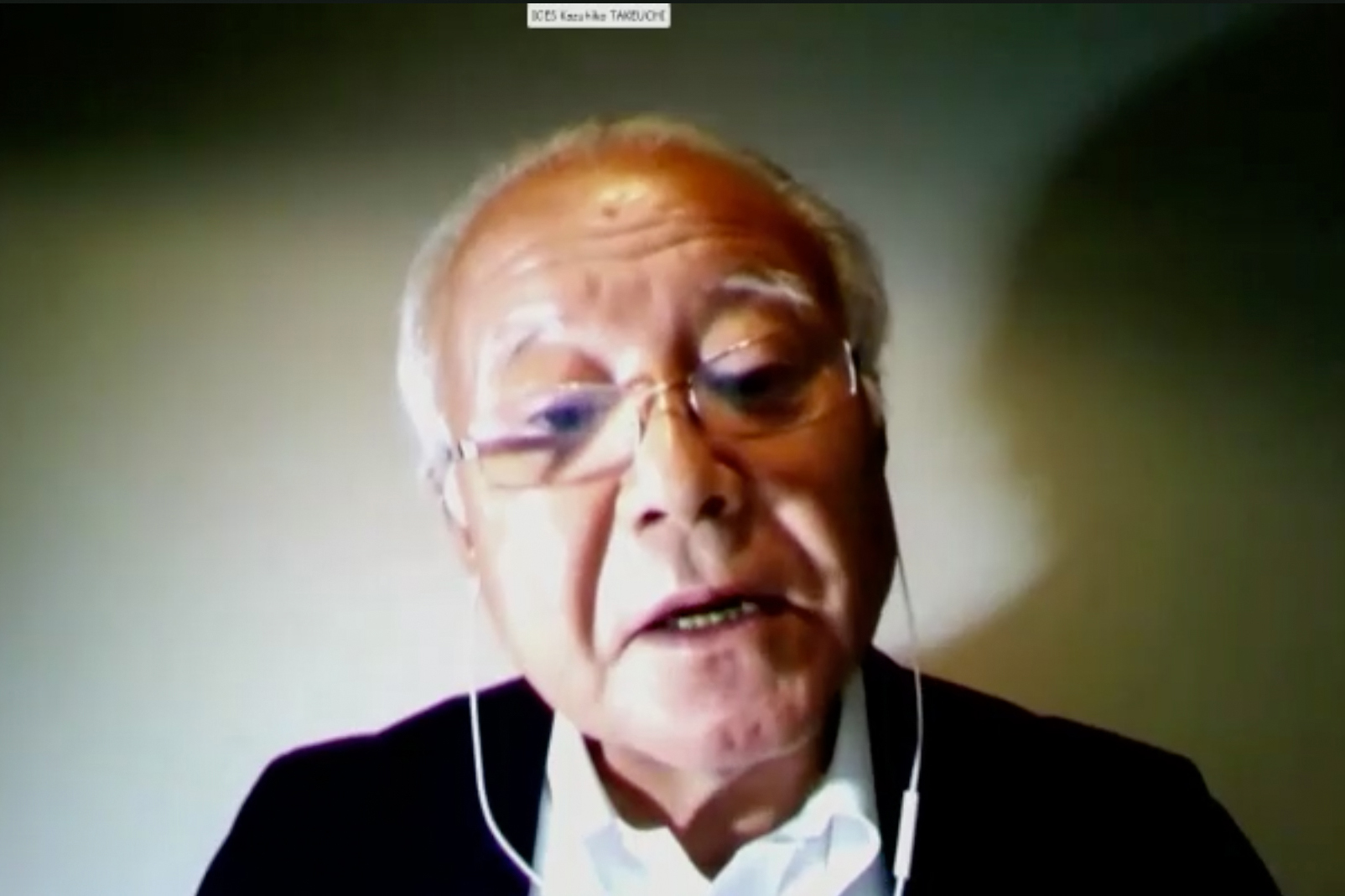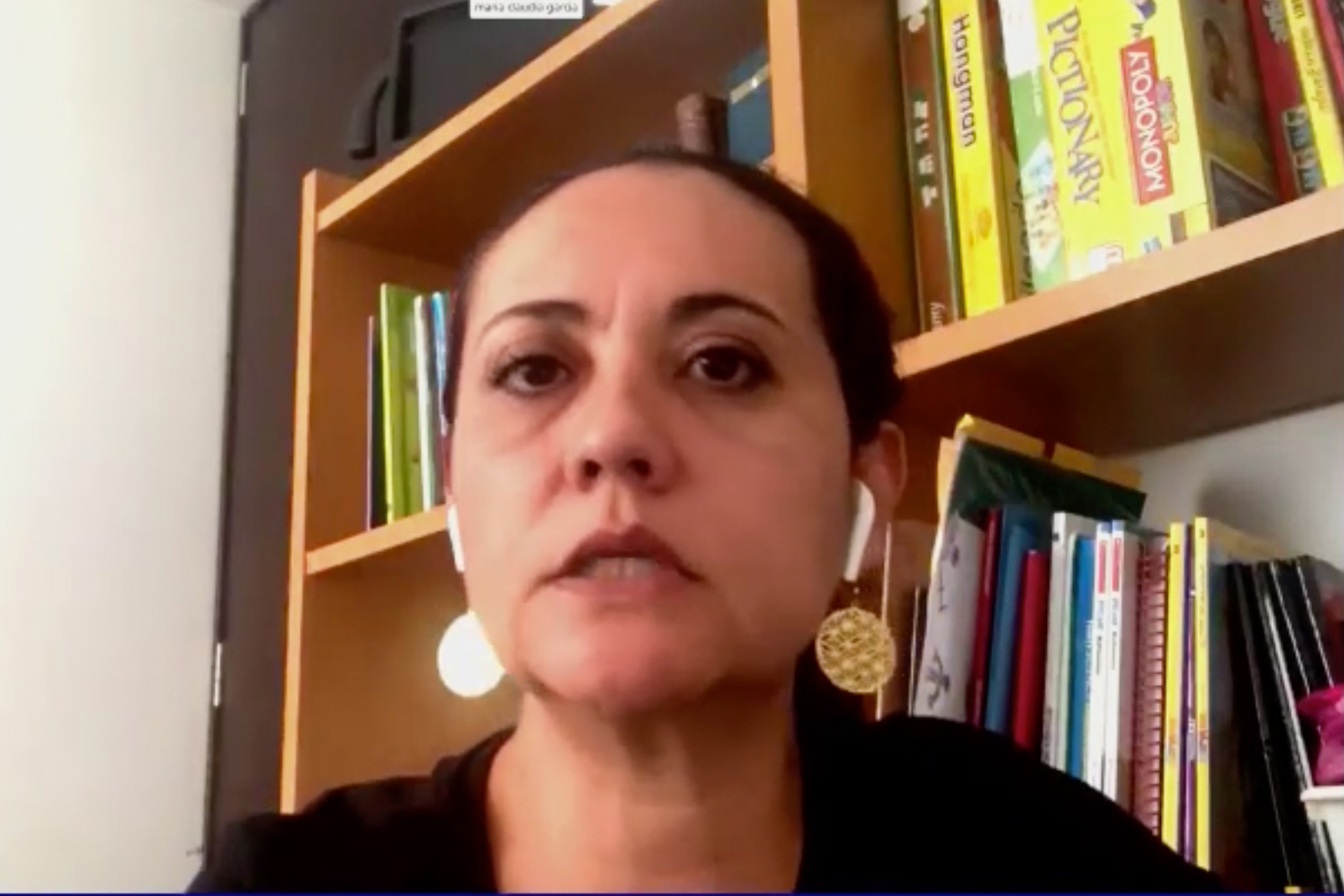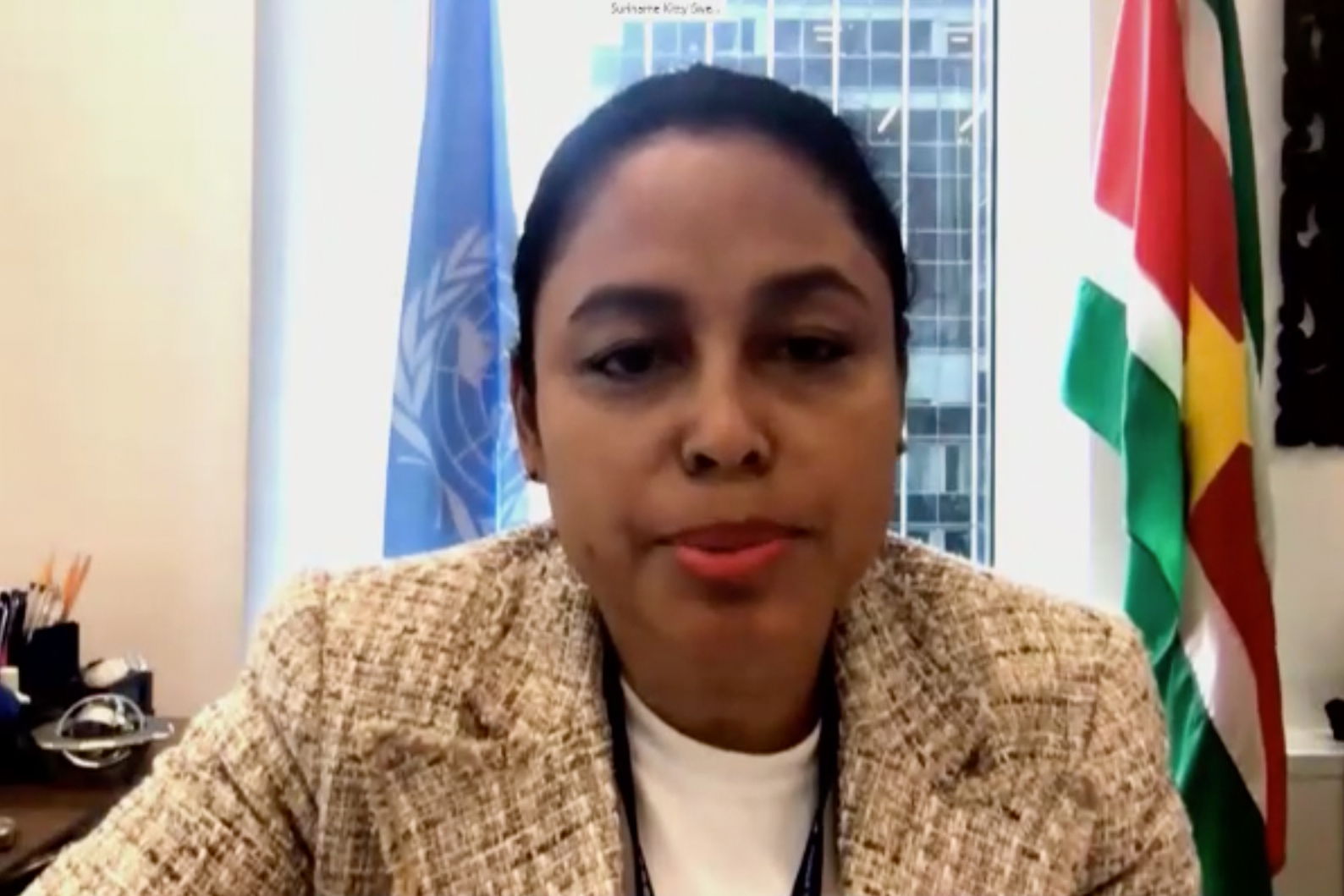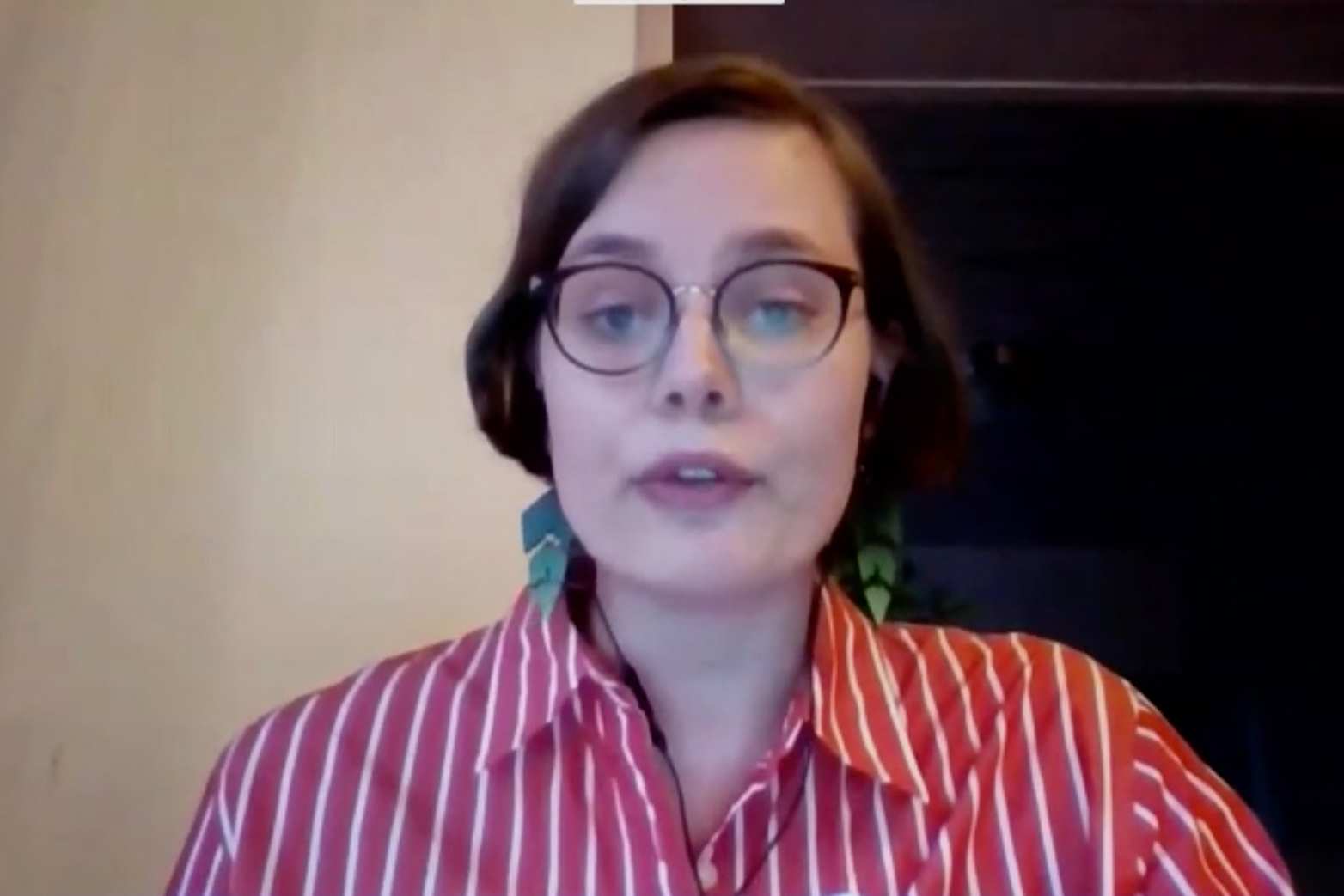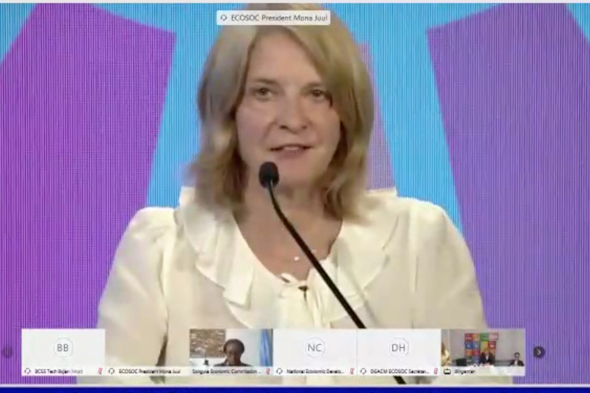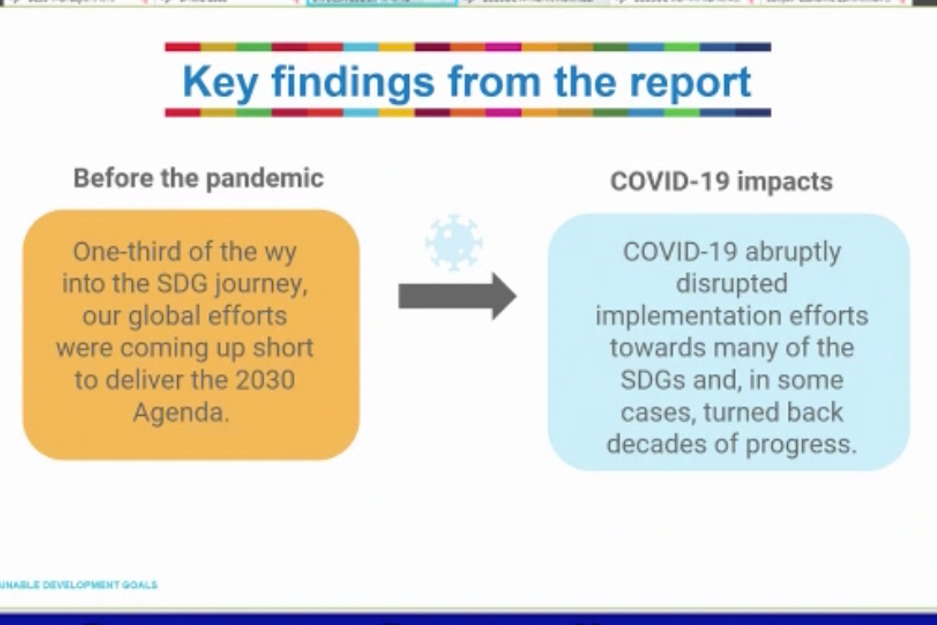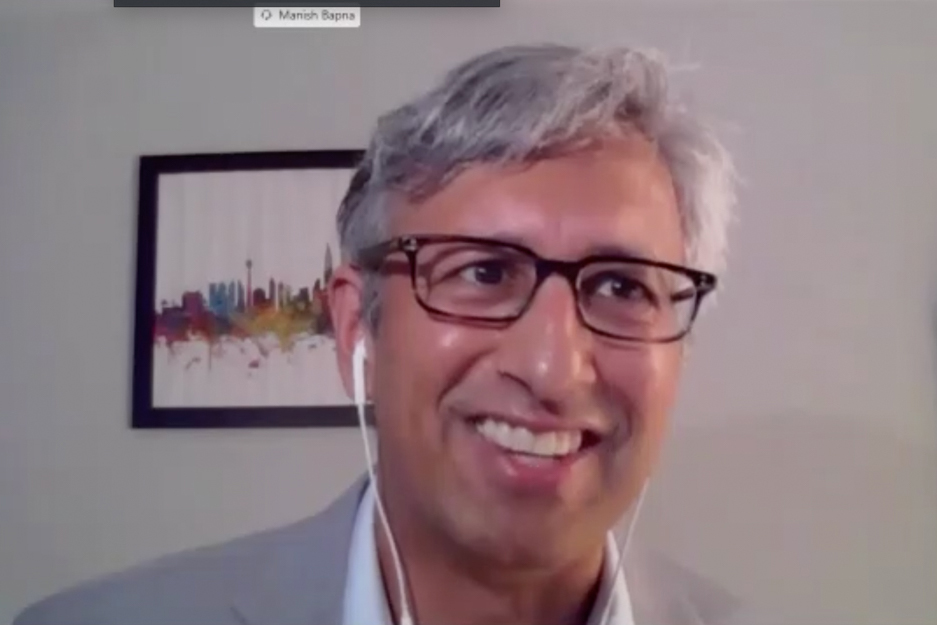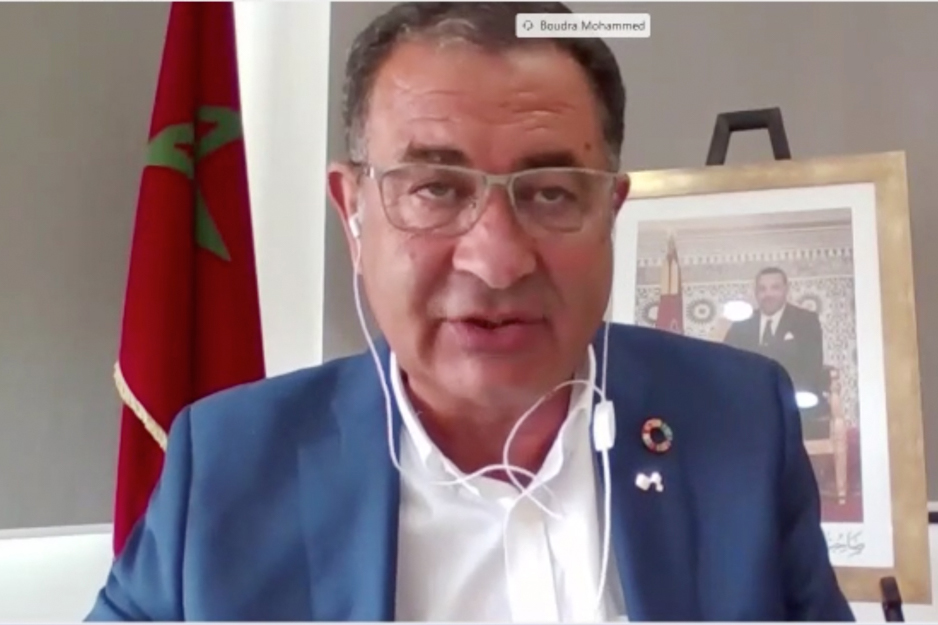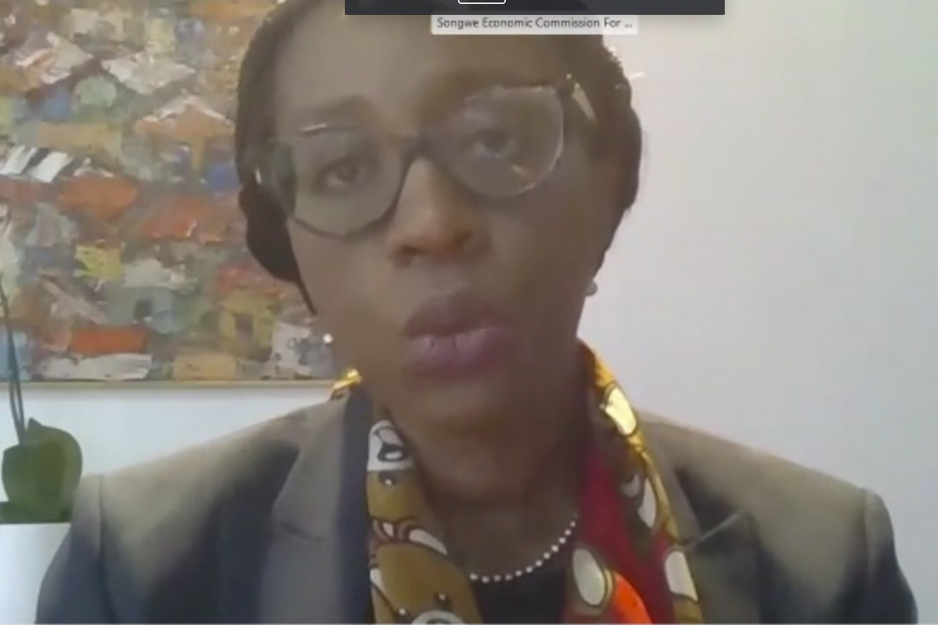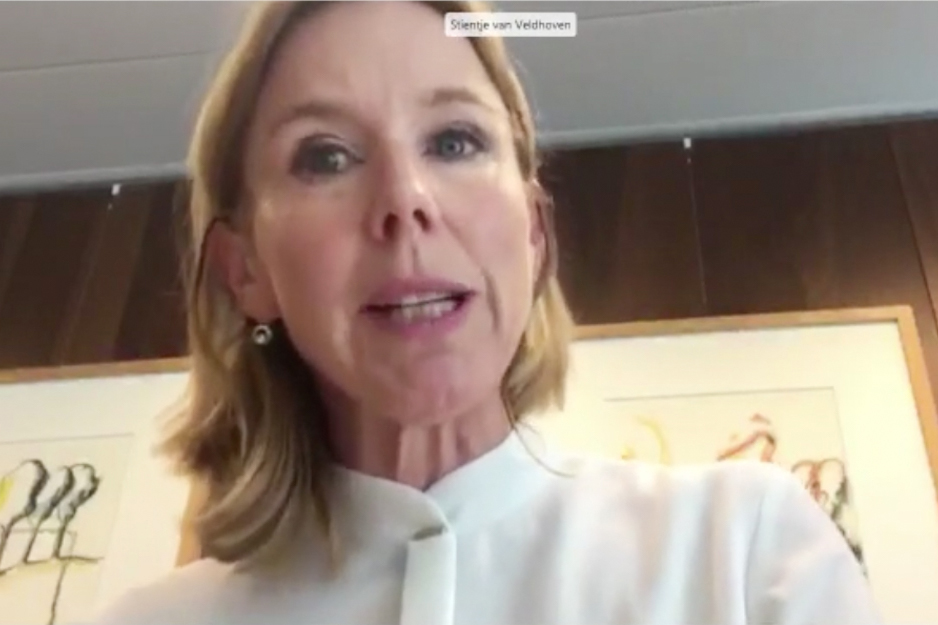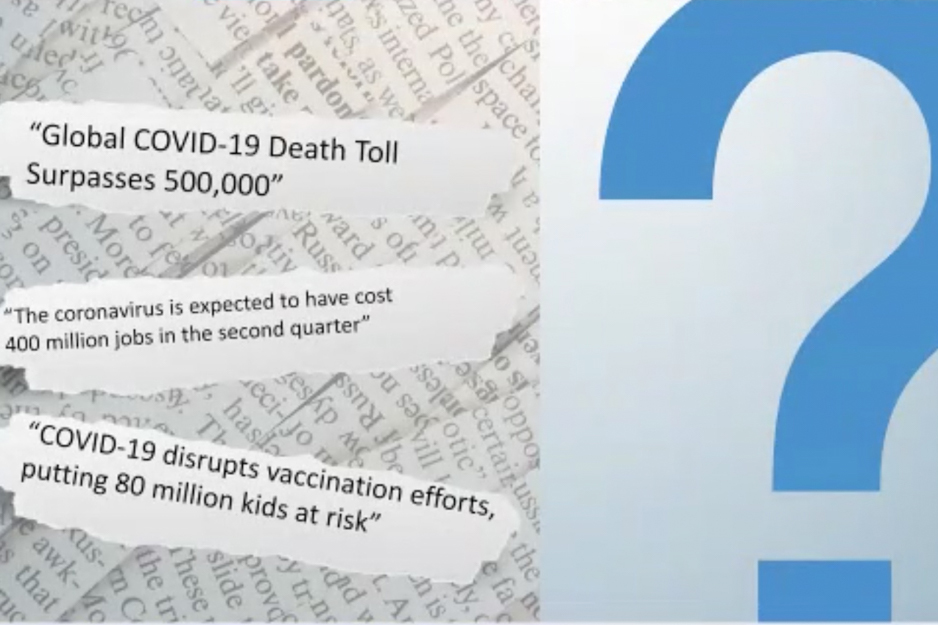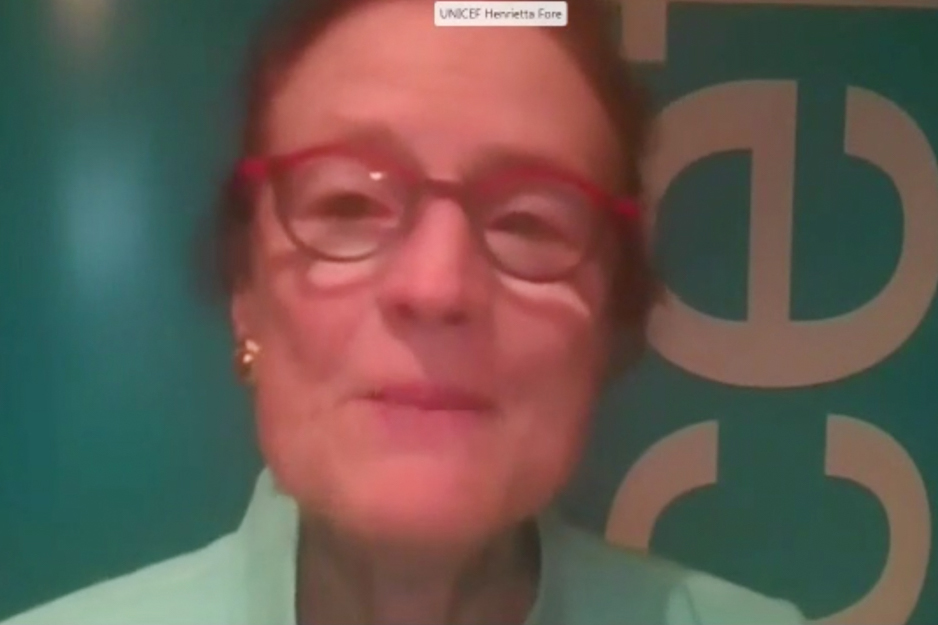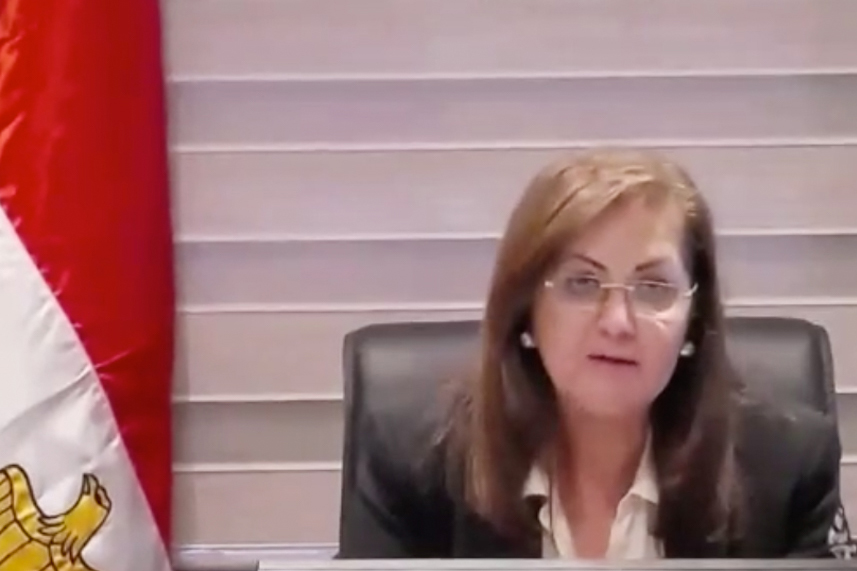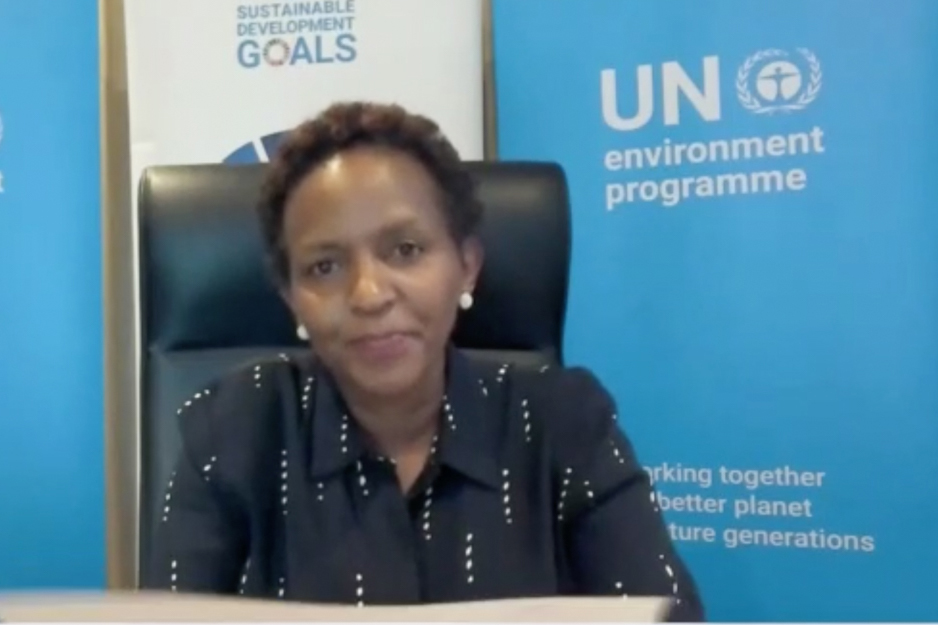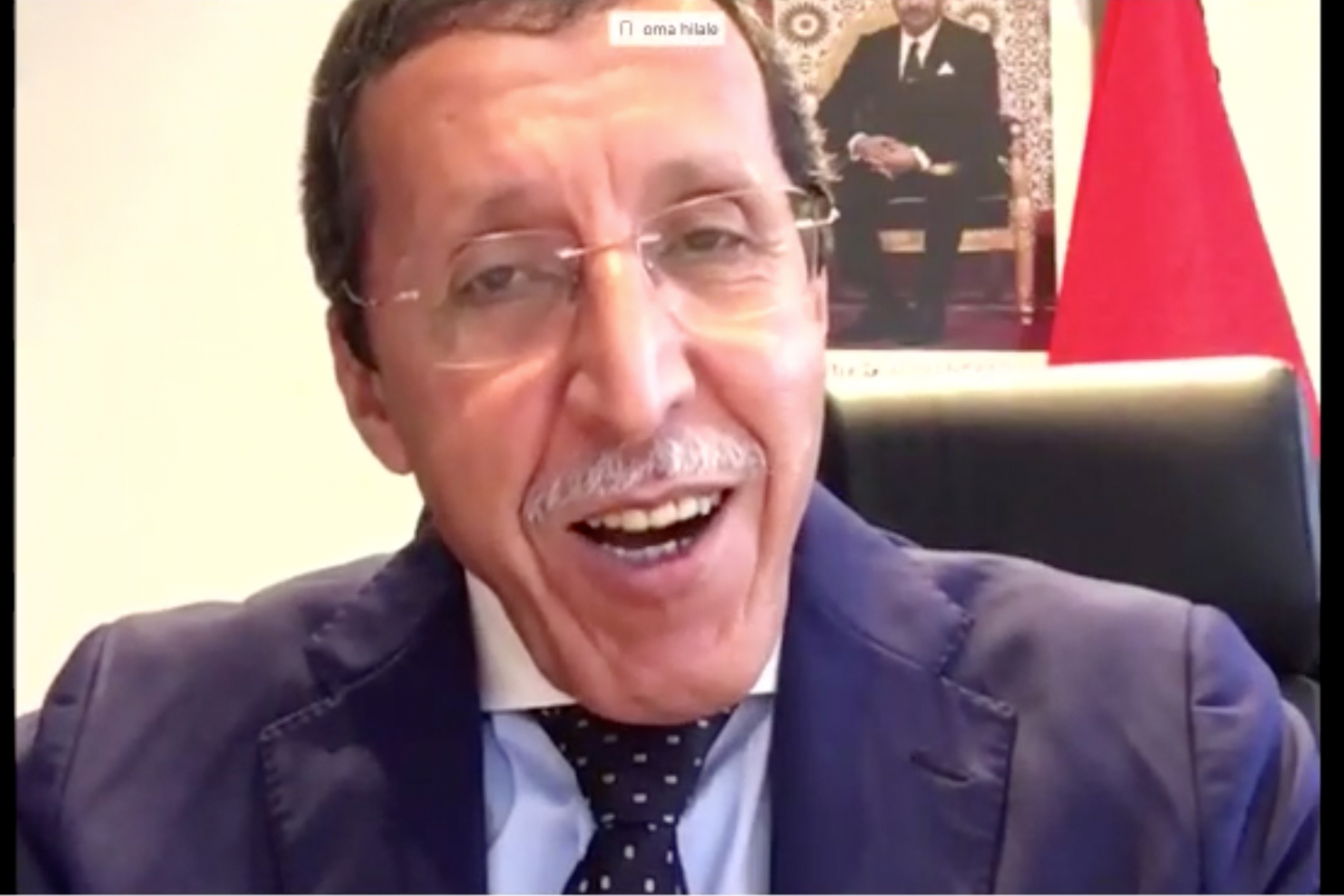2020 High-Level Political Forum on Sustainable Development (HLPF 2020)
Accelerated Action and Transformative Pathways: Realizing the Decade of Action and Delivery for Sustainable Development
7-16 July 2020 | UN Headquarters, New York
Summary Highlights: 7-16 July 2020
“The COVID-19 crisis is having devastating impacts because of our past and present failures, because we have yet to take the SDGs seriously,” UN Secretary-General António Guterres told the virtual meeting of the 2020 High-level Political Forum on Sustainable Development (HLPF).
The meeting was originally intended to initiate a new four-year cycle to review the implementation of the Sustainable Development Goals (SDGs) and assess progress towards achieving the 2030 Agenda for Sustainable Development (2030 Agenda). Importantly, it was meant to launch a “decade of action and delivery” after the 2019 HLPF found progress on the SDGs was lagging. Instead, it ended up being a rather unusual session. In a year when the COVID-19 pandemic caused most multilateral meetings to be postponed, the HLPF session convened on the originally planned dates, but was held virtually.
Given the considerable impact of the pandemic on human health and the global economy, the meeting’s agenda was adjusted by the Economic and Social Council (ECOSOC) Bureau to focus on the potential impact of the pandemic on implementation of the SDGs and the 2030 Agenda.
The meeting ended without adopting a ministerial declaration, contrary to expectations. Mona Juul, ECOSOC President, told the closing session that while an ambitious declaration was emerging, some issues still required discussion. Suggesting countries were close to an agreement, she encouraged all Member States to support its adoption by consensus. On Friday, 17 July, she circulated a revised draft ministerial declaration, noting if Member States raise no objection before 22 July, the declaration will be considered as adopted.
Voluntary national reviews (VNRs) were presented by 47 countries, with 26 presenting for the first time, 20 for the second time, and 1 for the third time. Countries were given the option of livestreaming their presentation, sending pre-recorded presentations, or mixing these two options.
We were not on track to deliver when COVID-19 hit, and the road ahead is even steeper,” UN Deputy Secretary-General Amina J. Mohammed said in her closing statement. “We can turn this around if we stay true to the 2030 Agenda.”
Highlights for Thursday, 16 July 2020
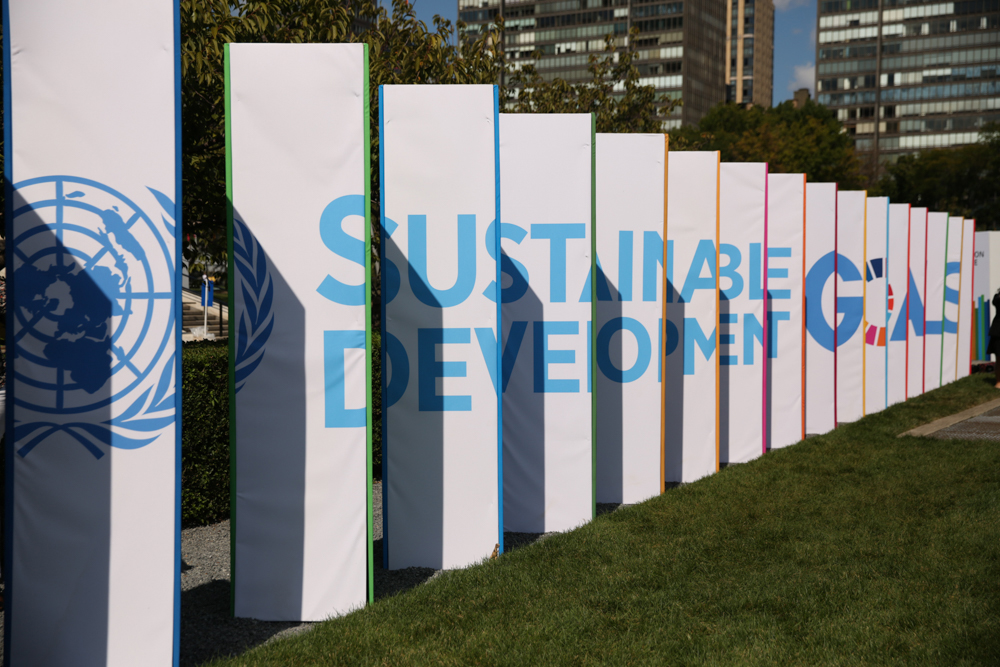
The High-level Political Forum (HLPF) concluded without adopting the expected ministerial declaration. Mona Juul, President of the UN Economic and Social Council (ECOSOC), thanked the co-facilitators of the consultations on the ministerial declaration, saying that while an ambitious declaration was emerging, some issues required further discussion. Suggesting countries were close to an agreement, she encouraged all Member States to support its adoption by consensus.
“We were not on track to deliver when COVID-19 hit, and the road ahead is even steeper,” UN Deputy Secretary-General Amina J. Mohammed said in her closing statement. “We can turn this around if we stay true to the 2030 Agenda.”
During the day, ten countries presented their first voluntary national reviews (VNRs): Democratic Republic of the Congo, Comoros, Kyrgyzstan, Libya, Malawi, Zambia, Republic of Moldova, Liberia, Barbados, and Solomon Islands.
Juul declared the meeting closed at 4:18 pm.
A summary and analysis for HLPF 2020 is available in HTML and PDF.
Images from 16 July 2020
Videos from 16 July 2020
Highlights for Wednesday, 15 July 2020
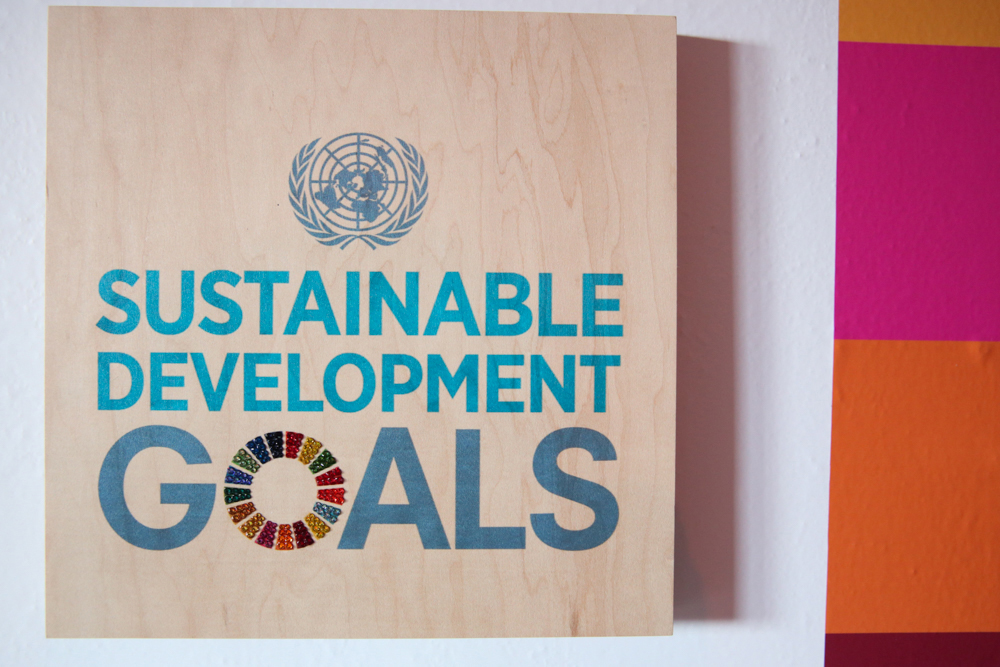
A session on messages from the UN regions on Wednesday presented a more vivid picture of the severe impacts of COVID-19 around the world. The Africa region highlighted that the predicted GDP growth rate for Africa had fallen from 3.2% before the pandemic struck, to 1.8% or even negative figures after, according to some forecasts. The Latin America and the Caribbean region, meanwhile, is projected to suffer the worst contraction in GDP growth in its history as a result of the pandemic, of -5.3%.
Other regions also described the impacts of the pandemic, and progress, challenges, and priorities towards achieving the SDGs. Their statements were based mainly on virtual meetings – only the Africa Regional Forum on Sustainable Development took place physically before the pandemic struck. The overall picture was mixed, with modest progress in some areas, but many challenges, including: statistical capacities for disaggregated and quality data; mainstreaming gender equality; redirecting financial flows towards circular growth, carbon neutrality, and nature-based solutions; and enhancing accountability, including through partnerships with civil society.
The presentation of VNRs continued after the messages from the regions. The Finance Minister of Saint Vincent and the Grenadines said SDG 17 (global partnerships) is “the most significant and transformative pillar” of the 2030 Agenda. Without development finance, capacity building, technology transfer, fair and open trade, cooperative partnerships, and genuine systemic reform, he said “sustainable development will remain illusory, pursued diligently, but never attained.”
Estonia, Ukraine, Uzbekistan, Austria, Seychelles, Syrian Arab Republic, Saint Vincent and the Grenadines, Trinidad and Tobago, Mozambique, and Papua New Guinea presented their VNRs on Wednesday.
For more details on the day’s negotiations and to read what delegates said in the cyber-corridors, see our daily Earth Negotiations Bulletin.
Images from 15 July 2020
Videos from 15 July 2020
Highlights for Tuesday, 14 July 2020
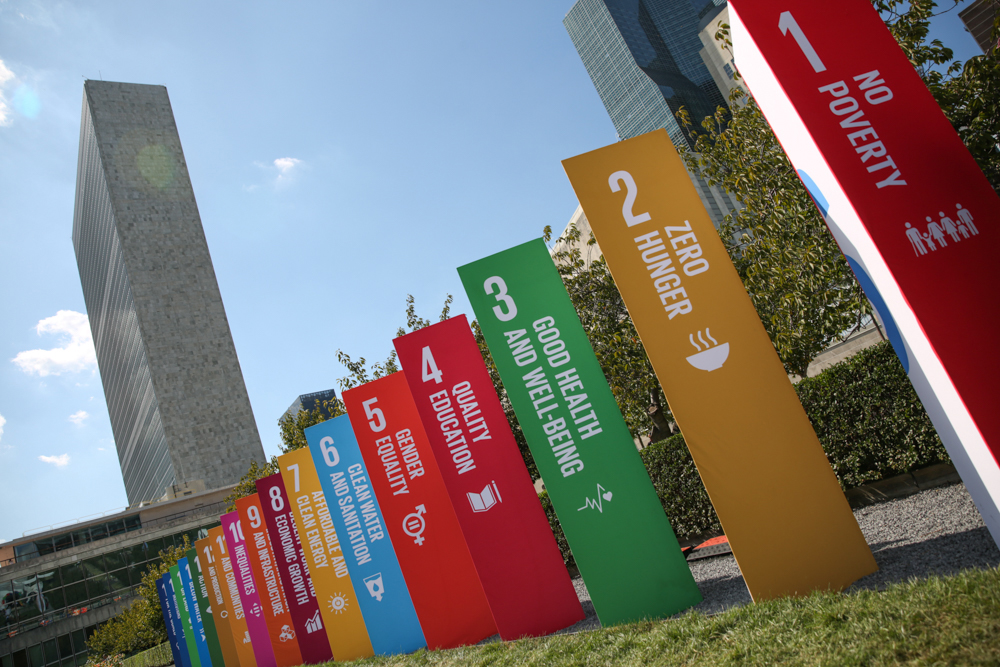
COVID-19 could set us back years and even decades, leaving countries with massive fiscal and growth challenges at a time when a “leap ahead” is desperately needed, UN Secretary-General António Guterres told the opening of the High-level Segment of the UN Economic and Social Council (ECOSOC) and the Ministerial Segment of the High-level Political Forum (HLPF) on Tuesday.
He attributed the severe impact of the pandemic to “past and present failures” to: take the SDGs seriously; address inequalities; invest in resilience; empower women and girls; heed warnings about the damage to the natural environment; address climate change; and value international cooperation and solidarity. The awakening provided by the current crisis can be a chance to create inclusive, networked, and effective multilateralism, he told participants. The Secretary-General’s warning was a cold reminder of why the HLPF is taking place virtually despite a global pandemic, and the urgency of its mission.
The session was also addressed by UN General Assembly President Tijjani Muhammad-Bande, who noted that the “decade of action” has become a “decade of recovery.” The coronavirus pandemic has exacerbated pre-existing systemic and structural inequalities in all countries, so responses must focus on the two-thirds of the world’s population at risk of being left behind, he said.
Sanna Marin, Prime Minister of Finland, also highlighted the importance of equality and sustainability. “We do well because our society is highly equal,” she said, noting that Finland is often ranked among the most sustainable economies and happiest nations in the world.
Sveinung Rotevatn, President of the fifth session of the UN Environment Assembly (UNEA 5), delivered 13 key messages from UNEA to the HLPF in the afternoon, while stressing that 2020 and 2021 are crucial years for the environment and the world cannot afford any delays. He called for ambition in multilateral environmental negotiations, particularly for the post-2020 biodiversity framework and the sound management of chemicals and waste.
In the Latin America and Caribbean region, the pandemic has led to the biggest drop in regional GDP in a century and pushed 16 million people into conditions of extreme poverty, Trevor Prescod, President of the Forum of Ministers from the region, and Minister of Environment and National Beautification, Barbados, said in his message.
The presentation of voluntary national reviews (VNRs), which resumed after the opening of the Ministerial Segment in the morning and continued through the day, faced technical issues in the morning due to connectivity problems. As a result, the usually rushed VNRs were even more chaotic. One country was unable to present its VNR in the morning as scheduled due to audio failure, presenting instead in the afternoon, and the Q&A sessions of other VNRs were interrupted, resulting in an impromptu “technical break.” Audio was eventually restored, but the quality kept fading and disrupting interpretation for other VNRs.
Eight countries presented their VNRs. Finland presented a VNR for the second time, while Bulgaria, the Russian Federation, Burundi, the Gambia, Brunei Darussalam, the Federated States of Micronesia, and North Macedonia presented VNRs for the first time.
For more details on the day’s negotiations and to read what delegates said in the cyber-corridors, see our daily Earth Negotiations Bulletin.
Images from 14 July 2020
Videos from 14 July 2020
Highlights for Monday, 13 July 2020
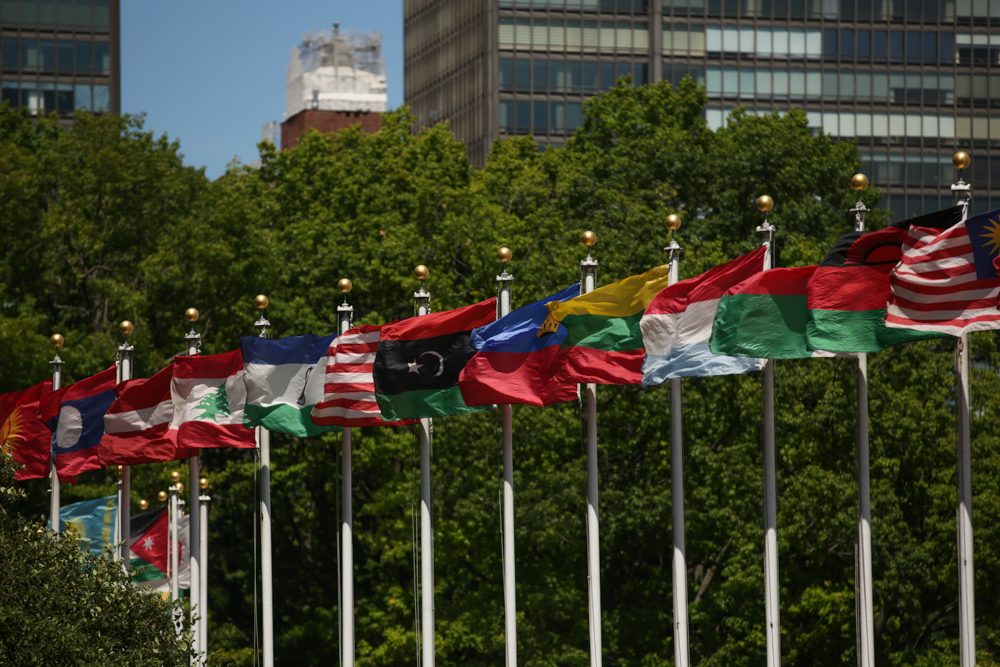
The second week of the HLPF commenced with the presentation of 14 voluntary national reviews (VNRs), in which countries share their experiences, including lessons learned, successes and challenges, and plan next steps to improve implementation of the 2030 Agenda. On Monday, Nepal, Georgia, Nigeria, Kenya, Uganda, Bangladesh, India, Morocco, Niger, Panama, Benin, Costa Rica, Peru, and Argentina presented their VNRs. Given the virtual nature of this year’s meeting, the presentations were either entirely pre-recorded (including the responses to questions), livestreamed, or included a mix of both, with recorded VNR presentations and livestreamed responses to questions.
In addition to the usual VNR elements, many review reports included preliminary information on the impacts of COVID-19 on countries' SDG and 2030 Agenda-related efforts, and on initial responses. VNRs this year were also invited to include ways to strengthen policies and governance, and to mobilize partnerships for holistic implementation of the SDGs in pursuit of a better recovery. While some VNRs, like those of Nepal and Peru, included entire sections on COVID-19 and its impacts, those of other countries, like India, Benin, and Argentina, did not make substantial references to the pandemic, possibly because it is still too early for detailed data to be available. Some countries also pointed out that the pandemic disrupted their review processes, while others said they had completed many elements of the review before the pandemic struck, or were able to complete certain elements through online consultations. During the presentations, some countries described their initial socioeconomic responses to the pandemic, including social protection measures, emergency food provision, and the promotion of e-learning and online business platforms.
Meanwhile, discussions on the ministerial declaration continued in the background, with reports of disagreement on the elements related to climate change.
For more details on the day’s negotiations and to read what delegates said in the cyber-corridors, see our daily Earth Negotiations Bulletin.
Images from 13 July 2020
Videos from 13 July 2020
Highlights for Friday, 10 July 2020
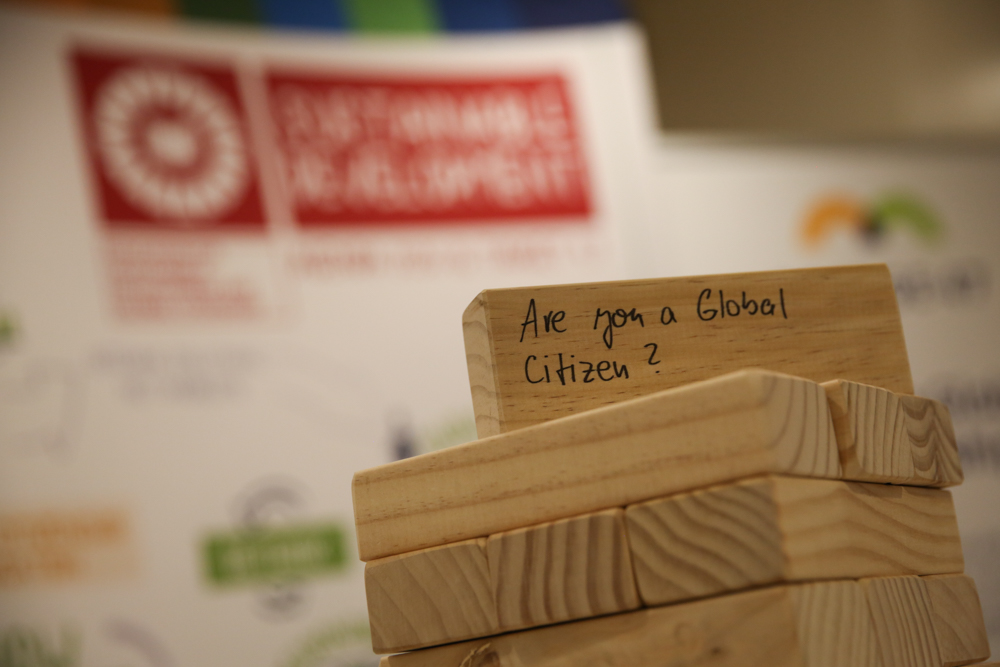
The world has been pushed further towards digitalization by the COVID-19 pandemic, as exemplified by the virtual format of the HLPF this year. During a session on science, technology, and innovation (STI) on Friday morning, some speakers saw this as a welcome change that can usher in greater use of technology to deal with global crises, while others worried about the further exclusion of the 3.3 billion that still lack access to the Internet. A speaker worried about a “digital dreamworld that enriches a few,” and observed that even Internet access could be meaningless without meaningful participation. The STI discussion also touched on the threat to global scientific cooperation from the rise in nationalism; and the need to counter disinformation and protect rights, including privacy, online.
The STI session was preceded by a discussion on mobilizing well-directed financing. Speakers underscored the importance of maintaining existing official development assistance (ODA) levels in the context of falling external flows and tax revenues in low and middle-income countries. The issue of using vulnerability as a criterion for determining eligibility for concessional finance, instead of only income levels, was reiterated.
While some global cooperation measures in response to the pandemic were mentioned, including a EUR 5 billion package from the European Investment Bank to support COVID-19-related recovery responses in the poorest countries, and non-earmarked multilateral core support for pandemic response from Sweden, participants called for measures to go further. Speakers proposed wider and deeper debt cancellation, relief, and restructuring; additional finance without debt or conditionalities; and reviews of illegitimate debt practices, and of lending and borrowing policies. The role of private finance was also emphasized. Governments were urged to assess the access to, and impact of, recovery and stimulus packages on vulnerable sections of society; and to align public and private finance with the SDGs and Paris Agreement.
Five countries presented their voluntary national reviews (VNRs) in the afternoon: Armenia, Samoa, Ecuador, Honduras, and Slovenia. Opening the session on VNRs, UN Deputy Secretary-General Amina J. Mohammed highlighted this year’s focus on how budgets and financing frameworks are supporting the implementation of Sustainable Development Goals (SDGs). “Peer learning is at the heart of the VNR process,” said Juan Sandoval, Permanent Representative of Mexico and Chair of the Group of Friends of the VNRs and Follow-up and Review of the 2030 Agenda, while also noting that without commitment and follow-up, the 2030 Agenda for Sustainable Development is pure rhetoric. The presentation of the last VNR was interrupted due to technical difficulties with the audio, and the session was adjourned.
For more details on the day’s negotiations and to read what delegates said in the cyber-corridors, see our daily Earth Negotiations Bulletin.
Images from 10 July 2020
Videos from 10 July 2020
Highlights for Thursday, 9 July 2020
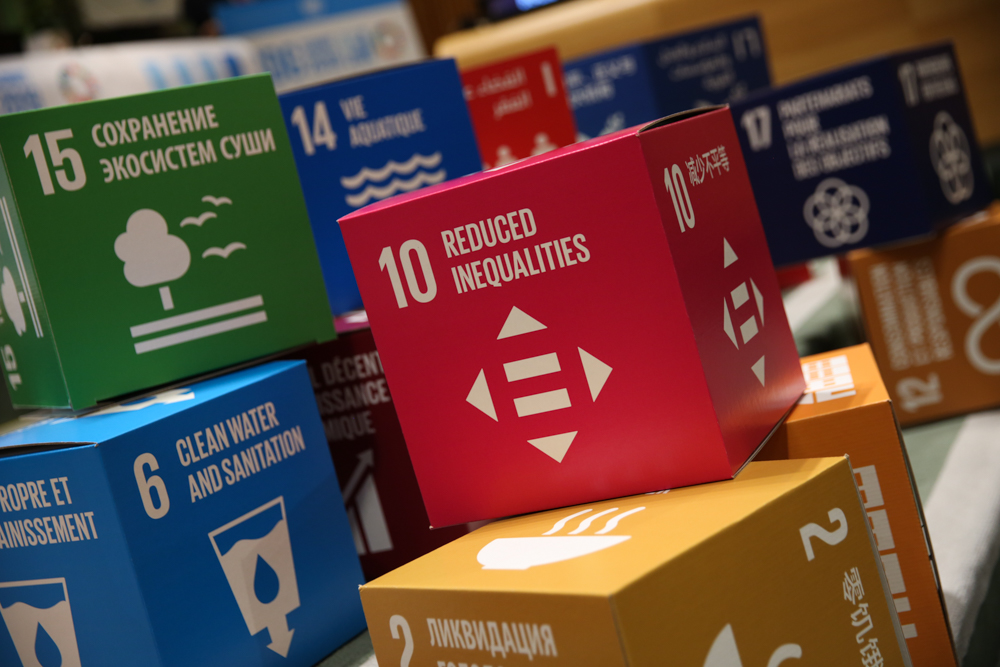
The themes of inclusion and solidarity were front and center at the HLPF on Thursday, as delegates continued to discuss the umbrella theme of “building back better” after COVID-19 to have the greatest impact on the SDGs.
The session on “Bolstering local action to control the pandemic and accelerate implementation” focused on inclusion at the local level. Participants highlighted the role of local, city, and regional governments, including in the production of Voluntary Local Reviews (VLRs). Delegates raised fears of exclusion from public consultation and participation in development projects due to pandemic-related restrictions, the digital divide, and the rise in organized crime. While many speakers acknowledged the potential role of science, technology, and innovation in making cities and urban areas more inclusive, they also emphasized that investments are needed to support inexpensive, bottom-up, scalable, low-tech innovations that address basic human needs and avoid further exclusion.
The session on “Are we leaving no one behind in eradicating poverty and working towards the 2030 Agenda?” raised further issues related to exclusion and discrimination in recovery efforts, of poor and vulnerable communities, women, indigenous peoples, and persons with disabilities. Speakers called for social safety nets, redistribution policies, addressing the digital divide, and quality data. One participant called for an “early warning system” for social and economic issues, such as data to identify emerging vulnerable groups; while another urged enhancing the capacity of vulnerable groups to engage in direct dialogue with governments.
In the afternoon, participants discussed “Mobilizing international solidarity, accelerating action, and embarking on new pathways to realize the 2030 Agenda and respond to COVID-19: African countries, Least Developed Countries (LDCs), and Landlocked Developing Countries (LLDCs).” Speakers urged the use of parameters related to well-being, job creation, resilience, inclusiveness, and equity as measures of success, instead of GDP. They described solidarity measures within the African continent to share political and strategic guidance, secure borders, and mobilize resources to support preparedness and response to the pandemic. Participants identified a number of priority areas, including: food systems; transport connectivity; trade facilitation; access to information and communication technologies; digital connectivity; and capacity building to increase imports. In addition, they emphasized global cooperation and “standby” action plans and financing mechanisms to reduce the impacts of global crises and safeguard development gains.
For more details on the day’s negotiations and to read what delegates said in the cyber-corridors, see our daily Earth Negotiations Bulletin.
Images from 9 July 2020
Videos from 9 July 2020
Highlights for Wednesday, 8 July 2020
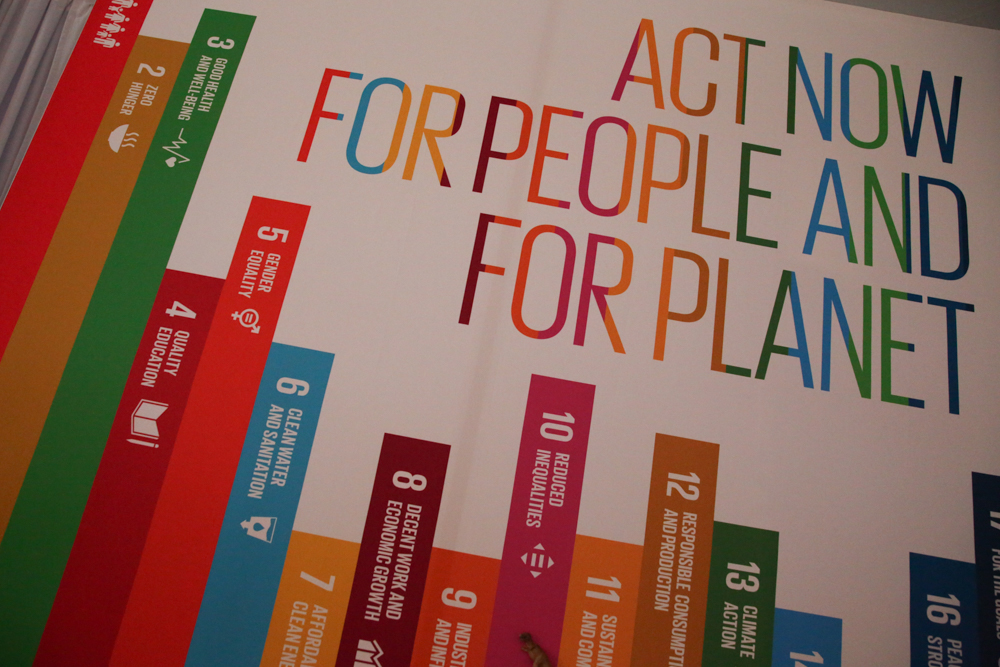
COVID-19 has uncovered several shortcomings in both global and national systems, and the calls for reform were repeated during the second day of the HLPF. Discussions continued under the umbrella theme of “Building back better after COVID-19 and acting where we will have the greatest impact on the SDGs.”
In a session on “Responding to the economic shocks, relaunching growth, sharing economic benefits and addressing developing countries’ financing challenges” in the morning, experts called for measures such as: “a global risk pooling reserve fund” to cushion vulnerable countries against chronic risks, including climate change; social protection; and labor protection floors. In the discussion, governments shared national efforts to address the impacts of COVID-19, while describing global solidarity as the “only antidote” to its devastating impacts.
The “everyday challenges of smallness and isolation” of small island developing states (SIDS) were in sharp focus during the session on “Mobilizing international solidarity, accelerating action and embarking on new pathways to realize the 2030 Agenda and the SAMOA Pathway.” With tourism at a standstill, delegates from SIDS described themselves as “walking a tightrope” between vanishing revenue streams and a major pile-up of debt that needs servicing. Most of them are locked out from access to concessional finance because they fall into the middle-income country (MIC) category. The situation is “untenable,” and a number of speakers – not only from small islands – agreed that income indicators are too narrow as criteria for access to official development assistance (ODA) and other forms of concessional finance. Instead vulnerability, with all its dimensions should be the focus, said one delegate.
The session on “Protecting the planet and building resilience” discussed the importance of moving from disaster response to prevention, and of integrated approaches across the 2030 Agenda, the Sendai Framework for Disaster Risk Reduction, the Convention on Biological Diversity (CBD), and the Paris Agreement on climate change. The importance of prioritizing local traditions, needs, and aspirations to protect the planet was recognized. Governments were urged, among other things, to ensure that their recovery efforts: “do no further harm” to the health of people and nature; employ subsidies, incentives, investments, and regulations to encourage positive behavior; and mainstream the health of people and nature into all sectors of the economy.
Finally, a session on “Sustaining efforts to ensure access to sustainable energy” highlighted the synergies between efforts to achieve SDG 7 (access to affordable, reliable, and sustainable energy) and the 2030 Agenda, plan post-pandemic recovery, and address climate change.
For more details on the day’s negotiations and to read what delegates said in the cyber-corridors, see our daily Earth Negotiations Bulletin.
Images from 8 July 2020
Videos from 8 July 2020
Highlights for Tuesday, 7 July 2020
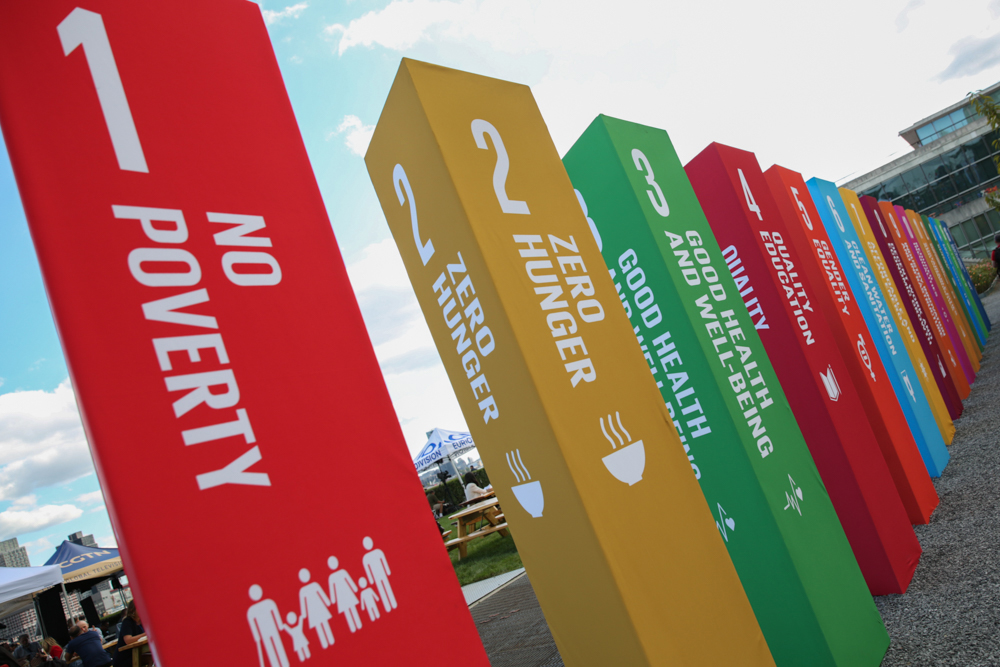
It was business un-usual at the 2020 meeting of the High-level Political Forum on Sustainable Development (HLPF), which opened on Tuesday. Due to the COVID-19 pandemic, however, the HLPF is taking place virtually. While locally-based Permanent Representatives were at the UN Headquarters in New York, most other participants joined from different parts of the world.
The HLPF is mandated to review progress on the 17 Sustainable Development Goals (SDGs) and assess progress towards achieving the 2030 Agenda for Sustainable Development (2030 Agenda). The agenda for the 2020 session, however, was altered to focus on the impacts of the COVID-19 pandemic on the SDGs.
In the opening session, Mona Juul, Permanent Representative of Norway and President, UN Economic and Social Council (ECOSOC), said this is a crucial HLPF meeting that can be a springboard towards “building back better” from COVID-19 and moving the world towards implementing the SDGs.
Liu Zhenmin, UN Under-Secretary-General for Economic and Social Affairs, presented the UN Secretary-General’s report on progress towards the SDGs. While progress was already uneven before the pandemic, he noted, COVID-19 has had considerable adverse impacts that disproportionately affect the poorest and most vulnerable. He called for increased multilateralism and international cooperation, a comprehensive multilateral response cumulatively amounting to at least 10% of GDP globally, and additional financial resources for developing countries.
In the morning, a panel discussion on keeping the focus on the SDGs while combating COVID-19 focused on: SDGs, regional dimensions, and countries at different levels of development including middle-income countries; and 2020 targets, data, and institutions for integrated policy making. Vera Songwe, Executive Secretary, Economic Commission for Africa and Coordinator of Regional Commissions, said the pandemic demonstrated that existing GDP-based country classifications are not applicable in every situation, as middle-income countries and small island states reliant on sectors like tourism and oil production were severely affected, irrespective of their income levels.
In the afternoon, a two-part session was held, on building back better after COVID-19 and what can have the greatest impact on the SDGs. The first part focused on protecting and advancing human well-being and ending poverty, while the second part focused on ending hunger and achieving food security.
The day ended with stakeholder perspectives on transformative pathways to realize the 2030 Agenda, through a whole-of-society approach, taking into account the impact of COVID-19. Haaziq Kazi, a Grade 8 student from Indus International School, India, on behalf of the Children and Youth Major Group, noted that the greatest barrier to progress is not the lack of solutions, but our love of models that have proven insufficient in the face of current realities.
For more details on the day’s negotiations and to hear what delegates said in the cyber-corridors, see our daily Earth Negotiations Bulletin.
Images from 7 July 2020
Videos from 7 July 2020
HLPF Resources
IISD ENB/ENB+ Meeting Coverage
- HLPF 2019, 9-19 July 2019, UN Headquarters, New York
- HLPF 2018, 9-18 July 2018, UN Headquarters, New York
- Coverage of Selected Side Events at HLPF 2018, 9-18 July 2018, UN Headquarters, New York
- HLPF 2017, 10-19 July 2017, UN Headquarters, New York
- HLPF 2016, 11-20 July 2016, UN Headquarters, New York
- HLPF 2015, 26 June - 8 July 2015, UN Headquarters, New York
- HLPF 2014, 30 June - 9 July 2014, UN Headquarters, New York
- Final Session of the UN Commission on Sustainable Development (CSD) and Inaugural Session of the HLPF, 20 and 24 September 2013, UN Headquarters, New York
- ENB Coverage of SDGs Related Meetings
IISD Resources
- Subscription Page for IISD Reporting Services Peer-to-Peer Mailing Lists (including SDG, FORESTS-L, BIODIVERSITY-L, CLIMATE-L, OCEANS-L, and Regional Updates)
- SDG Knowledge Hub - An Online Resource Center for News and Commentary Regarding the Implementation of the United Nations’ 2030 Agenda for Sustainable Development, including all 17 Sustainable Development Goals (SDGs)
- Linkages Update - International Environment and Sustainable Development News

